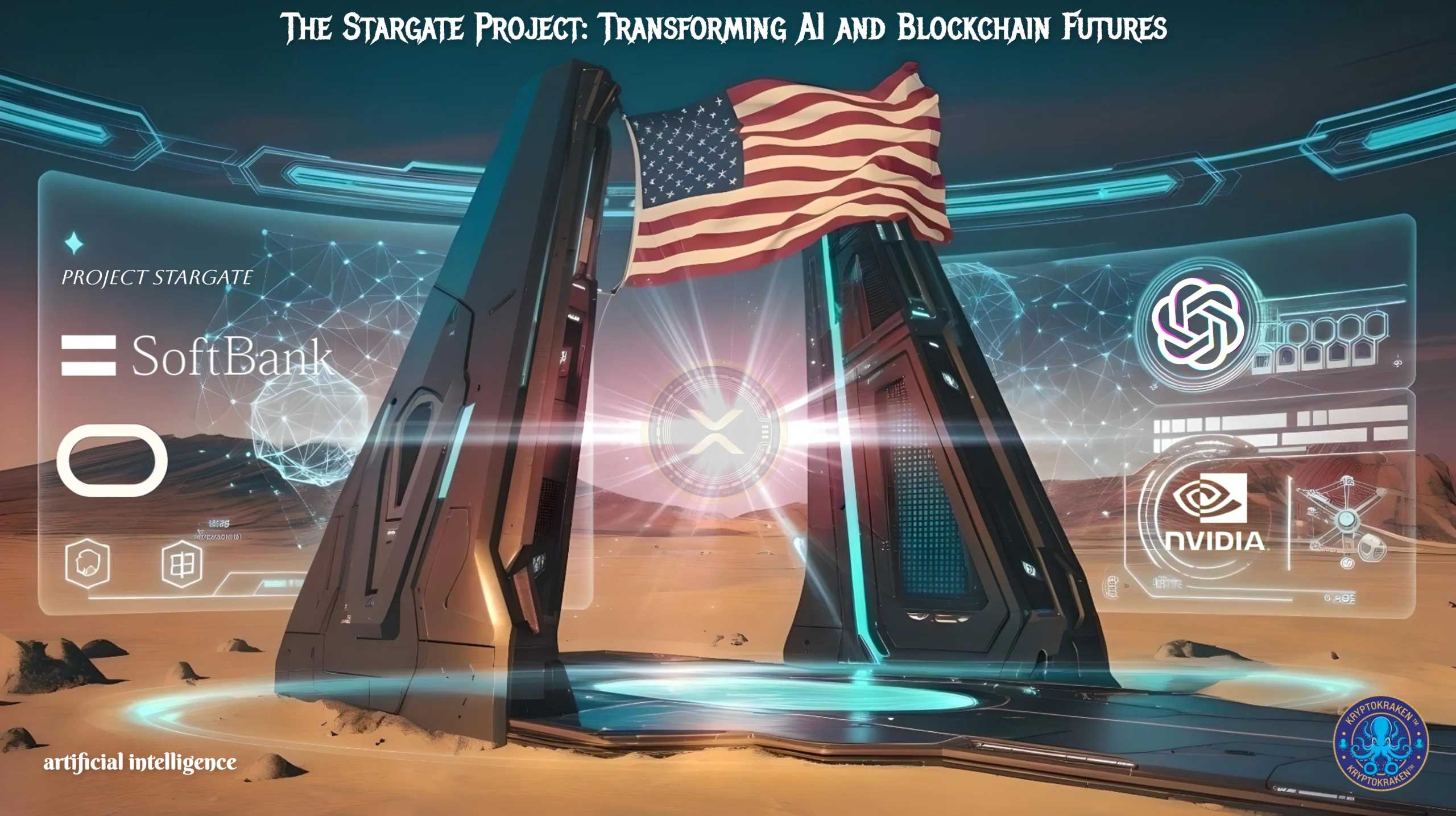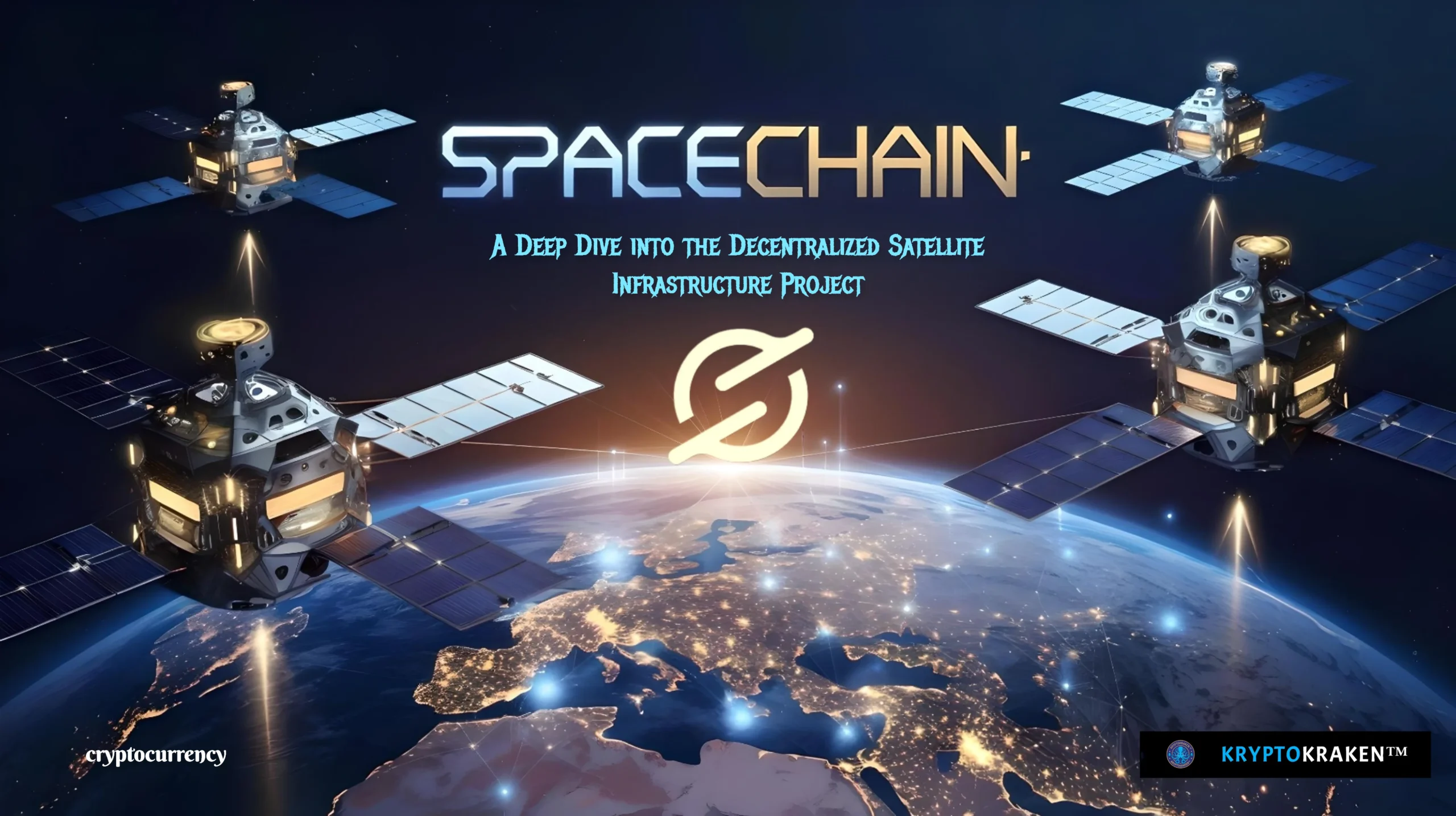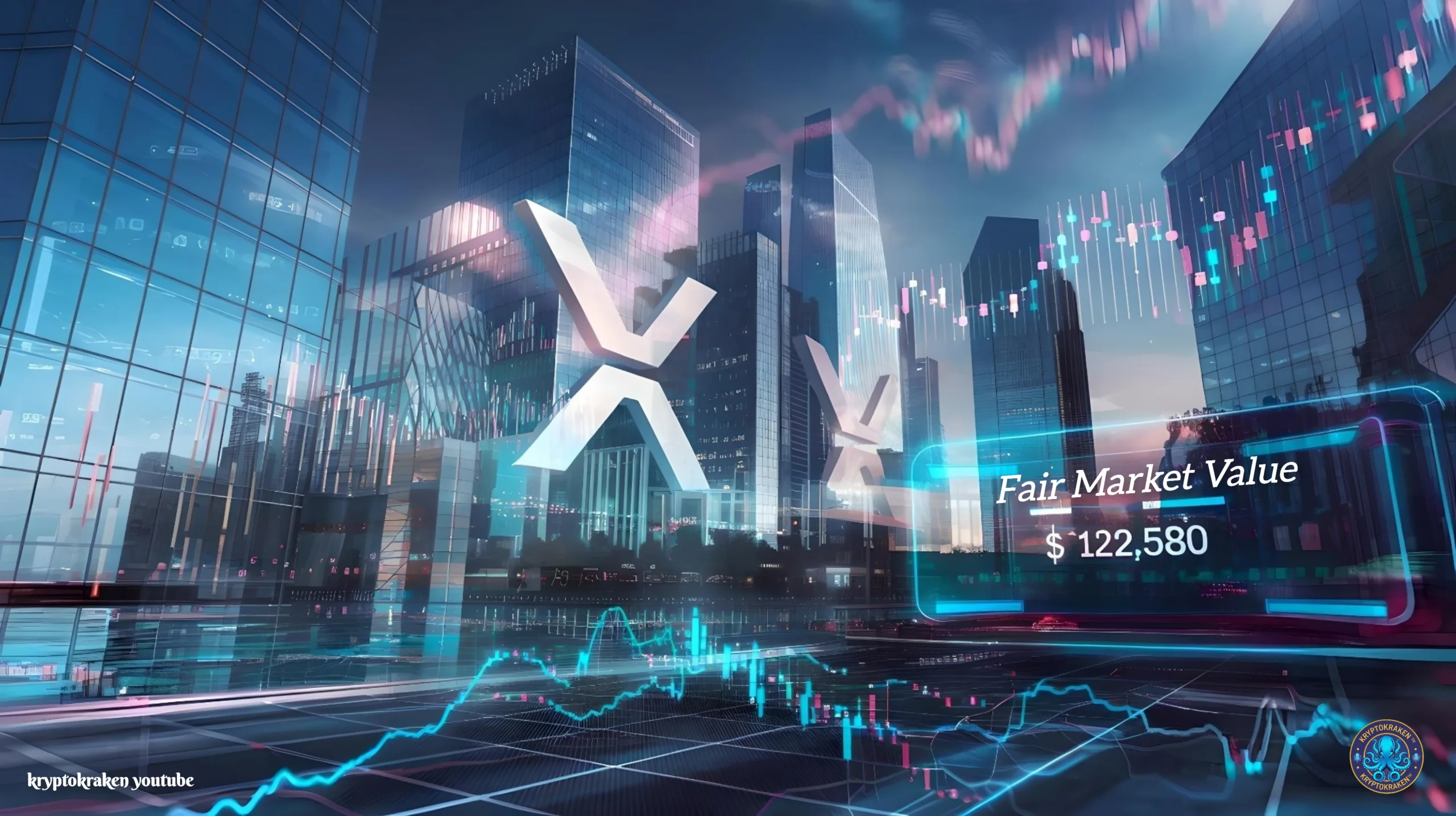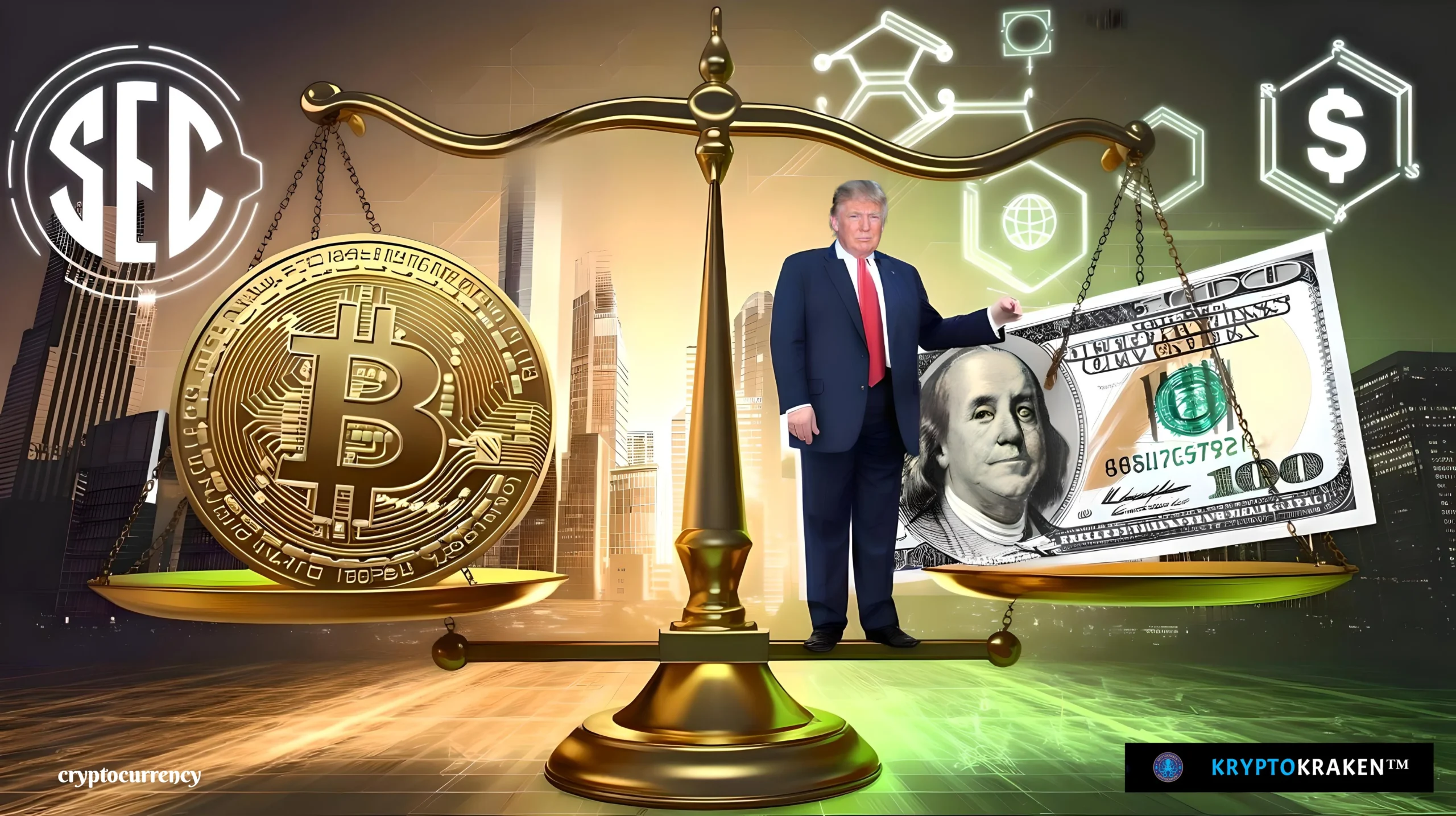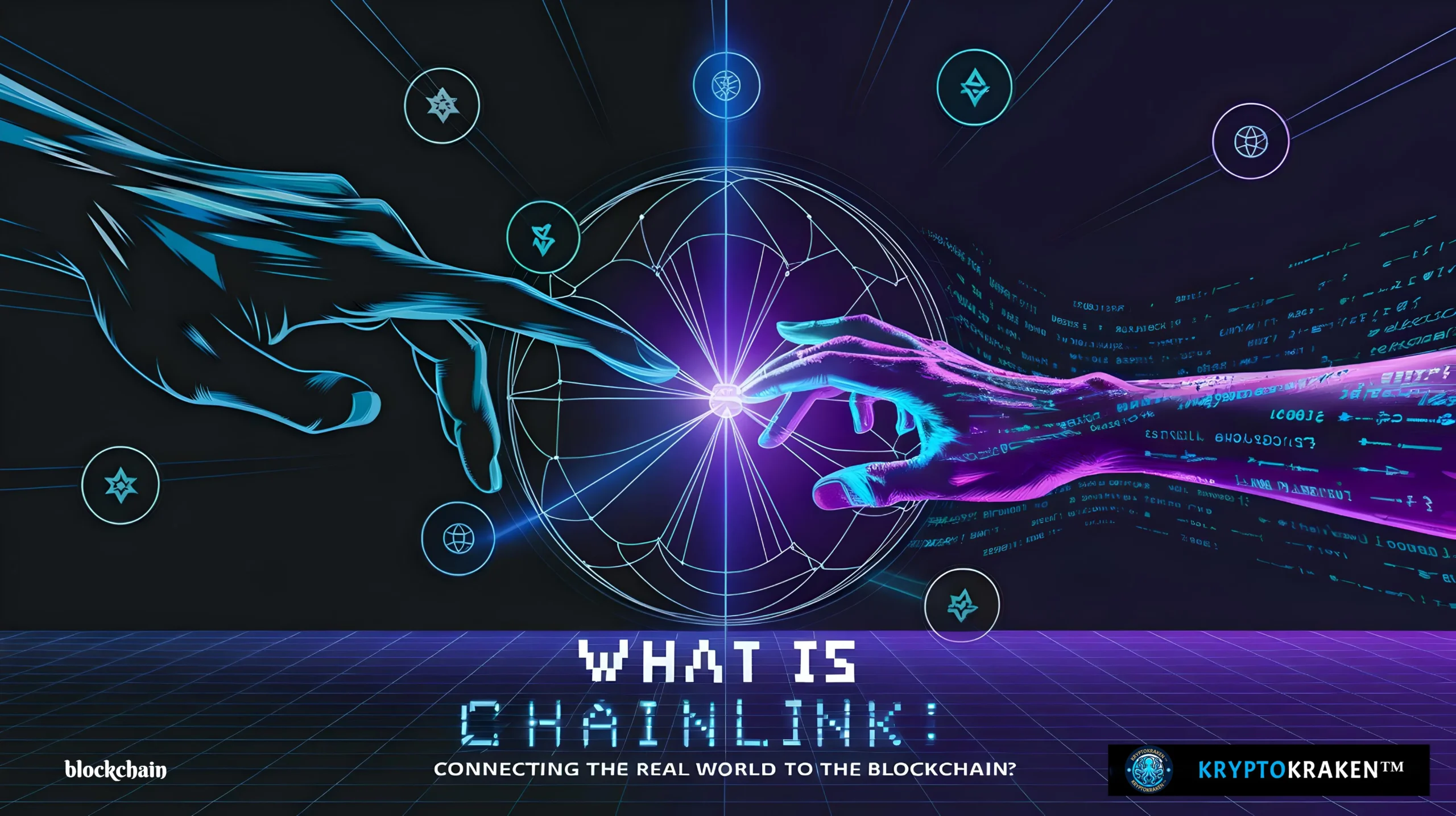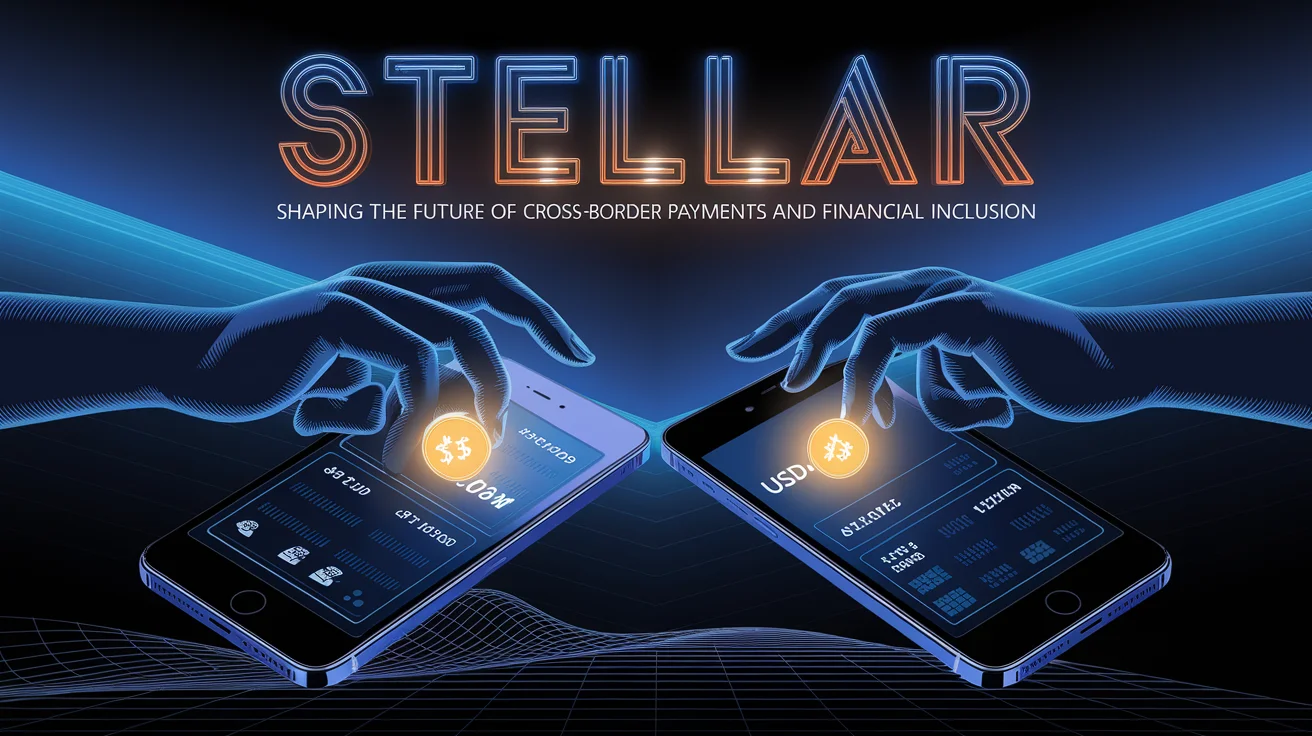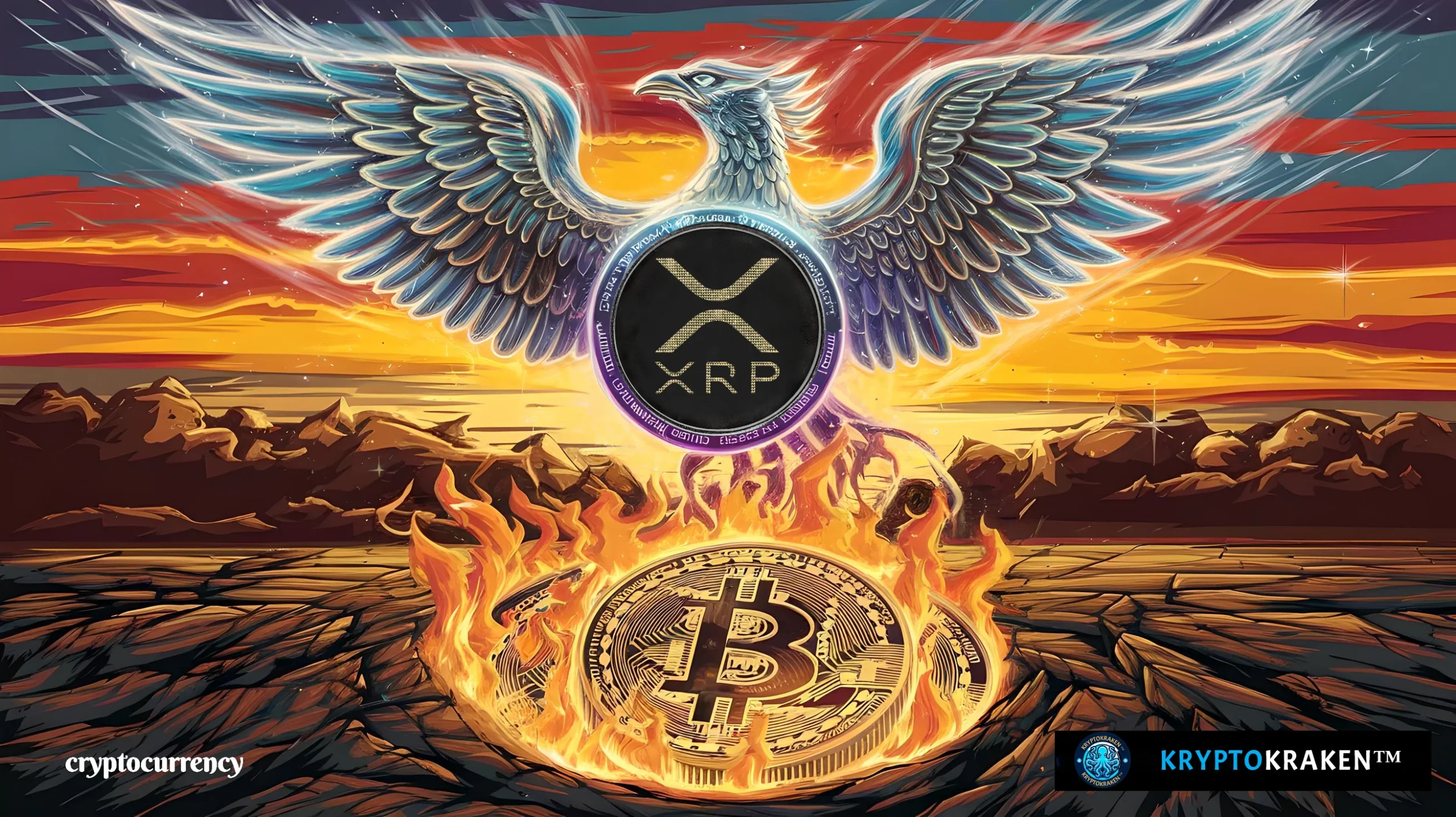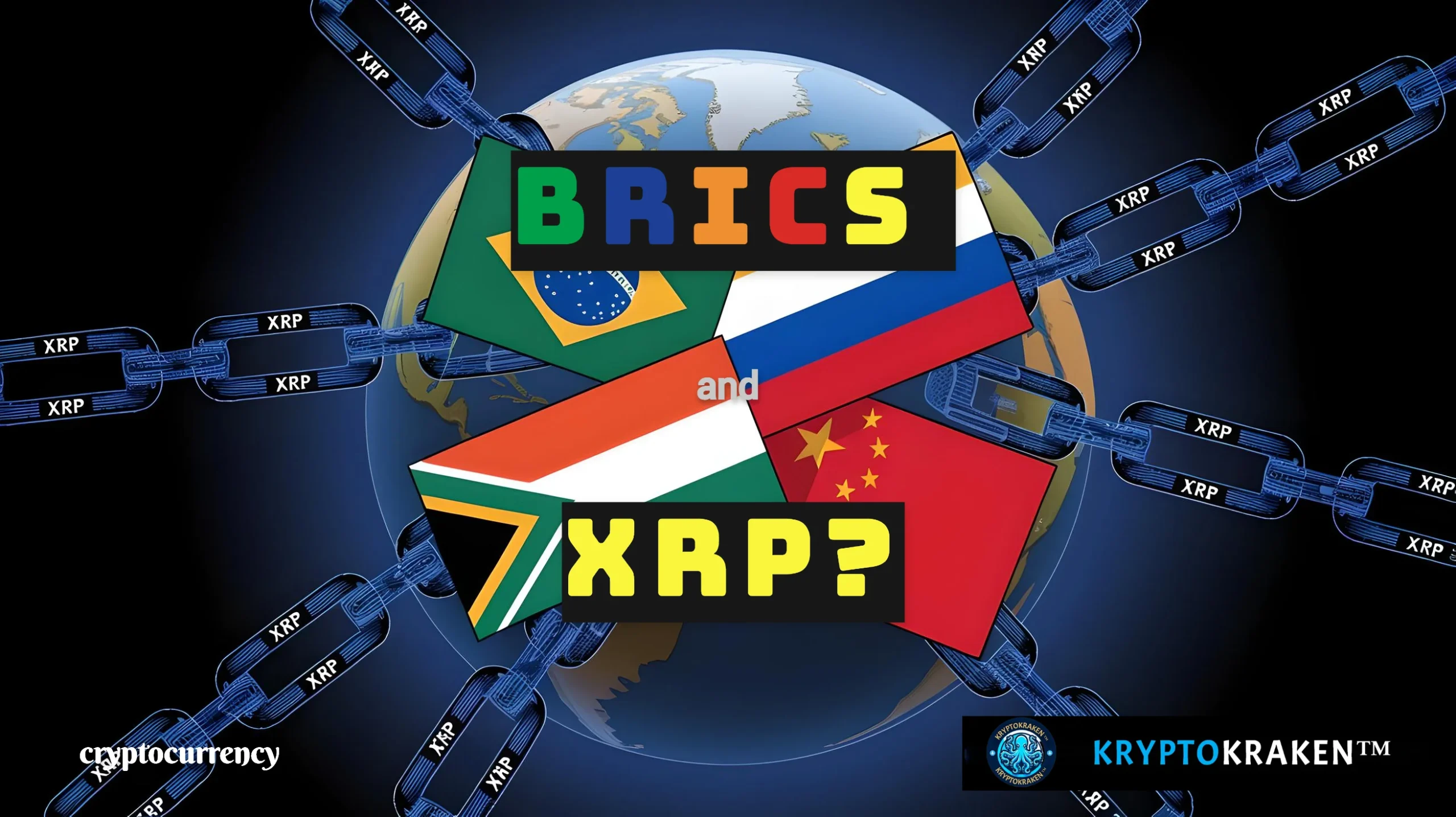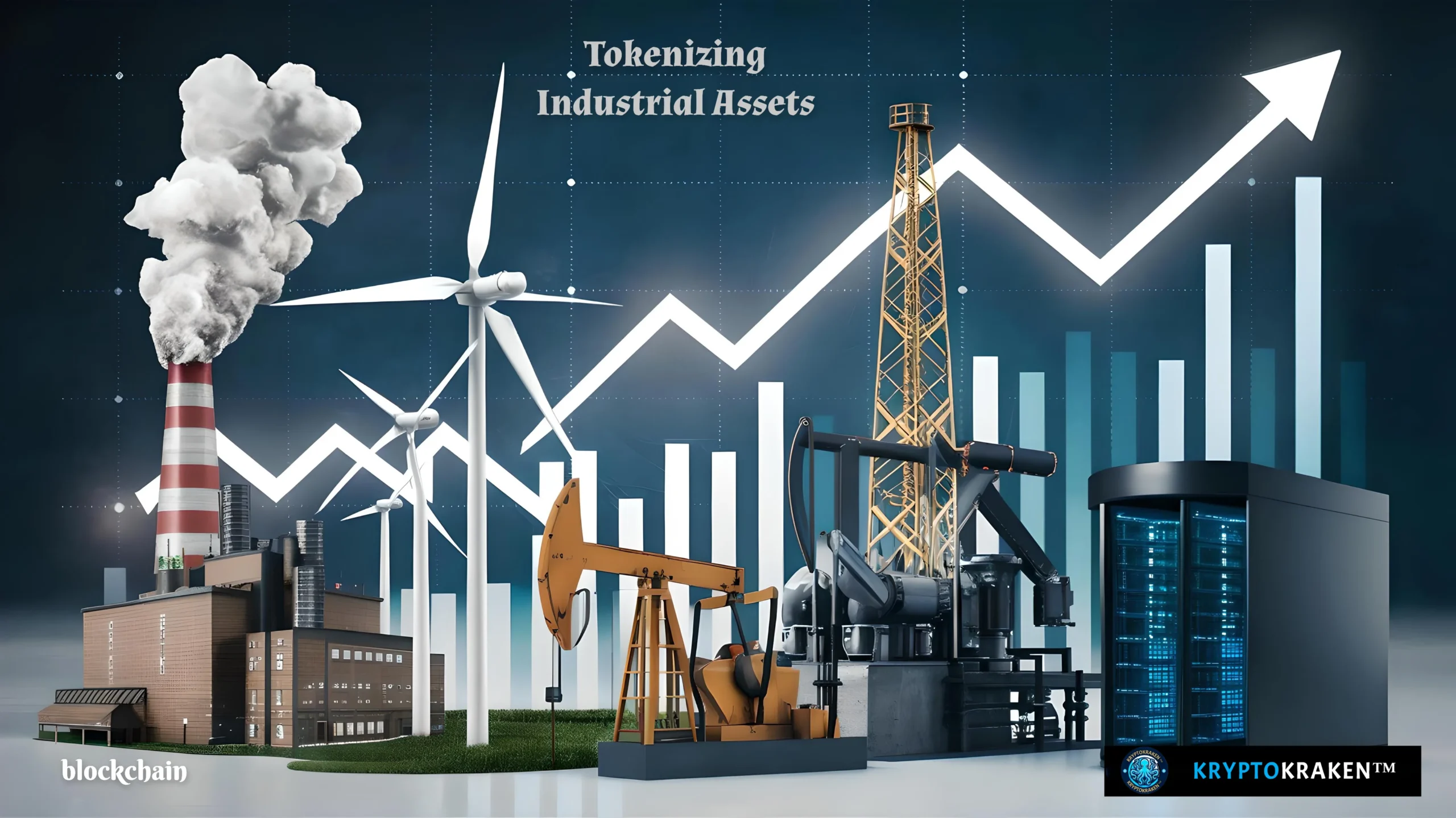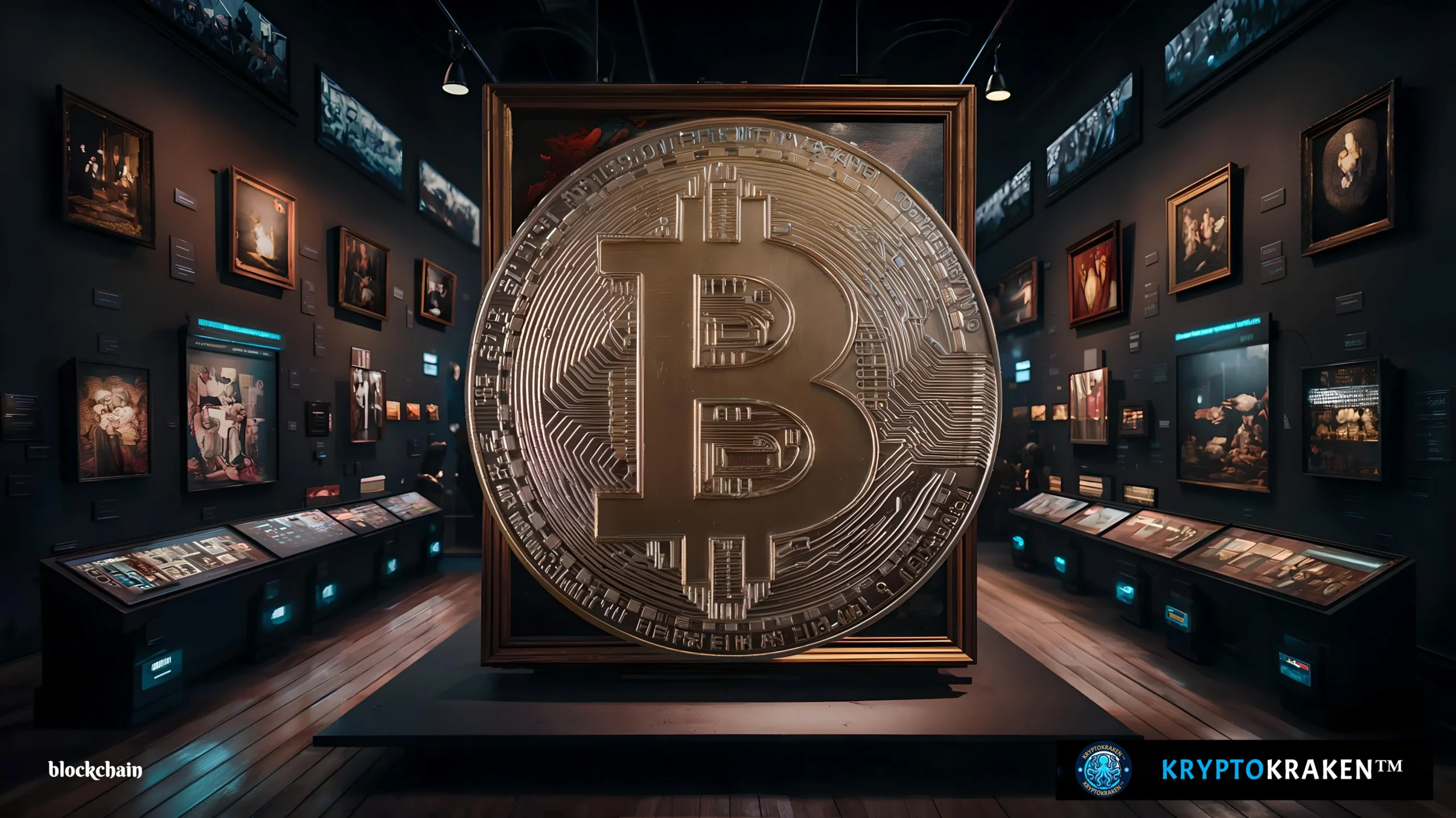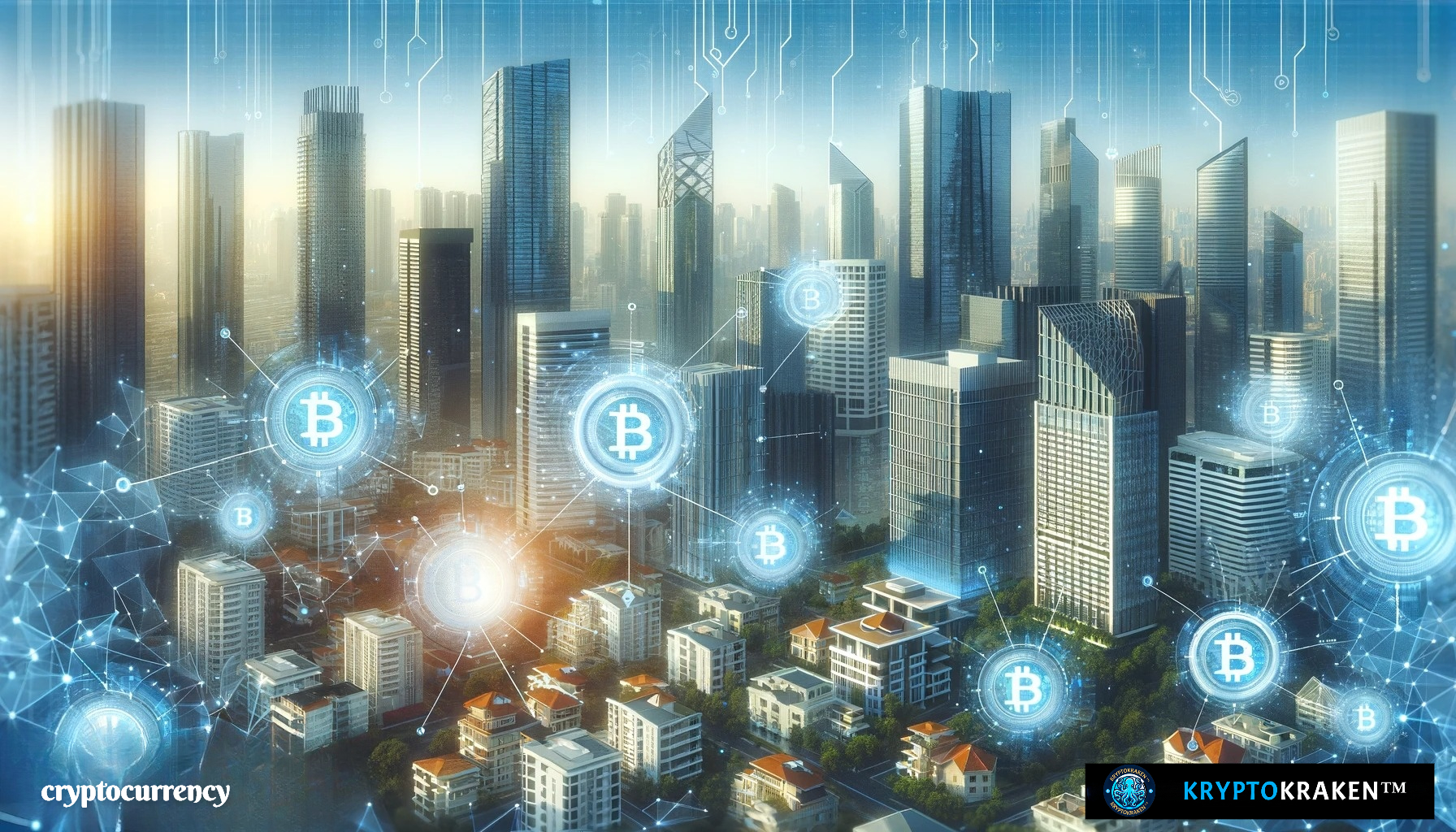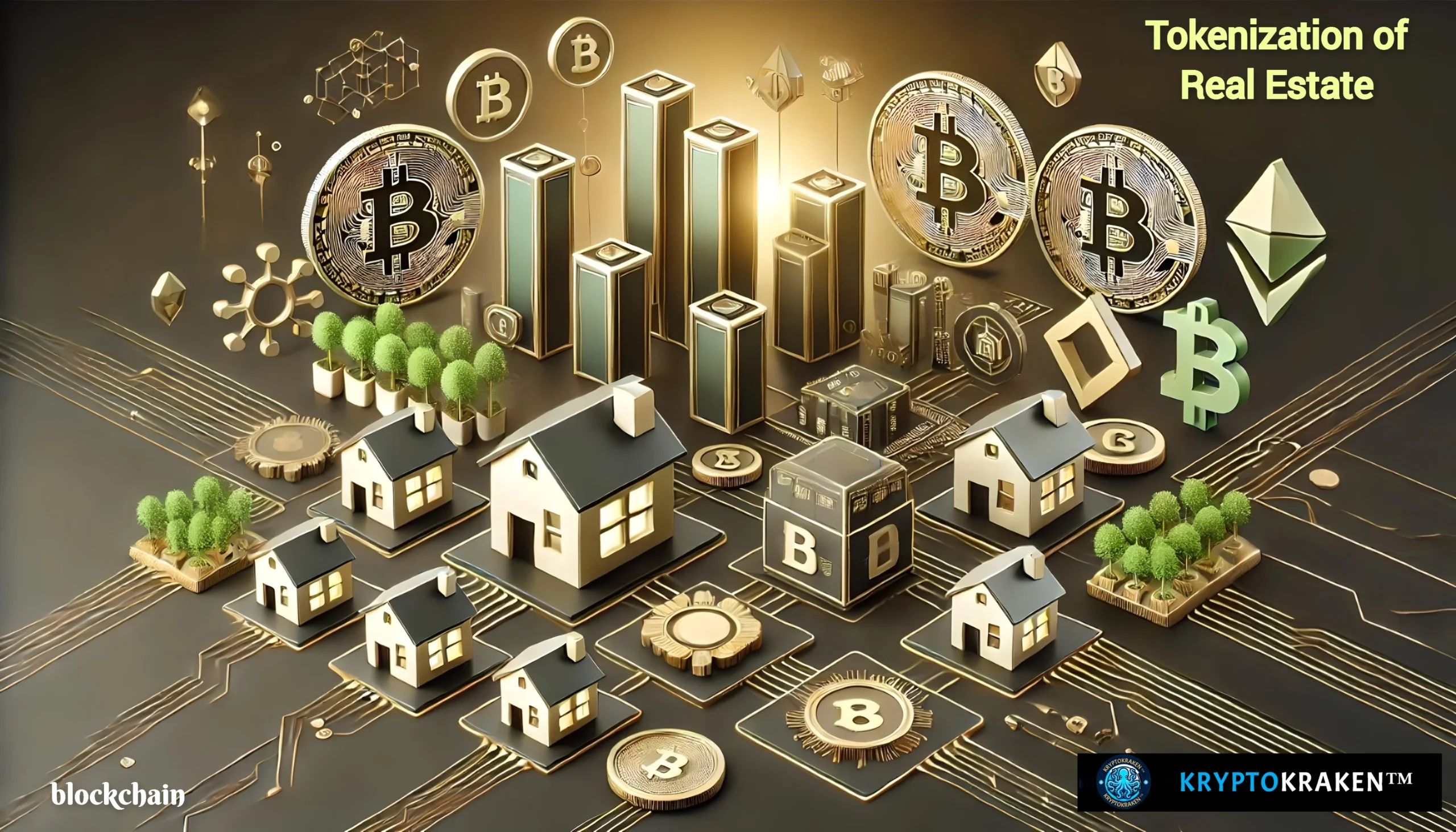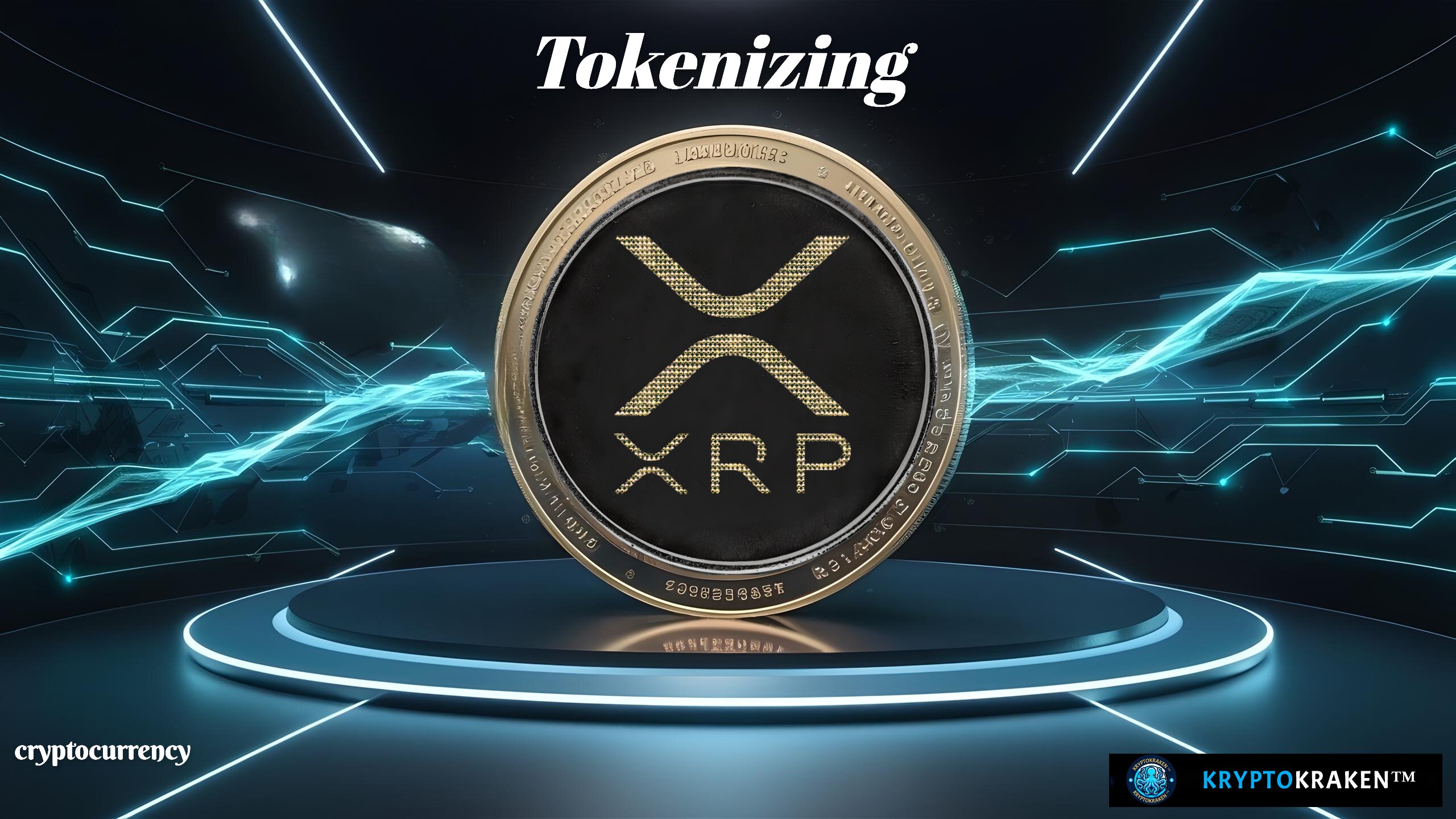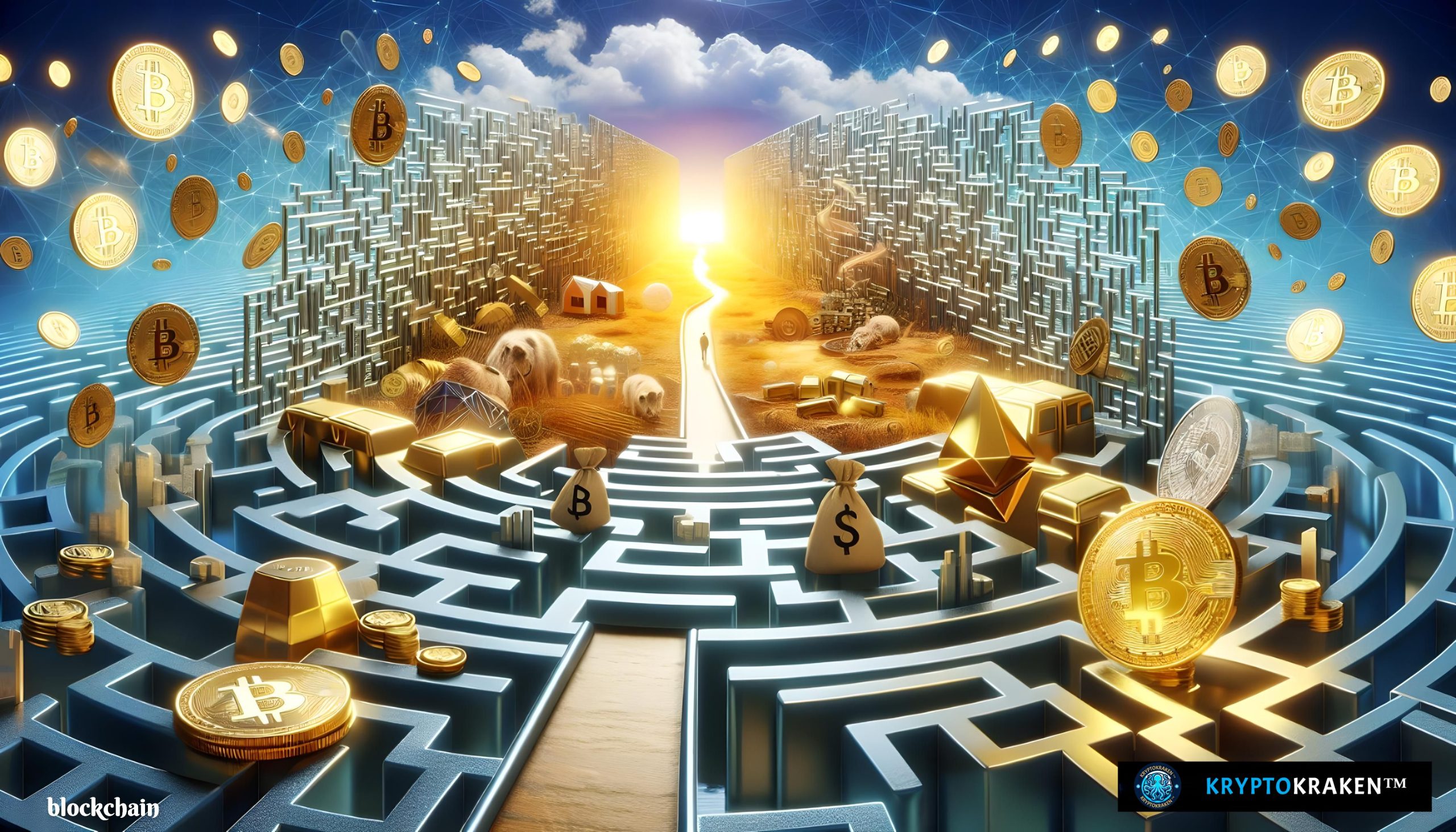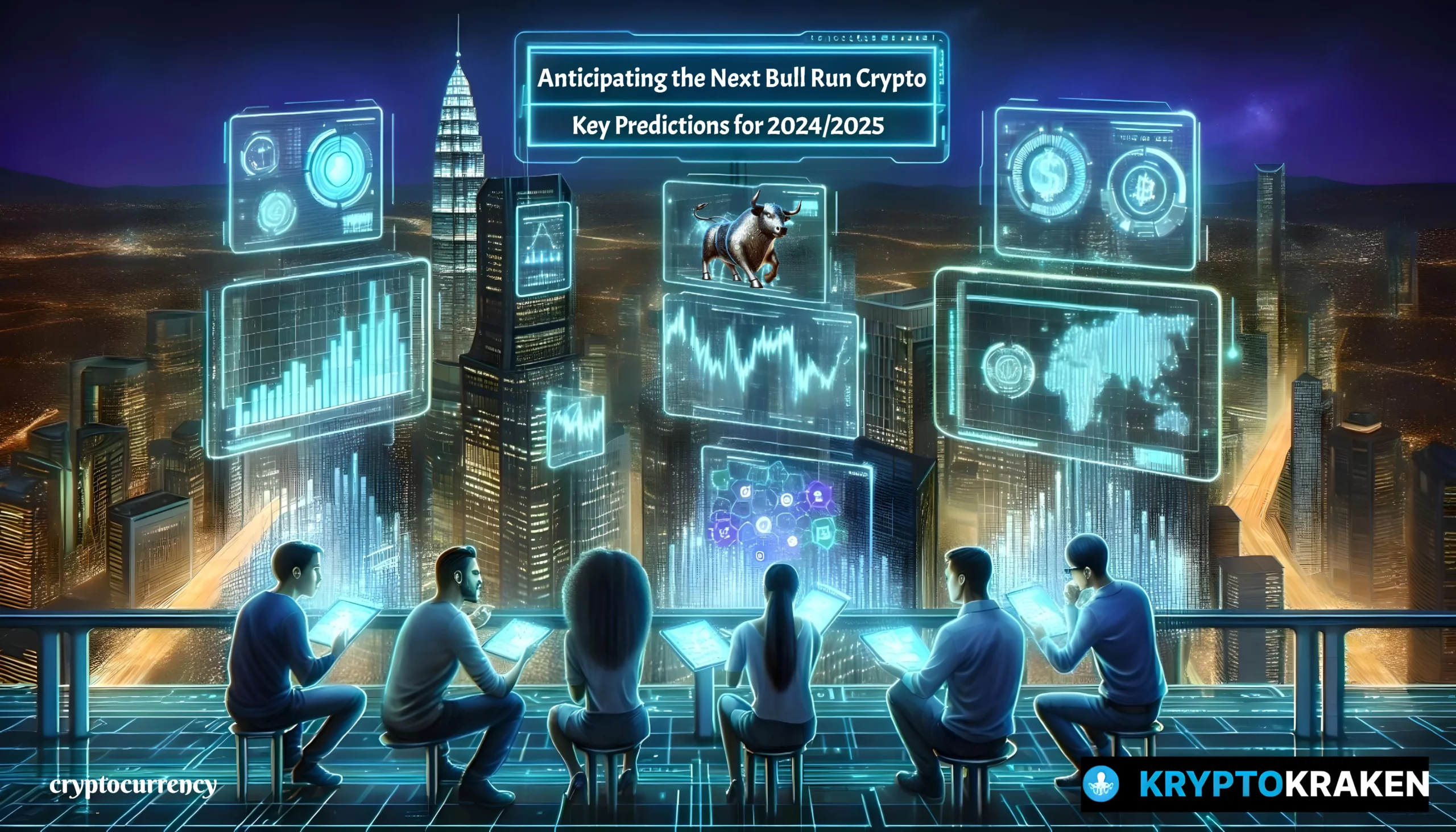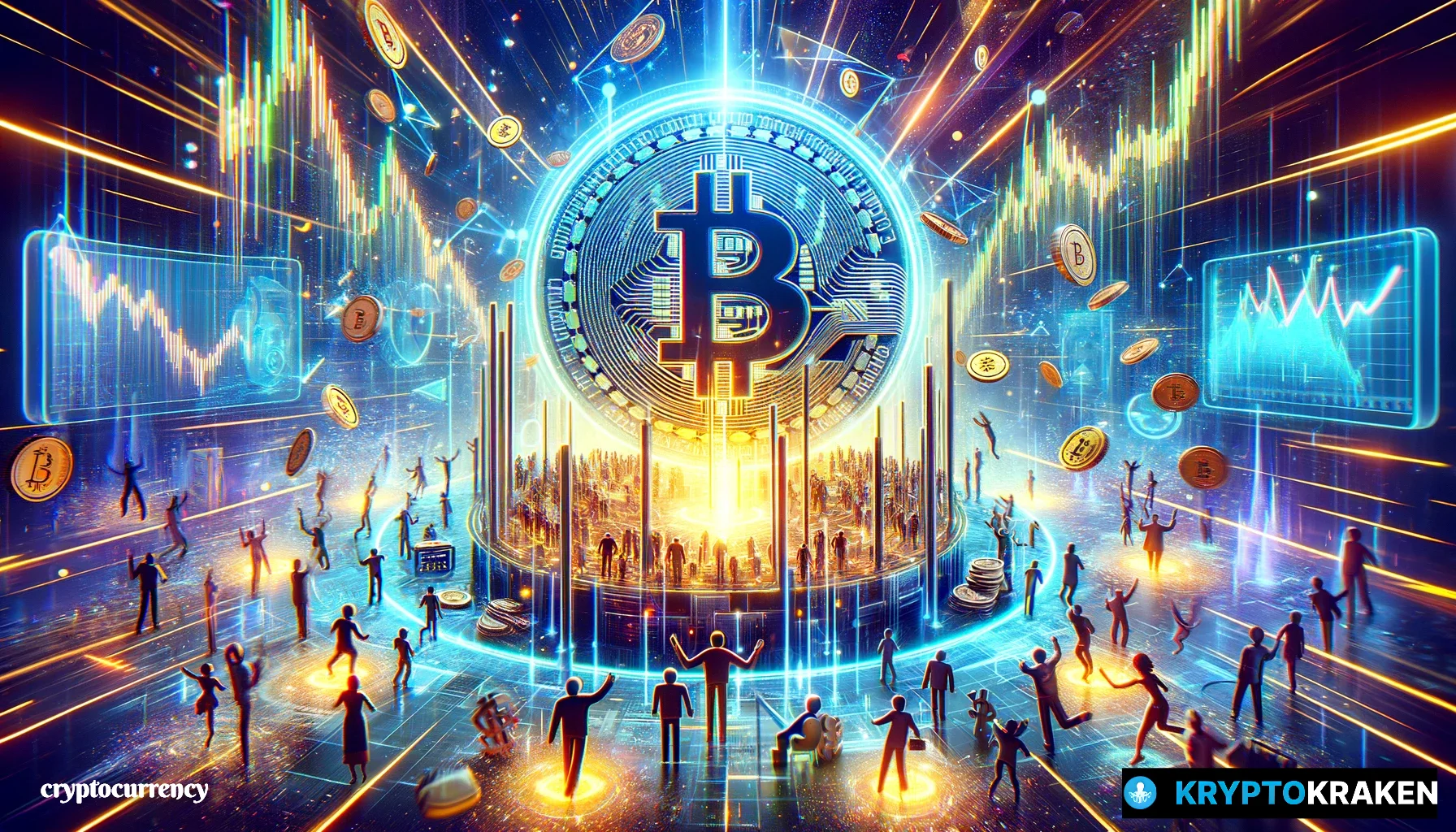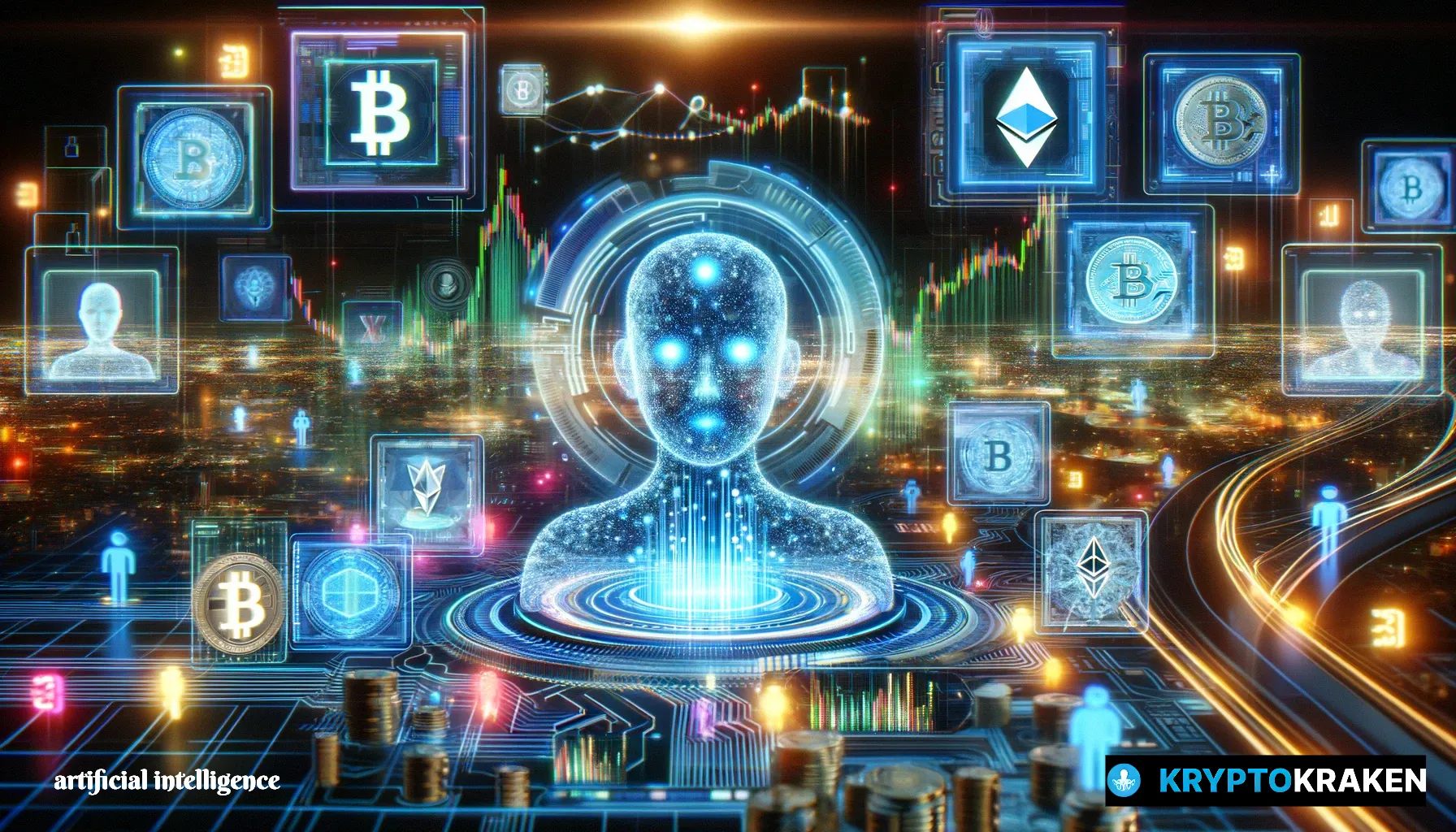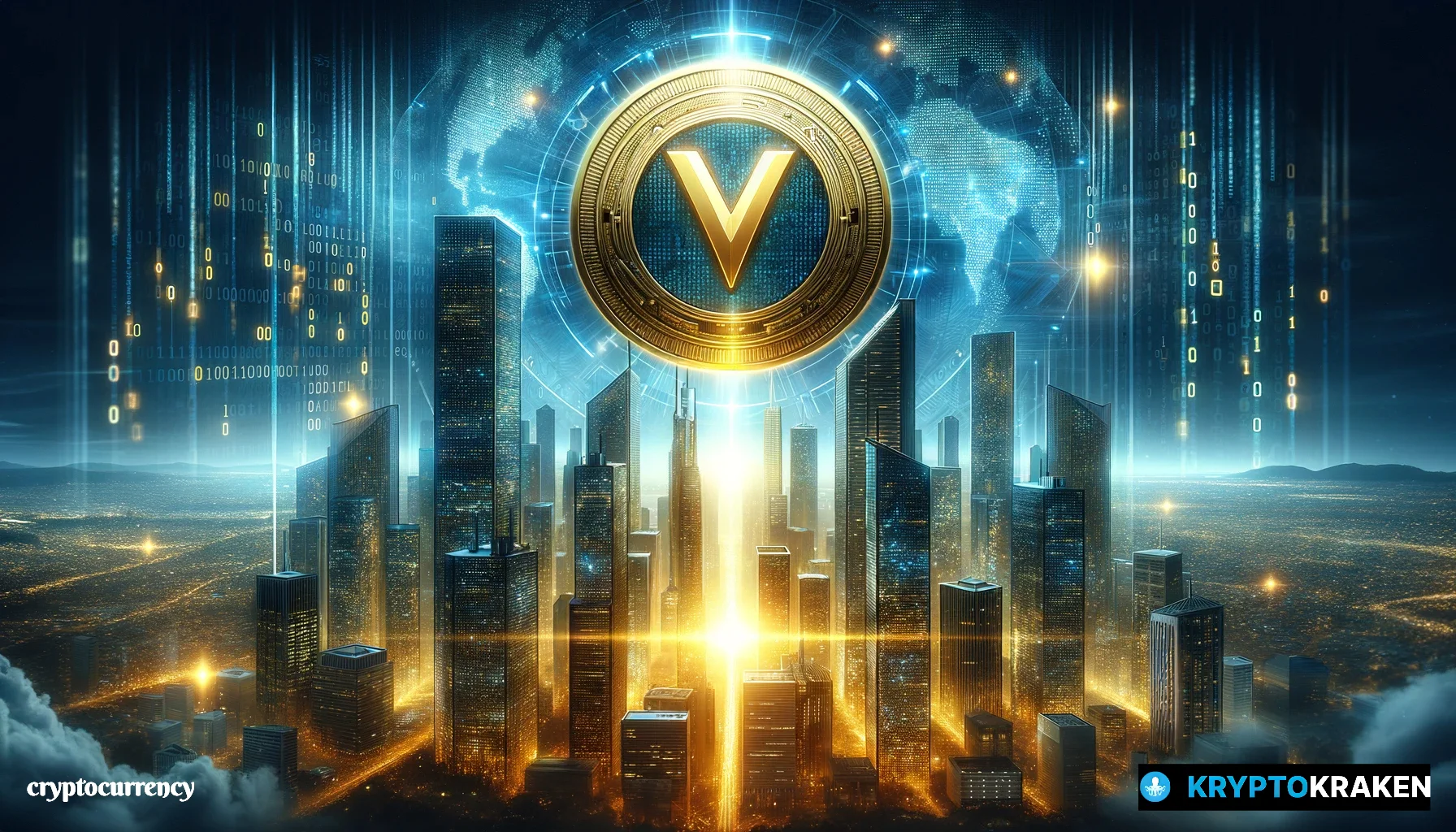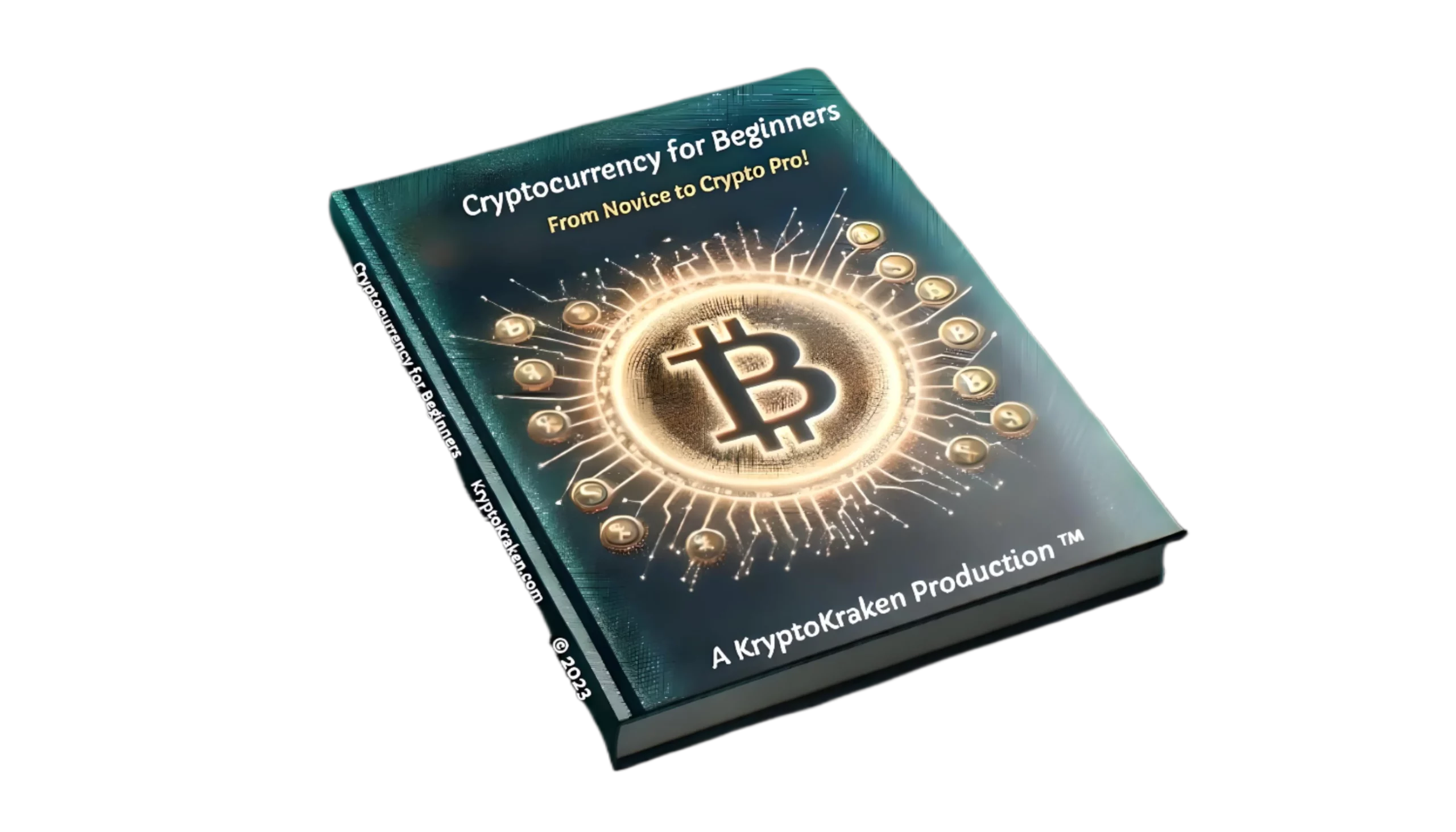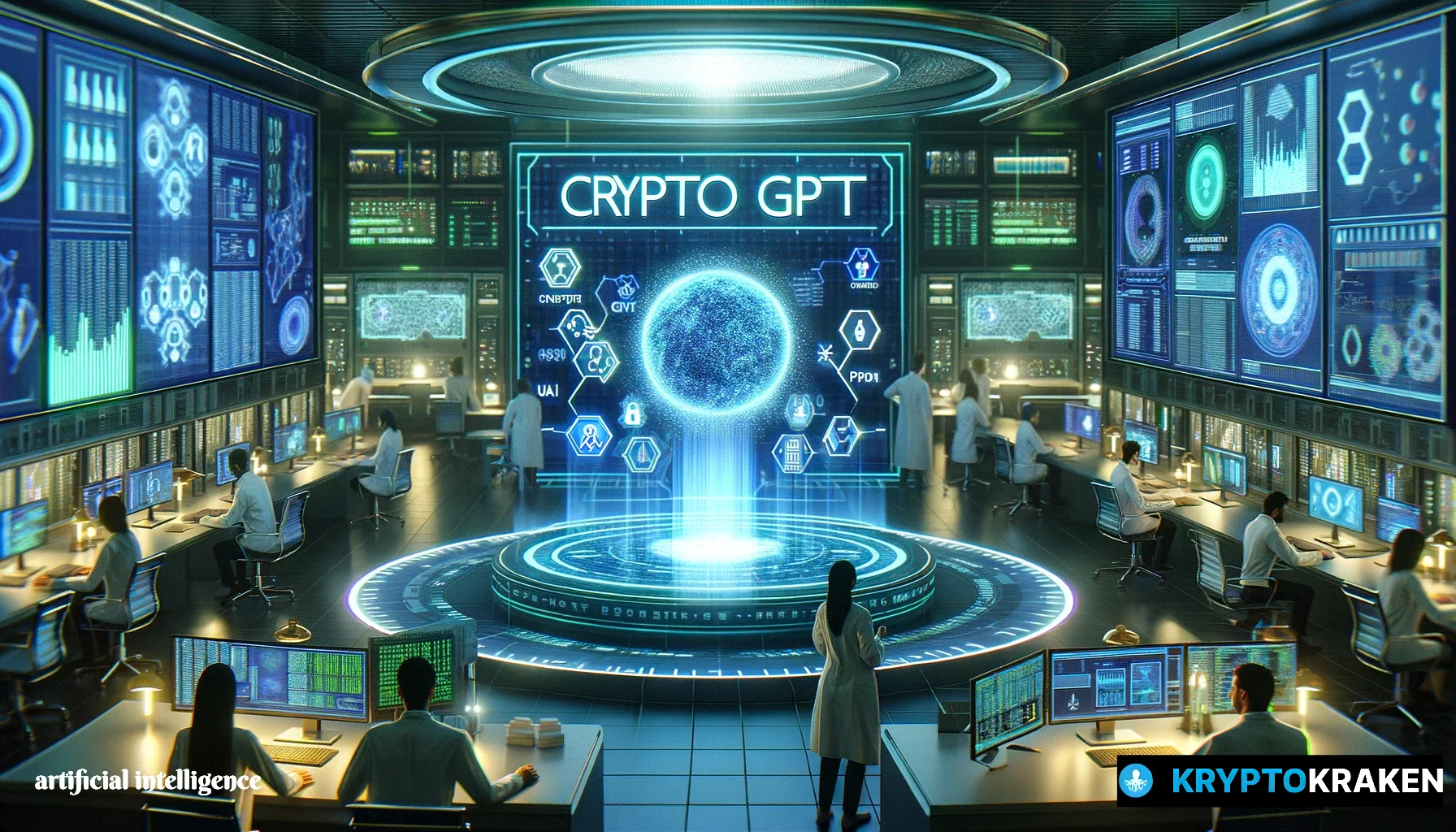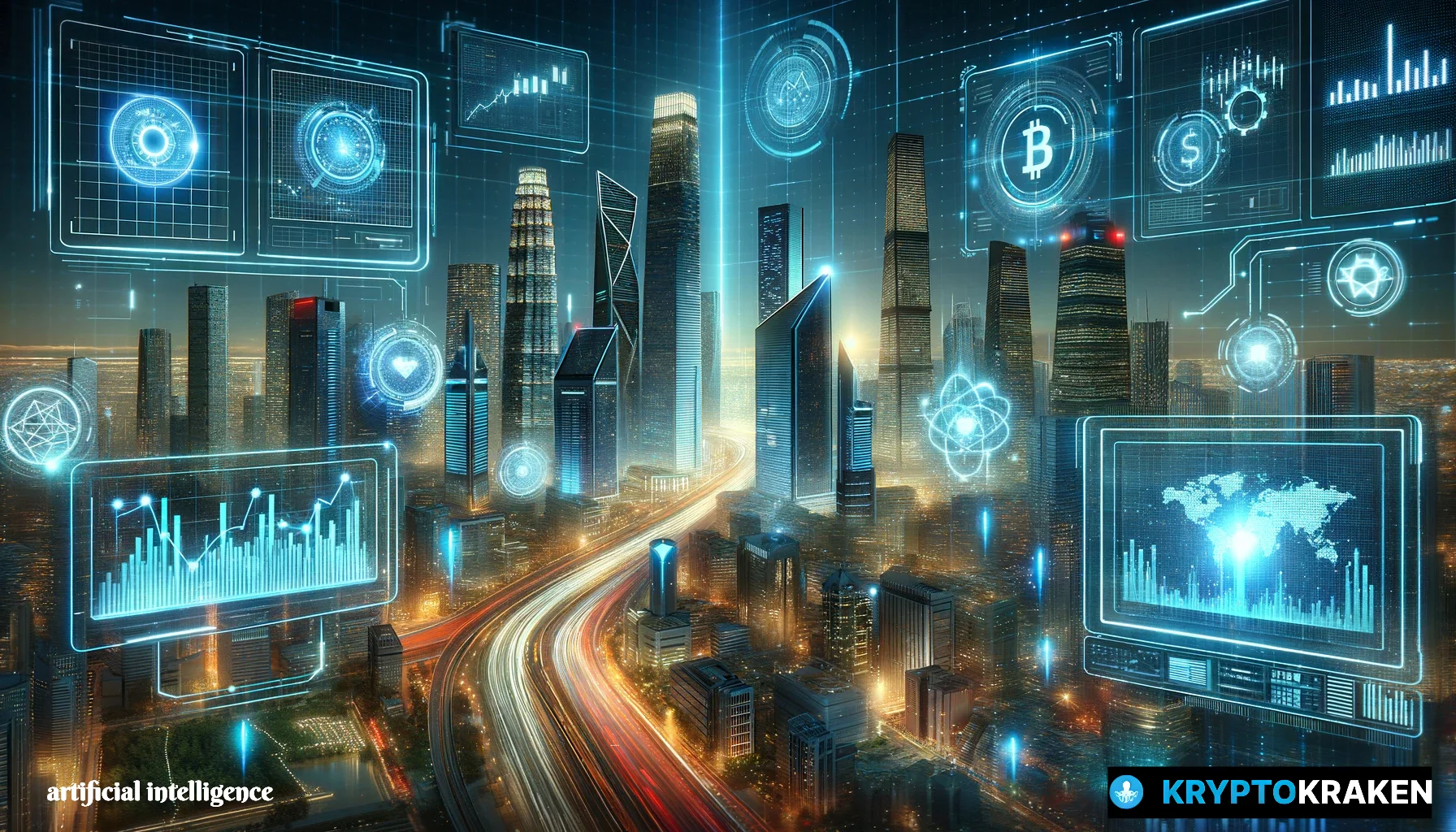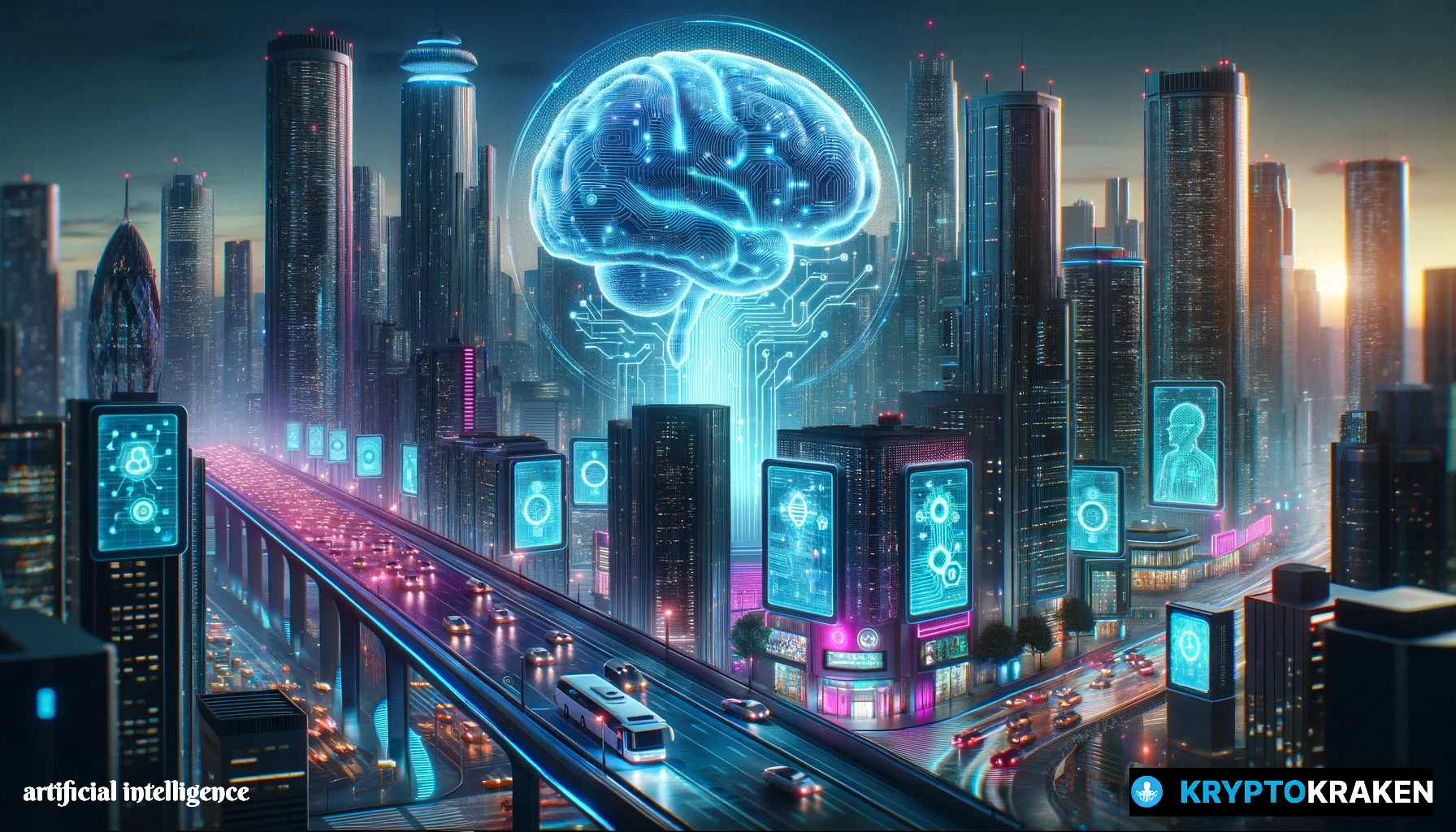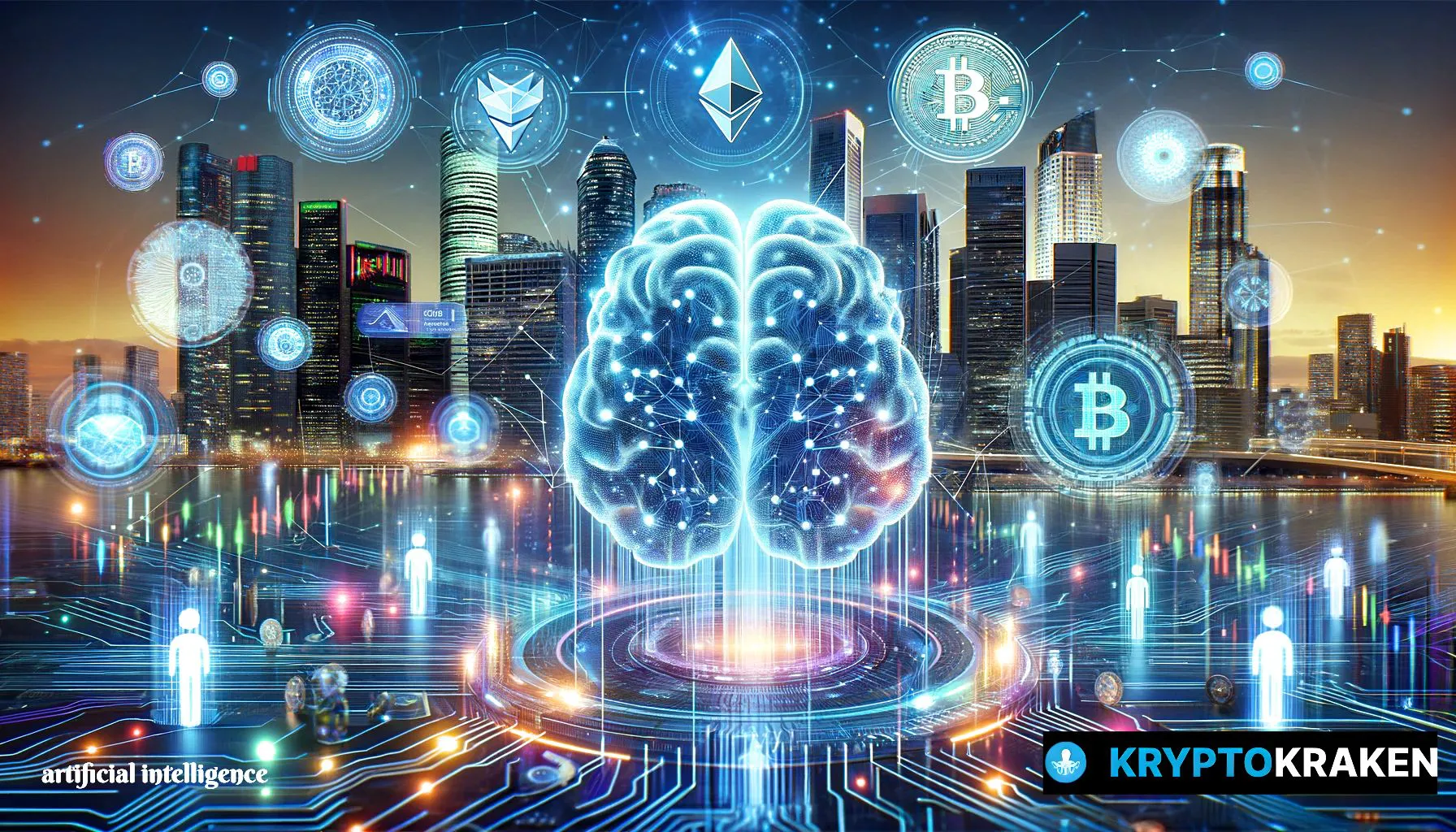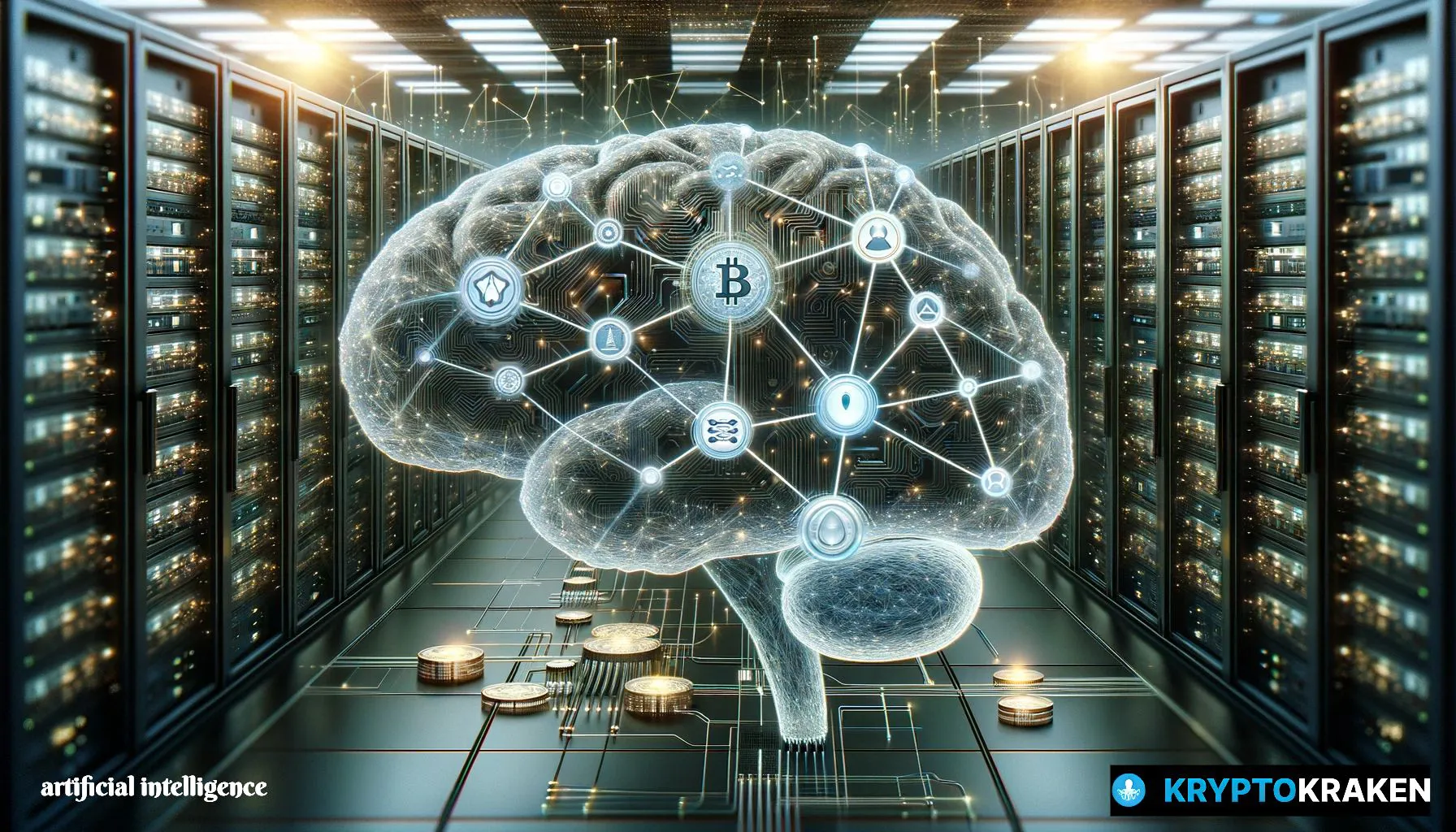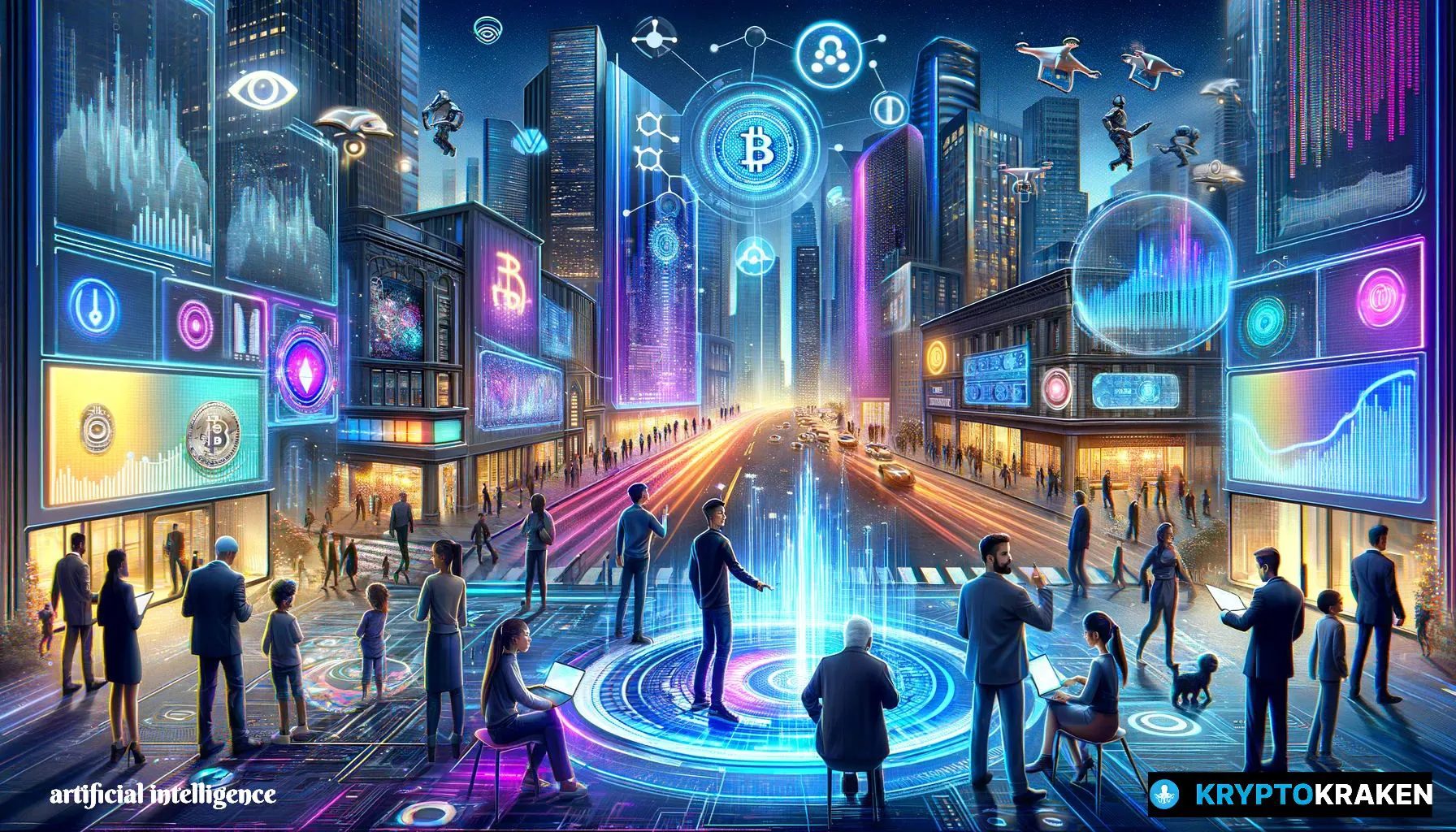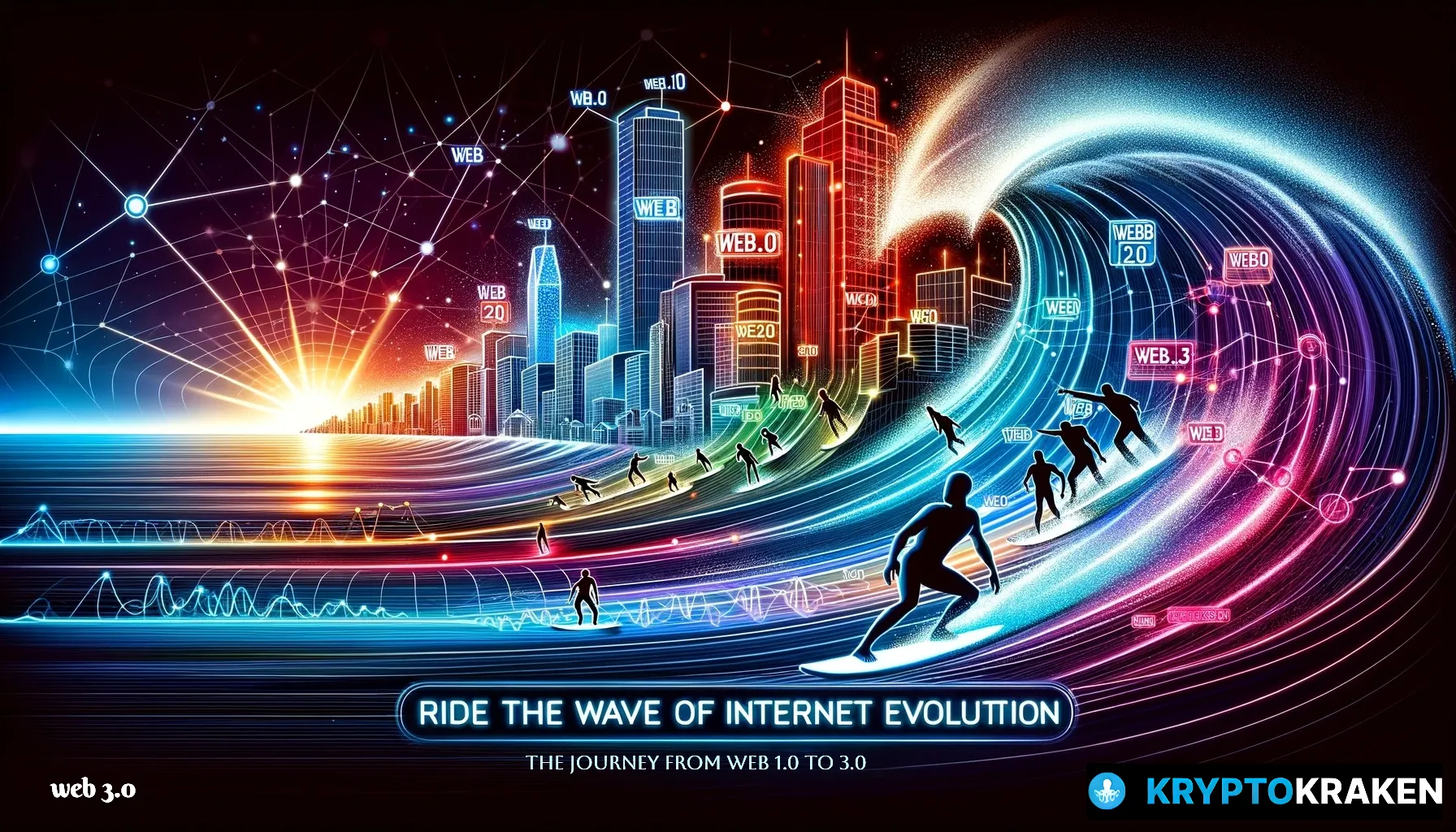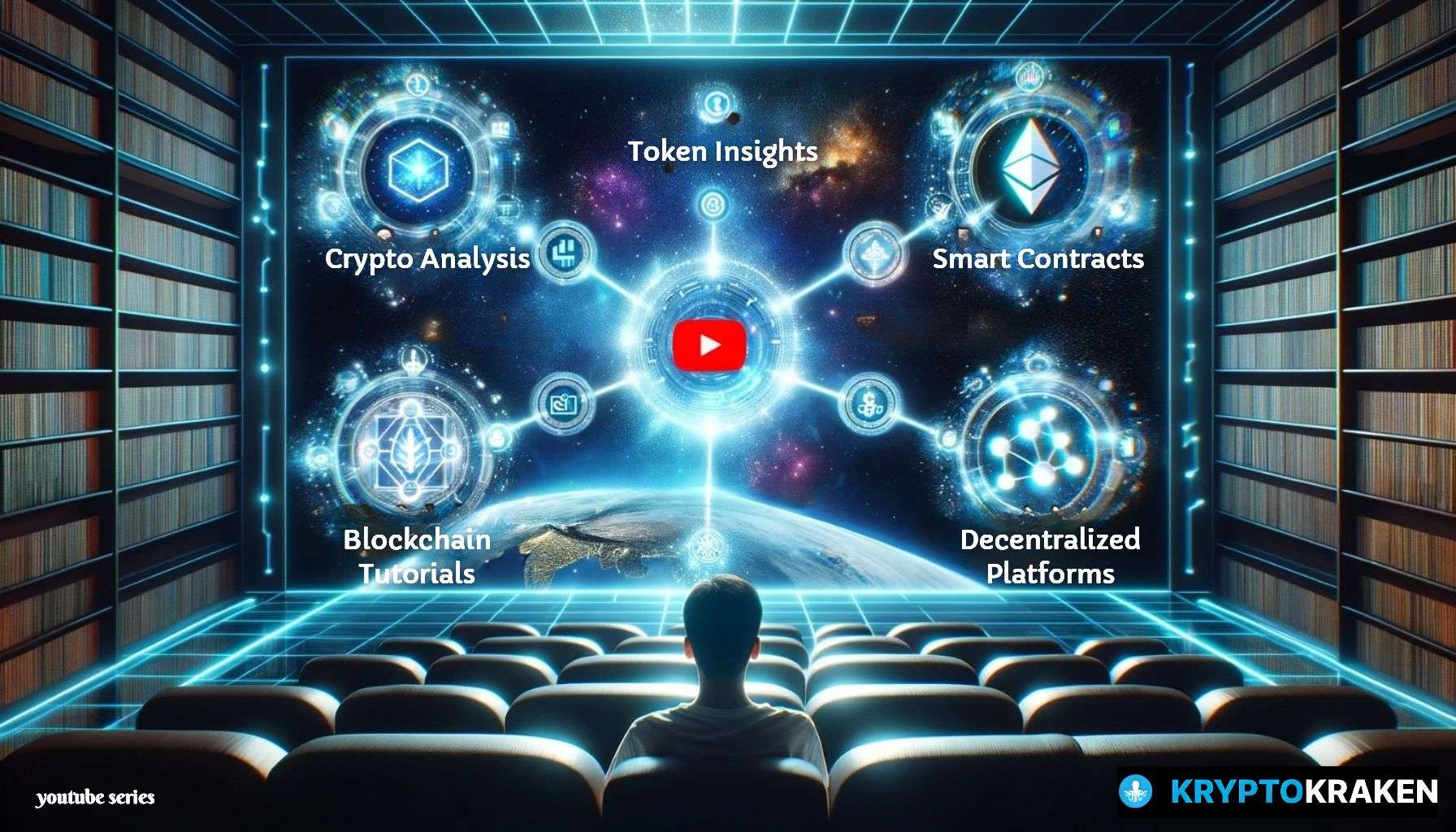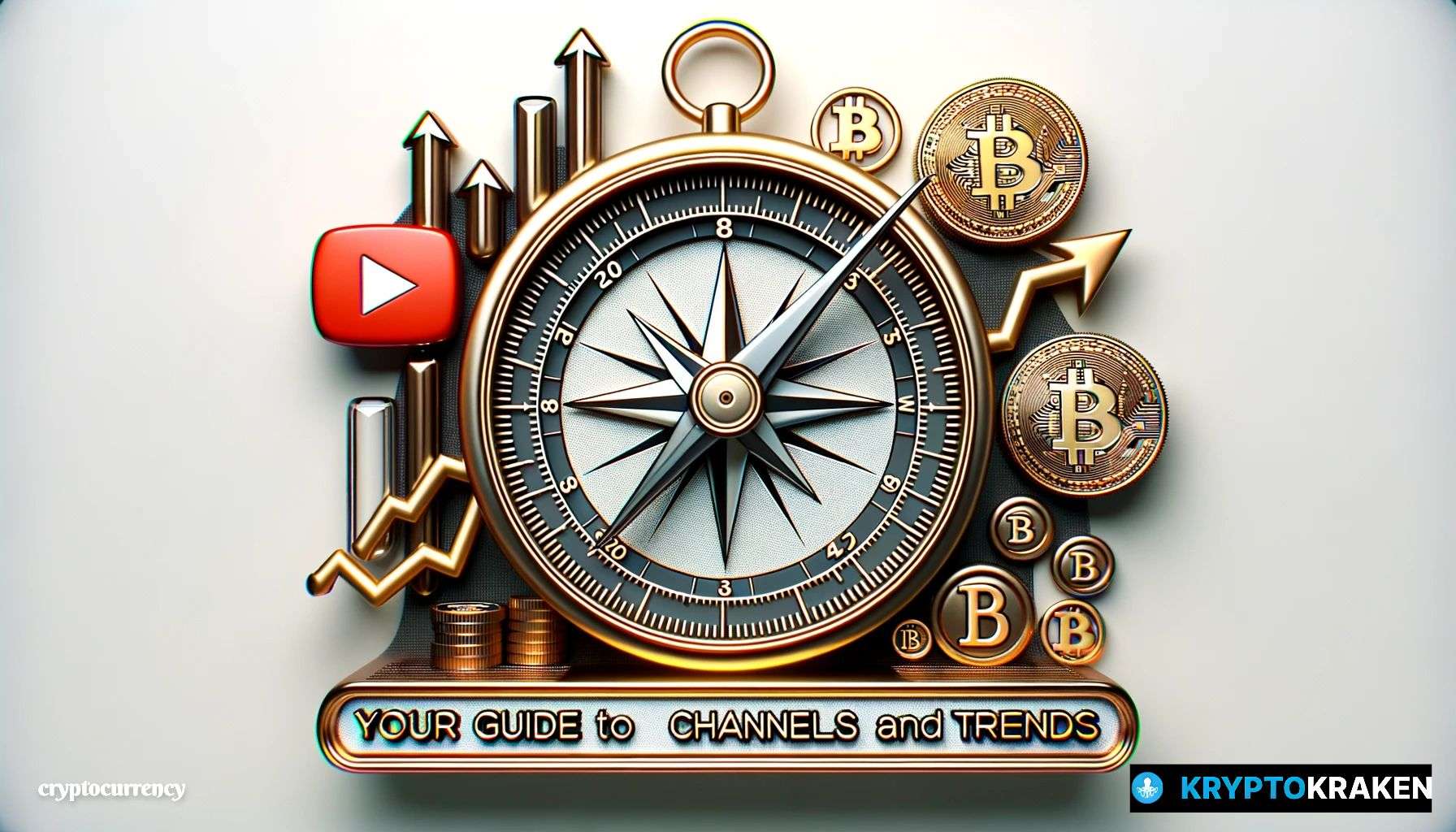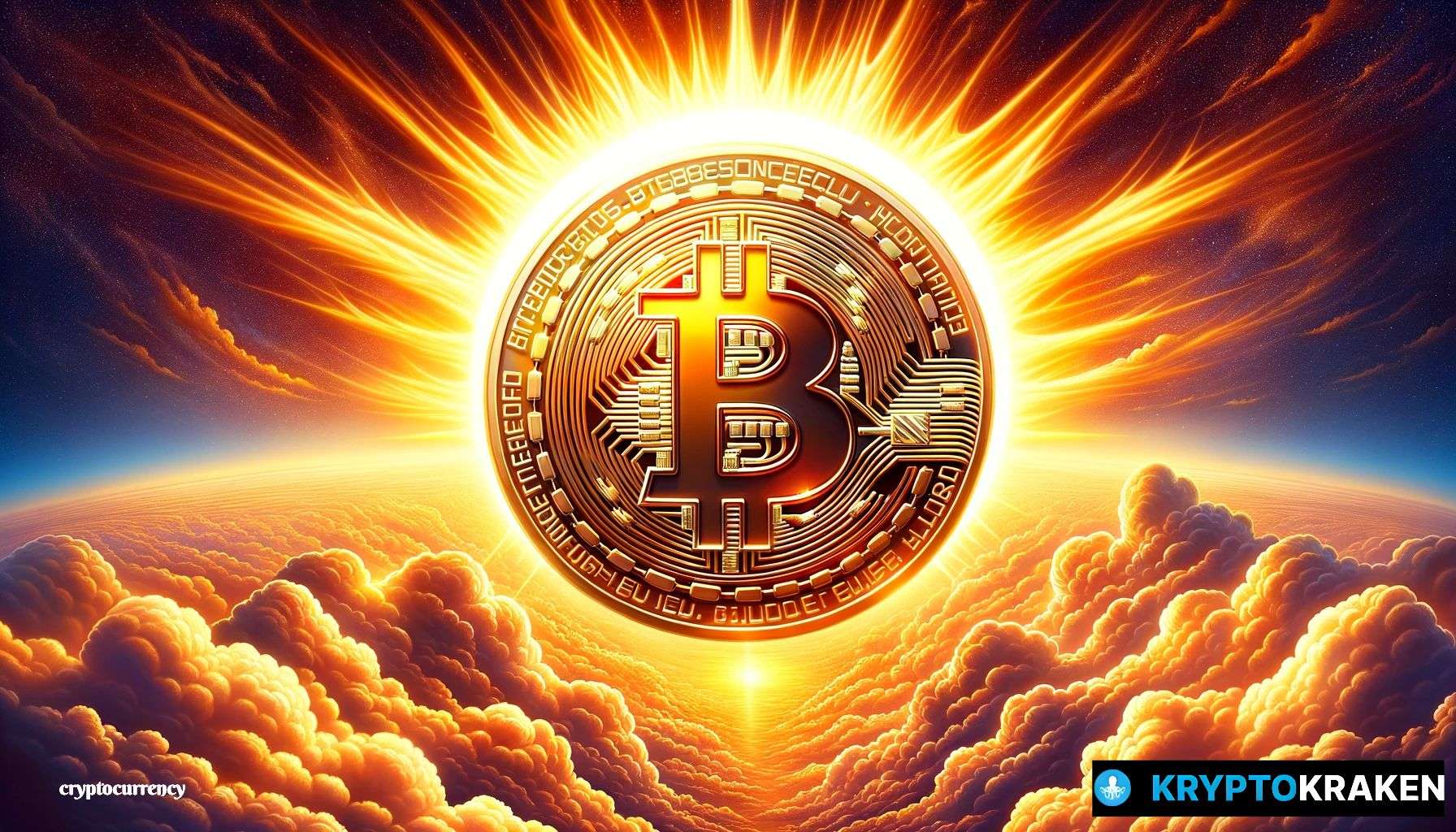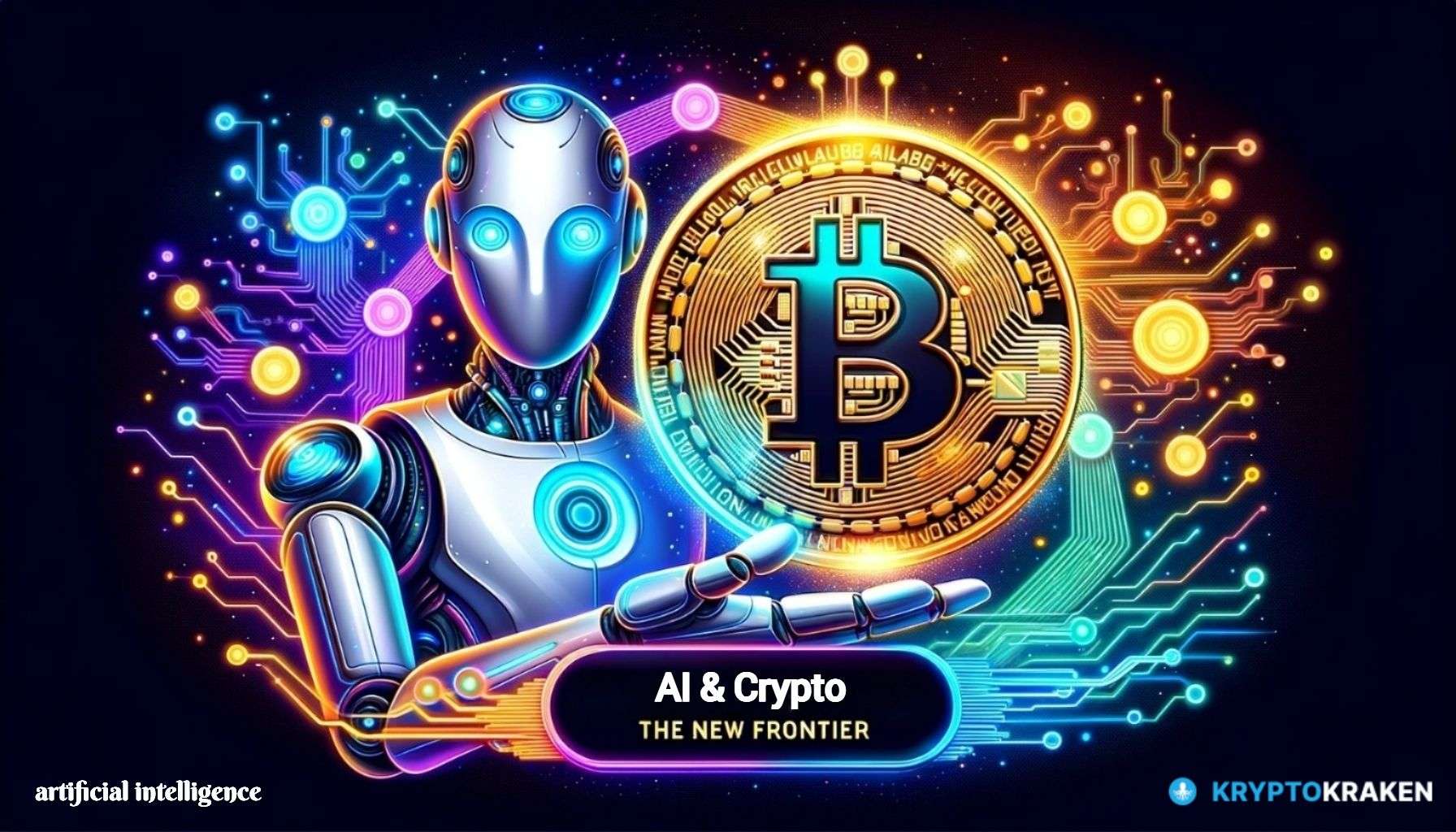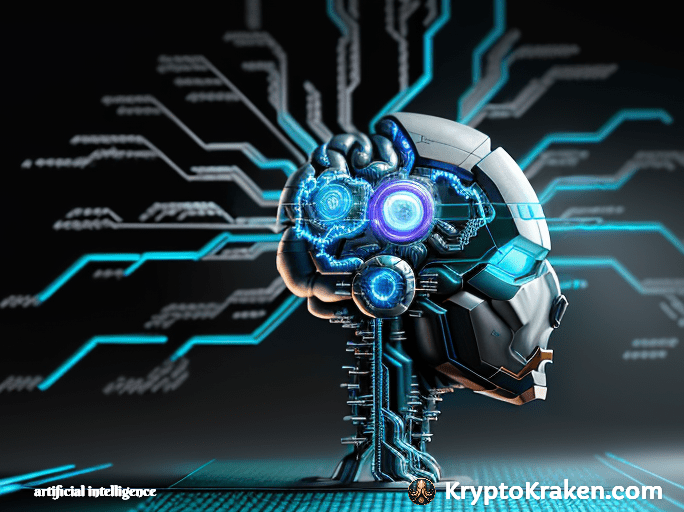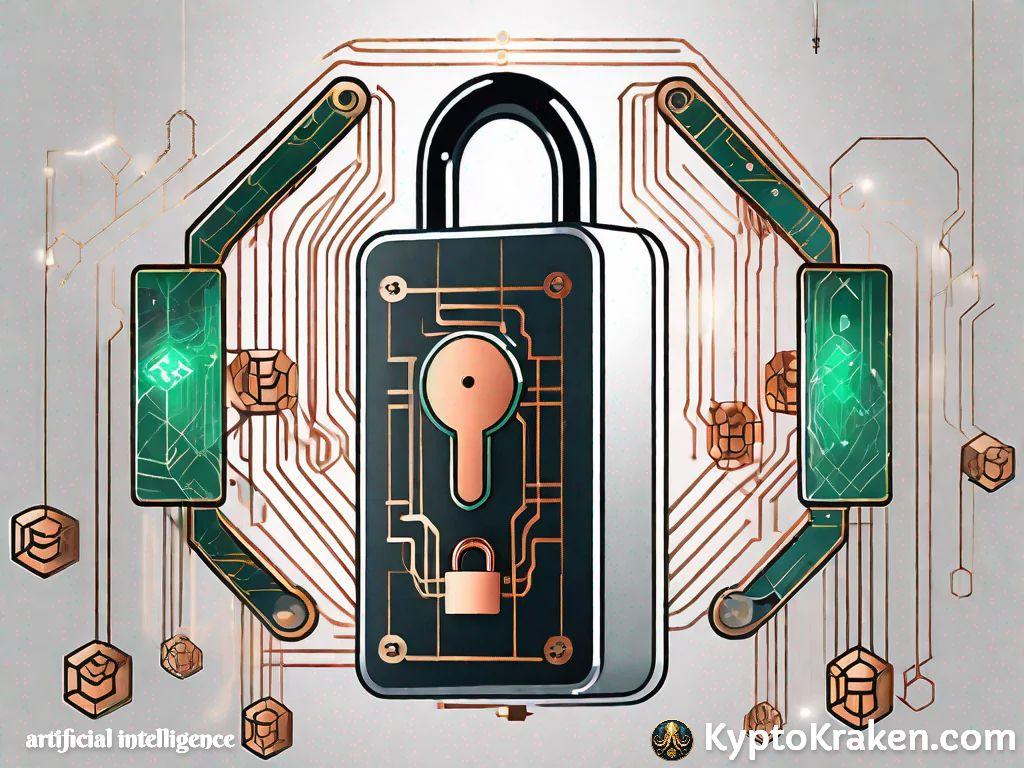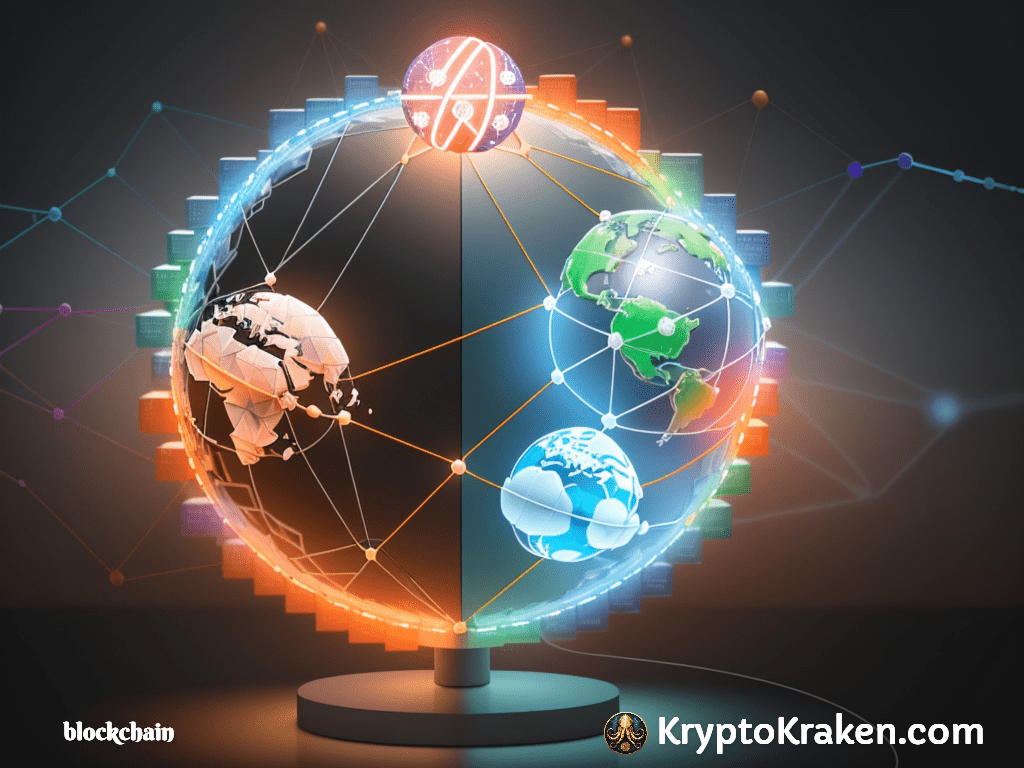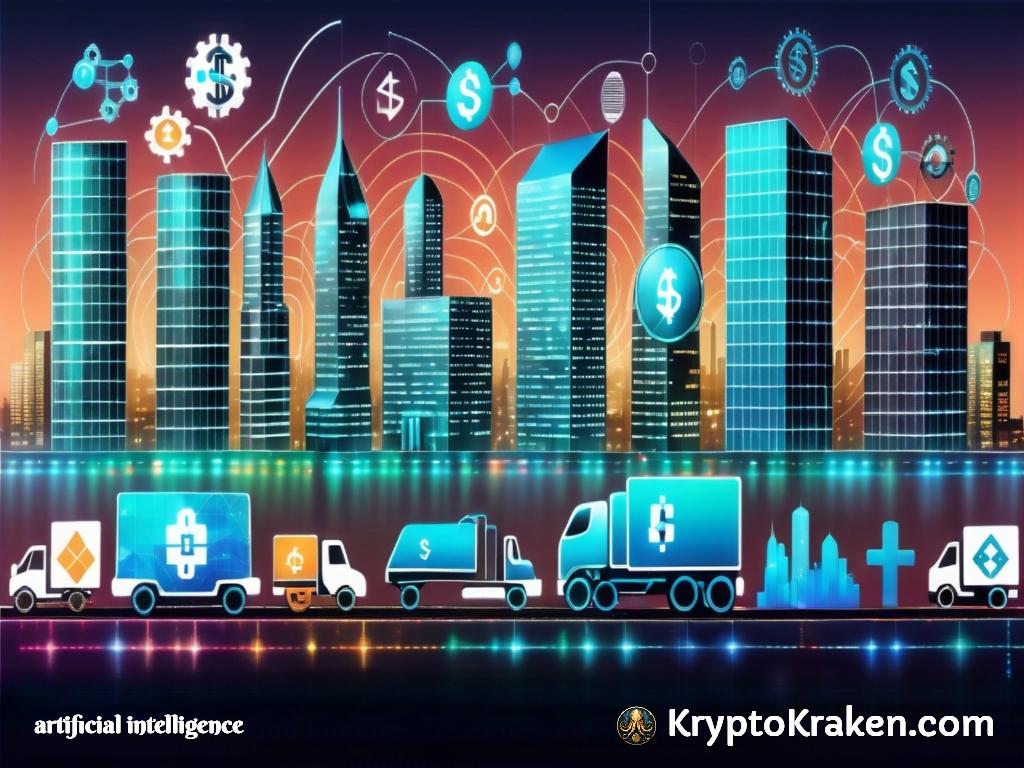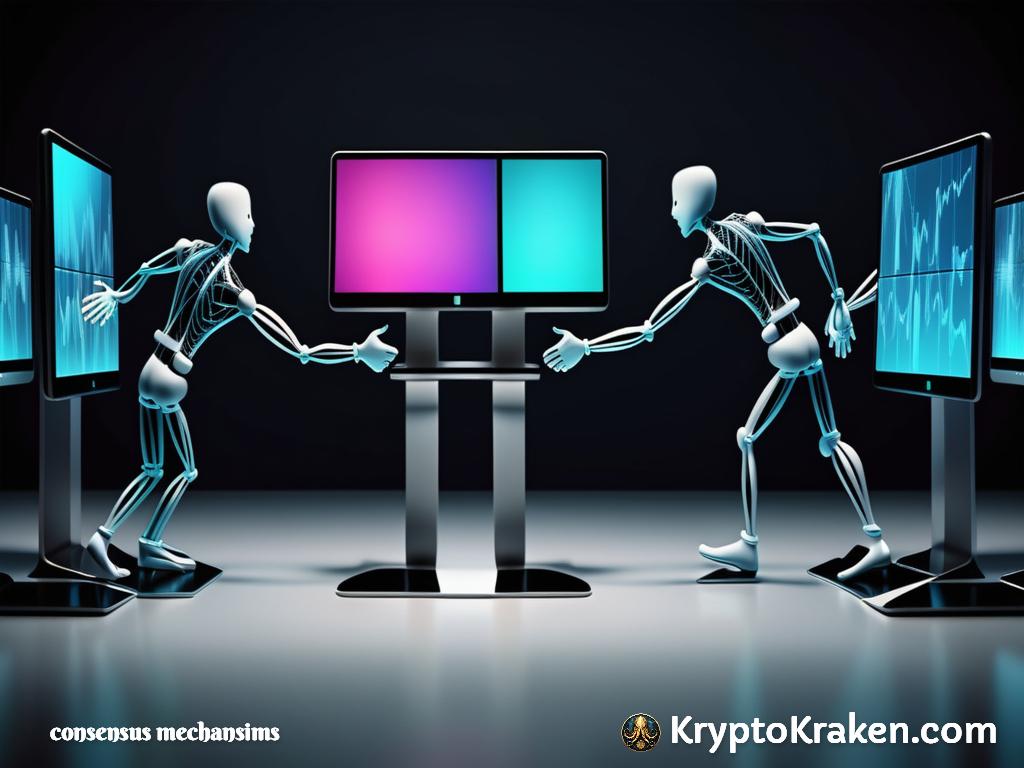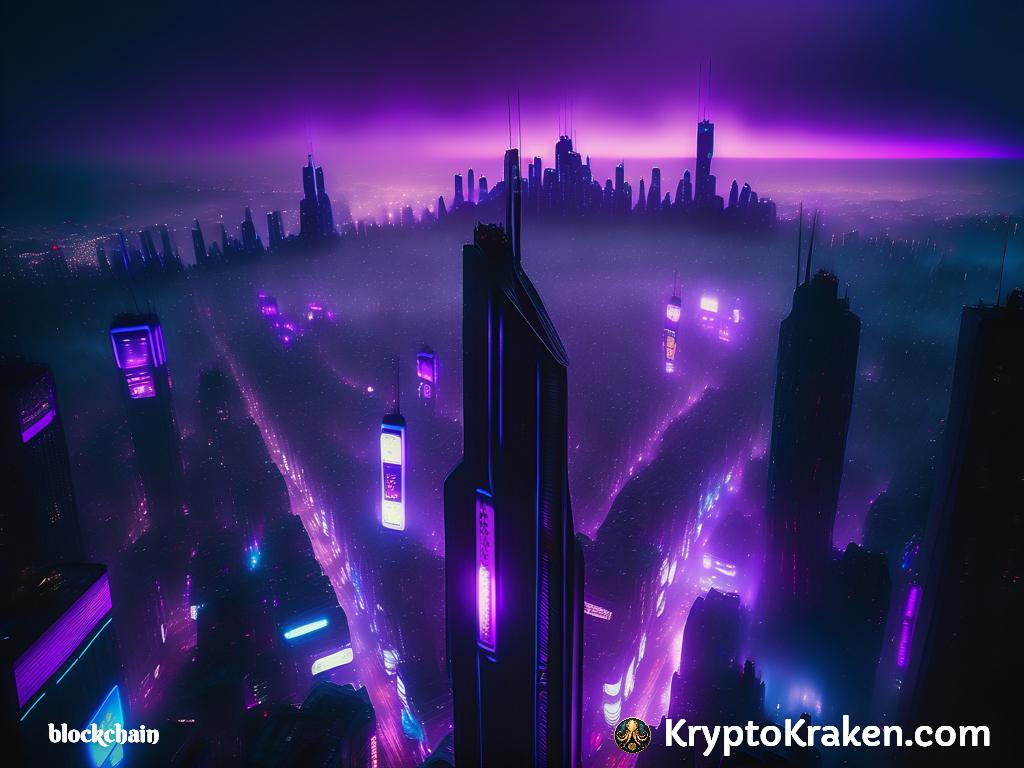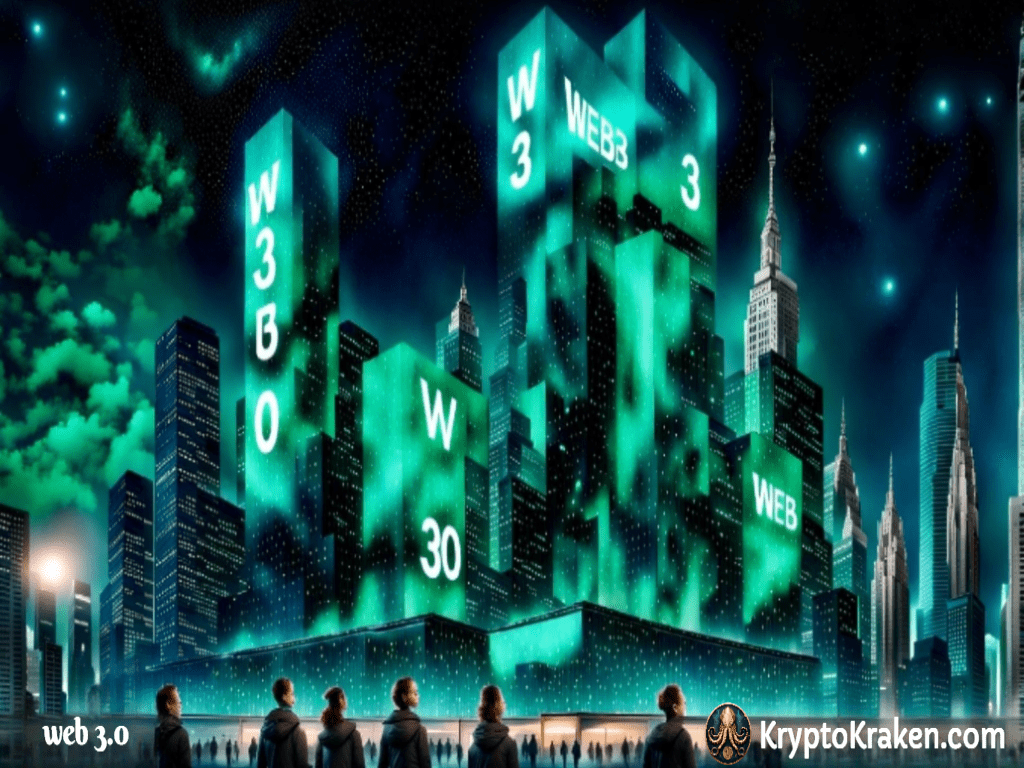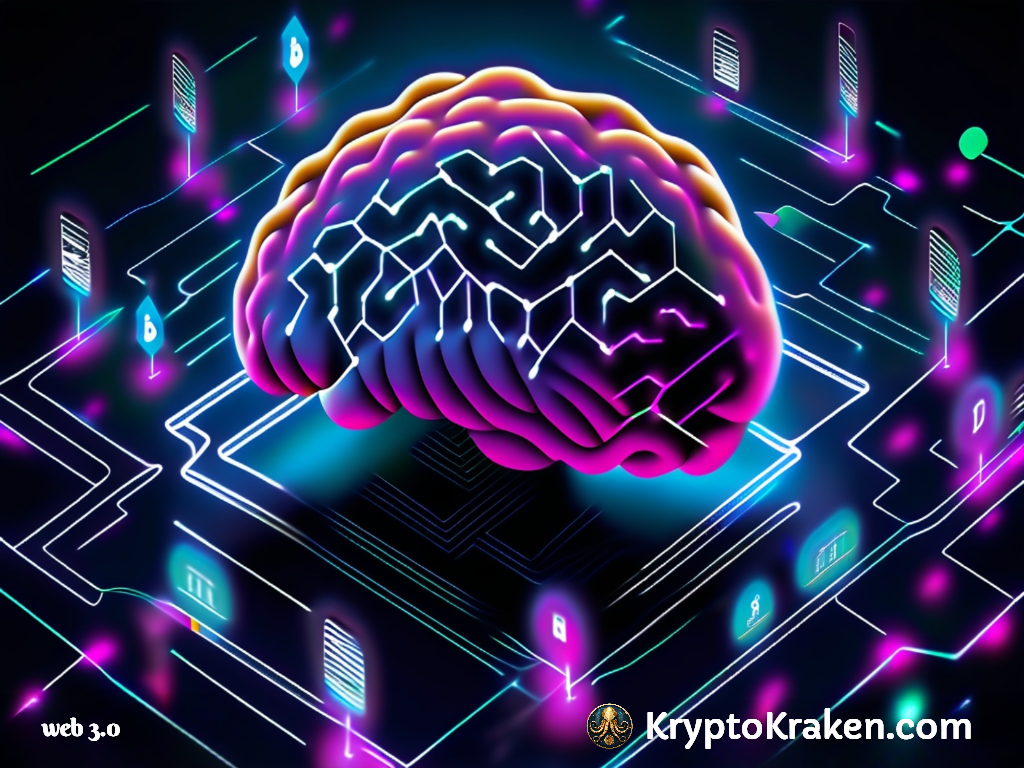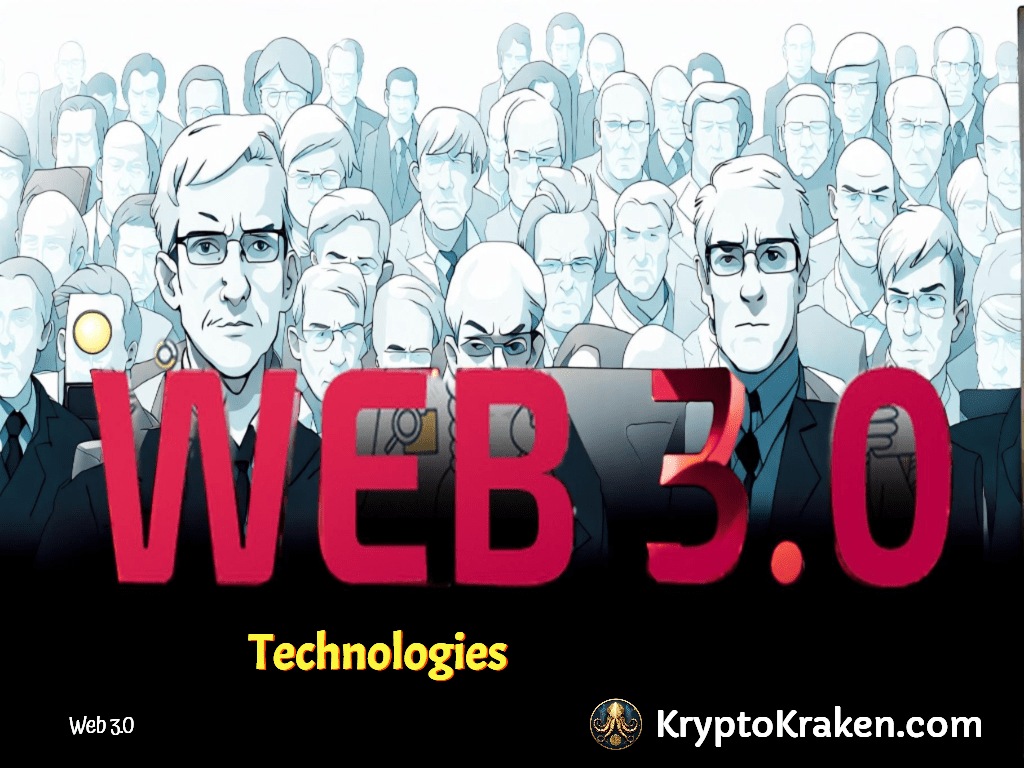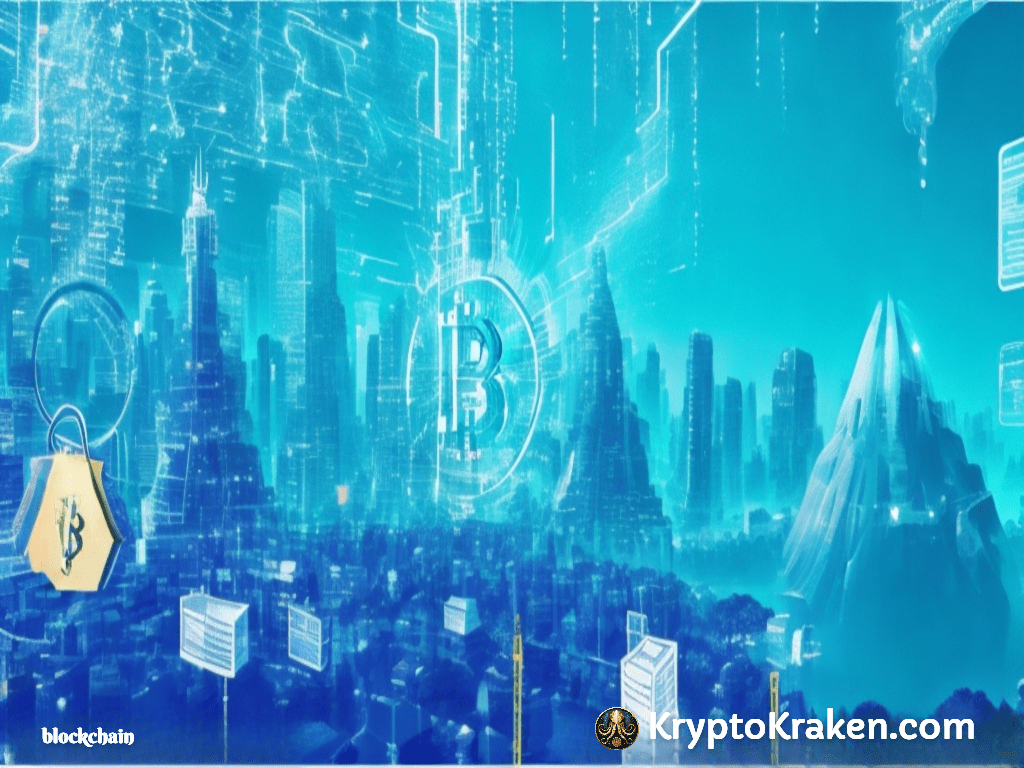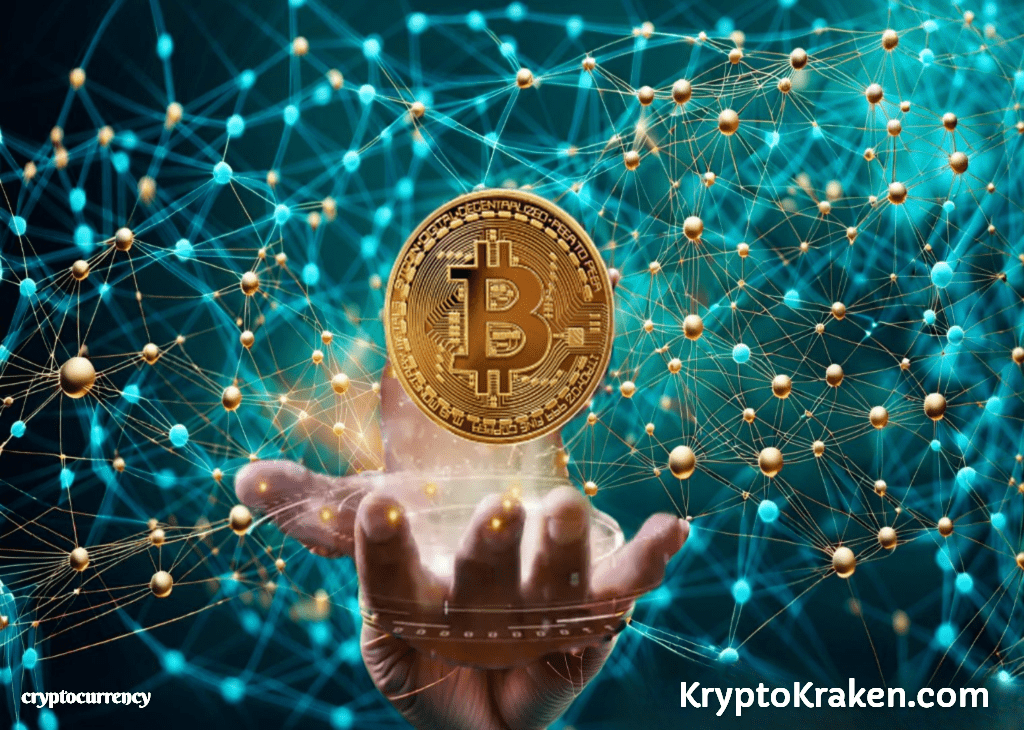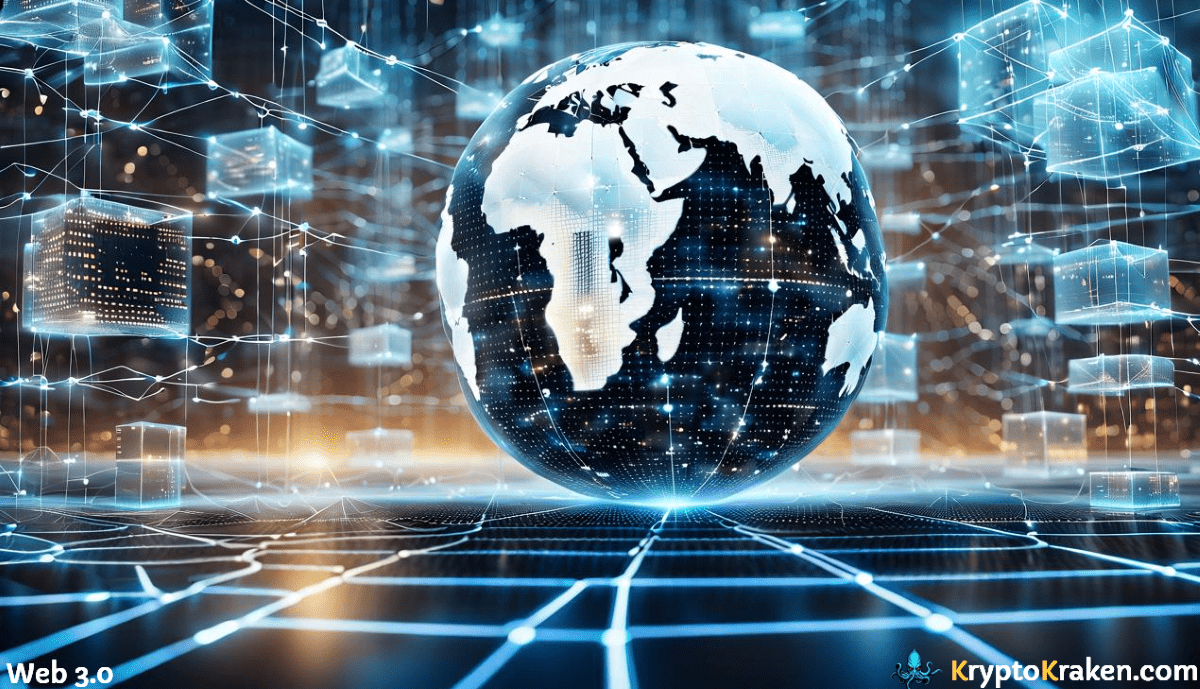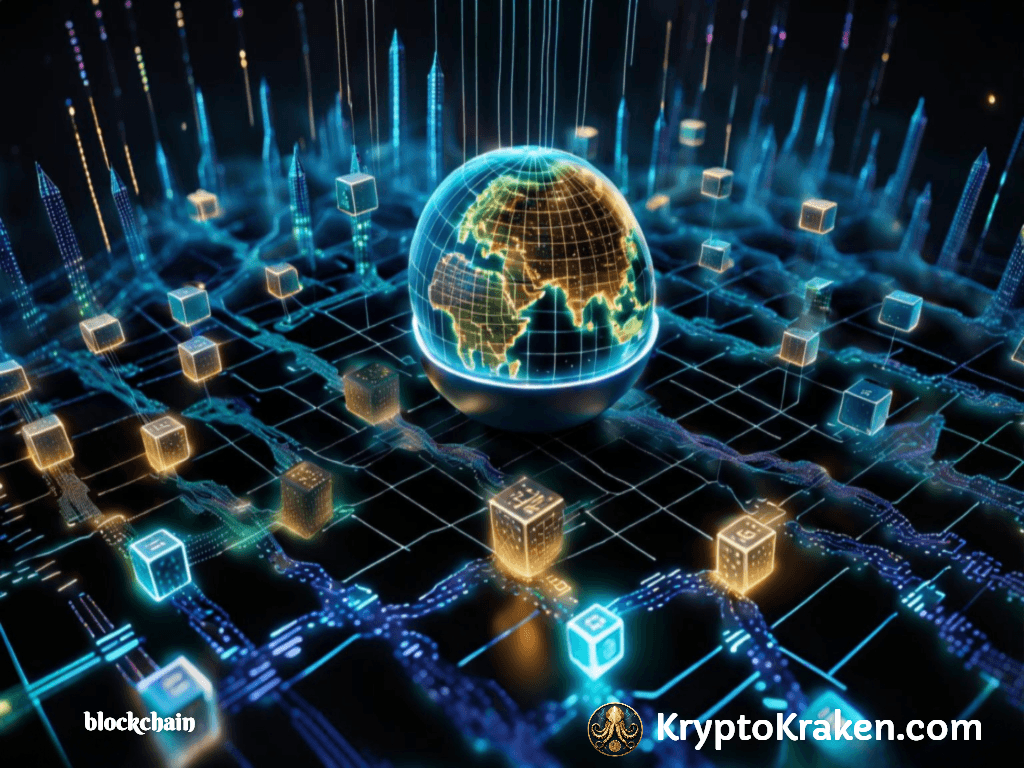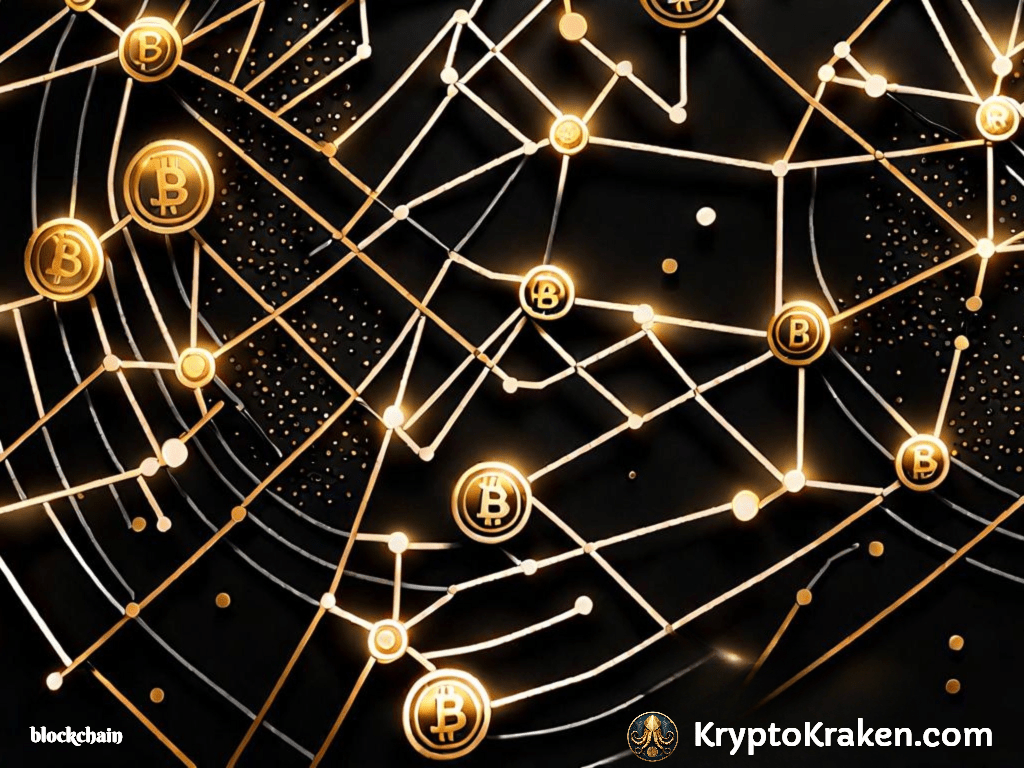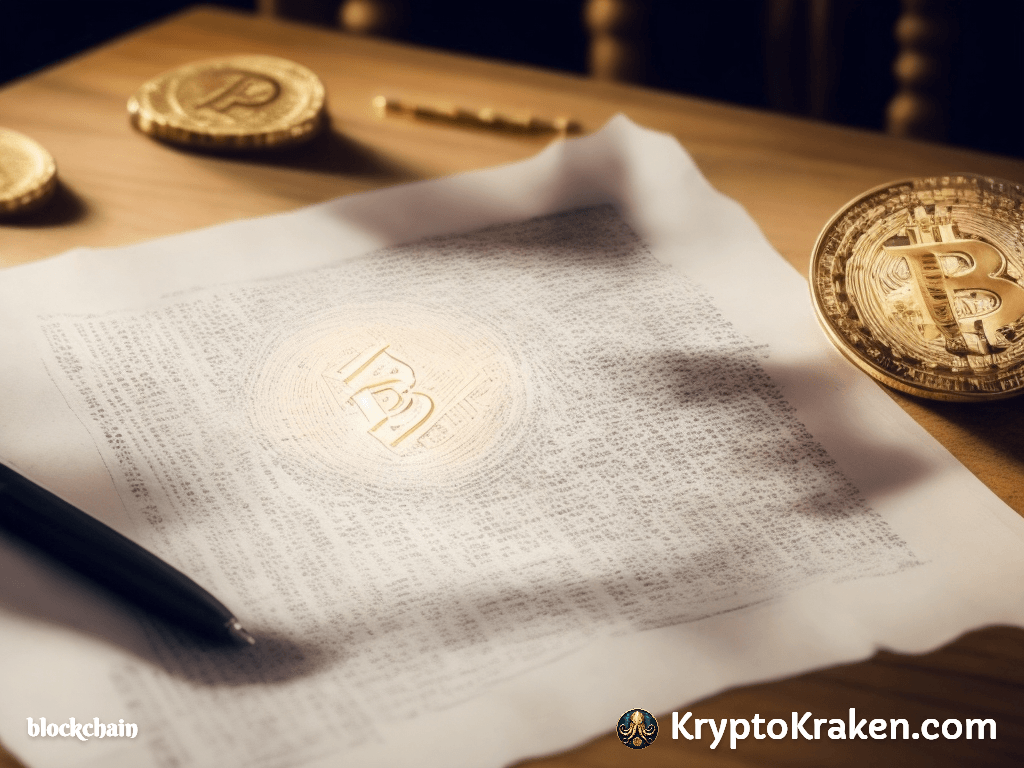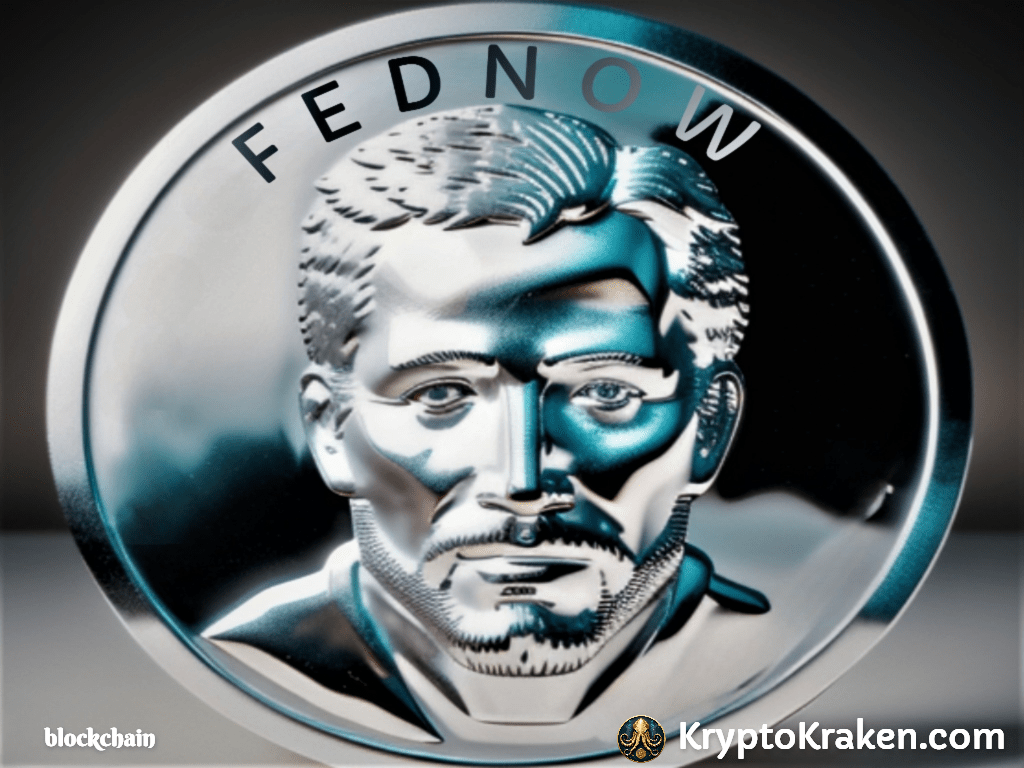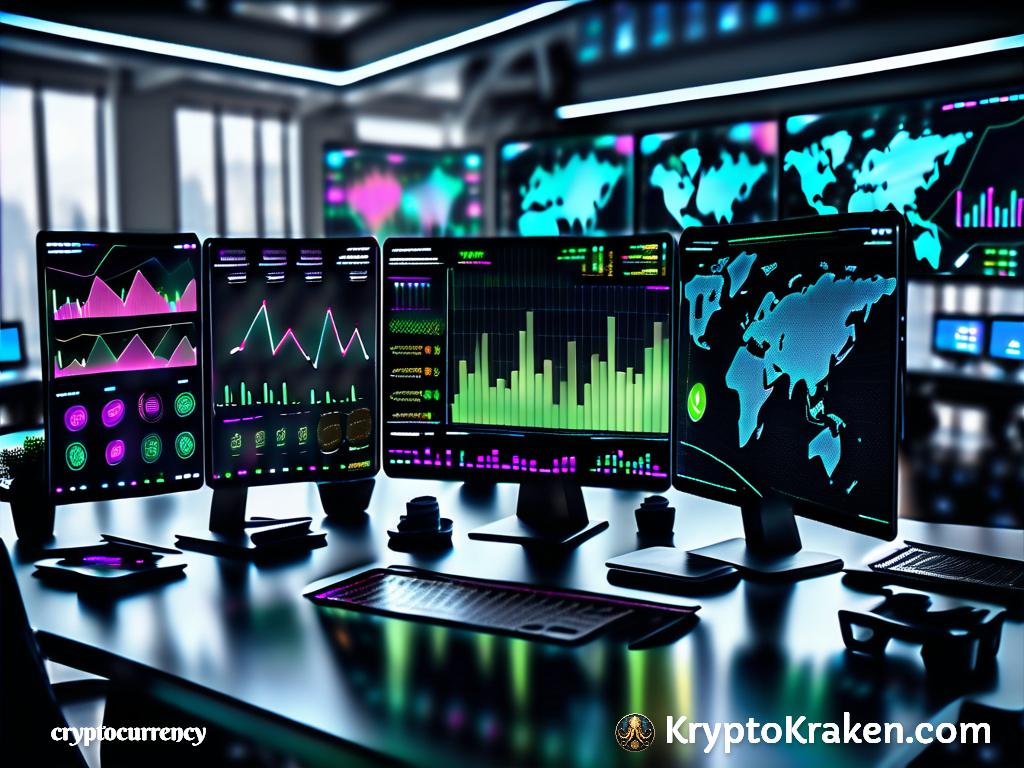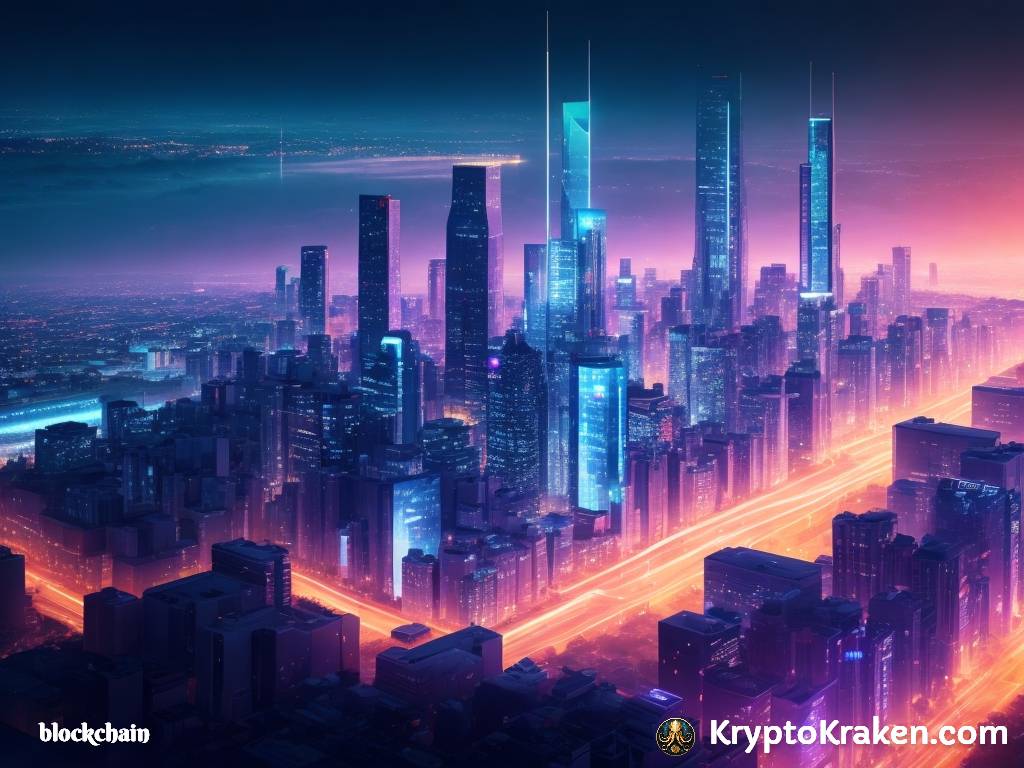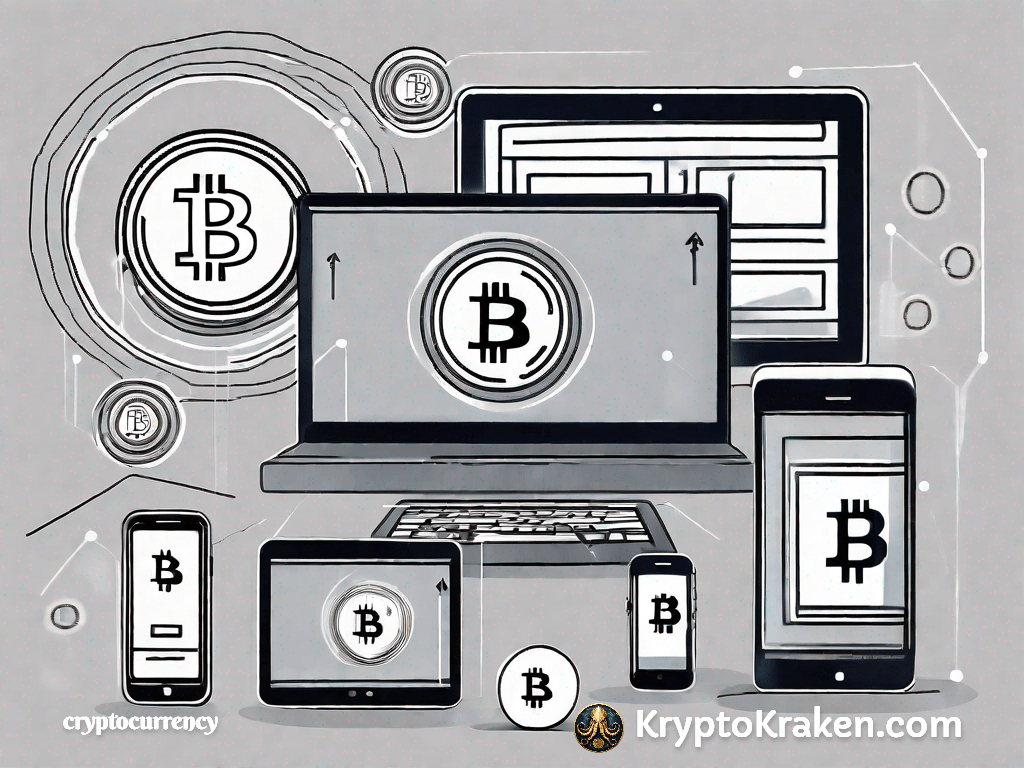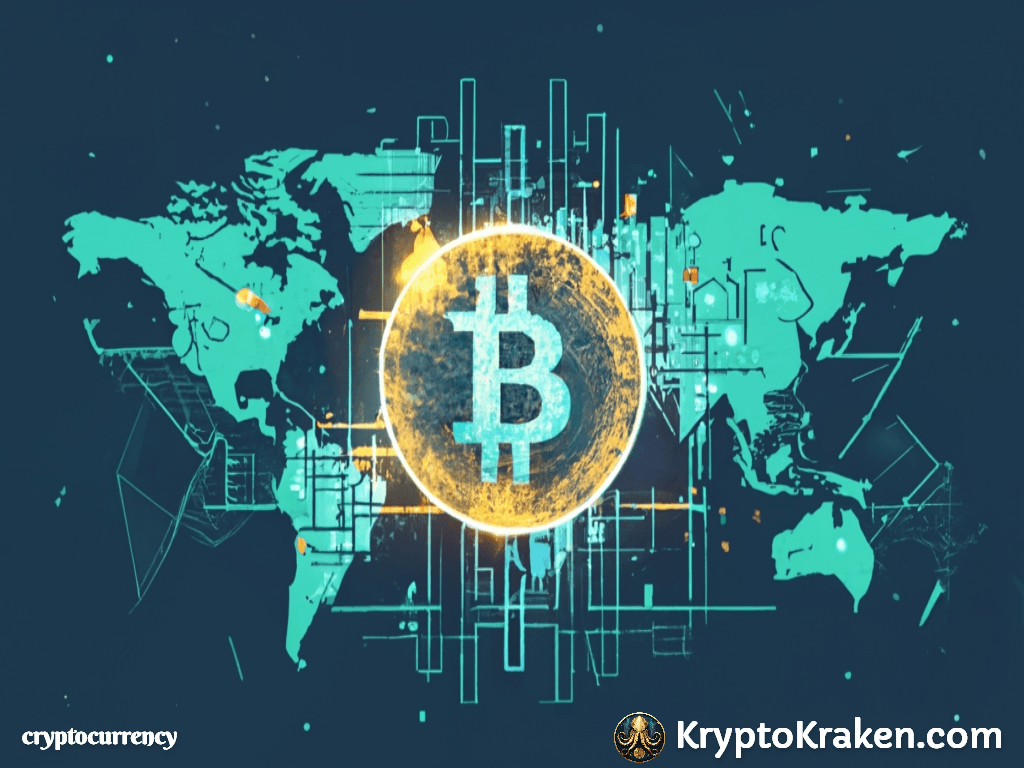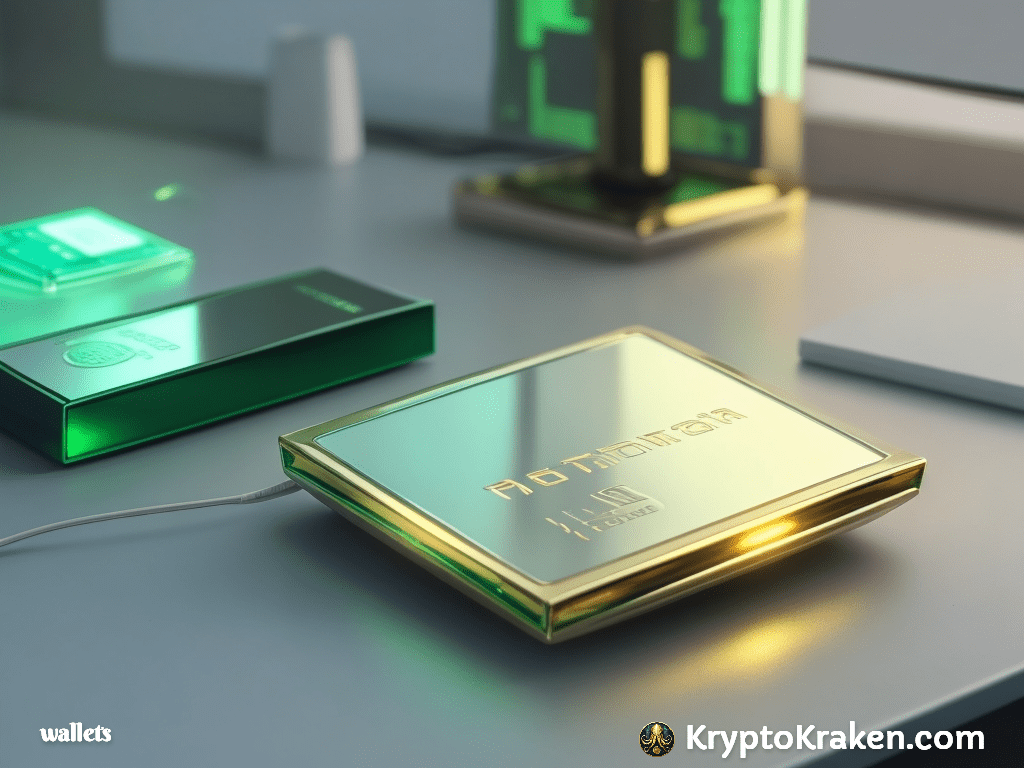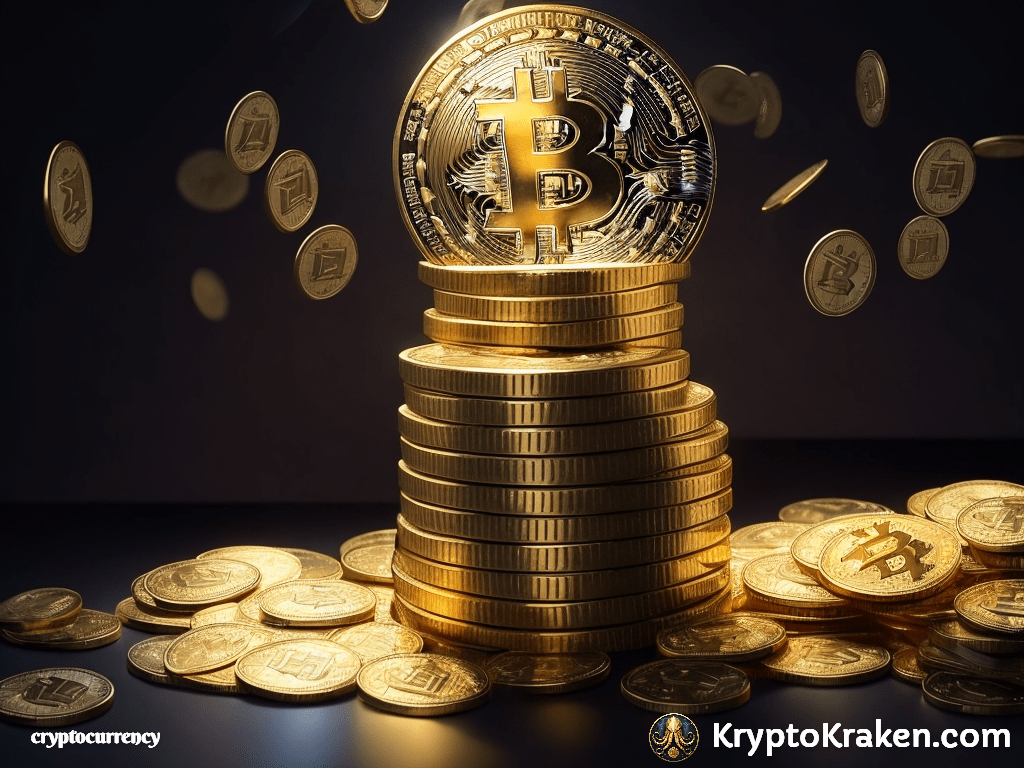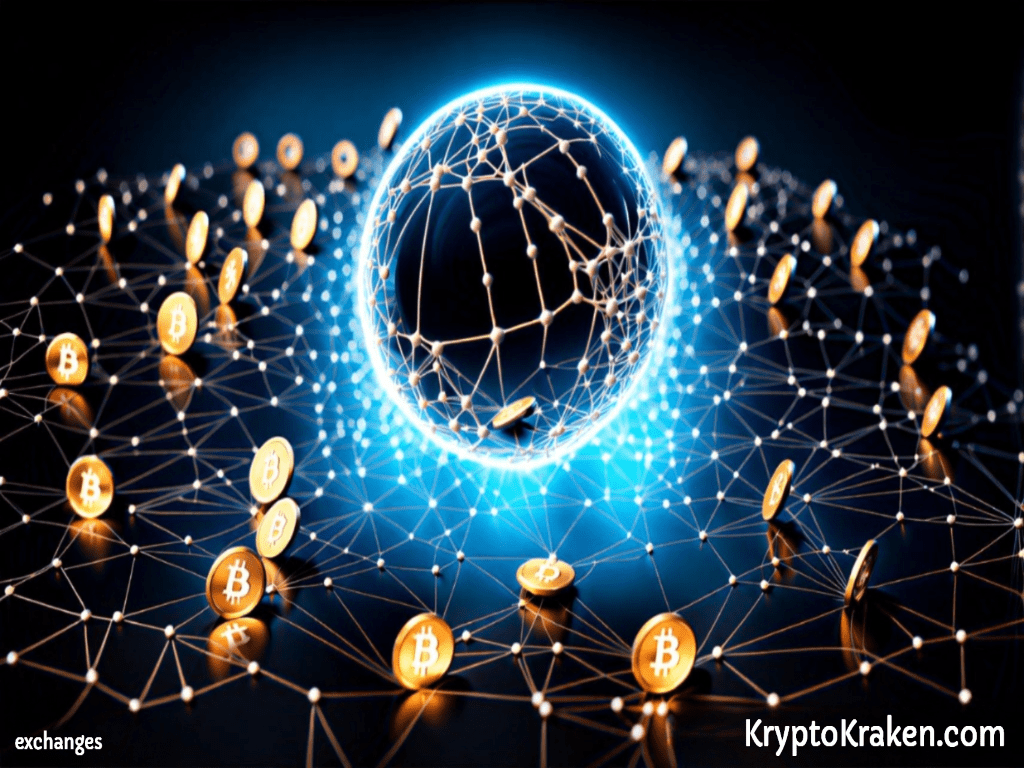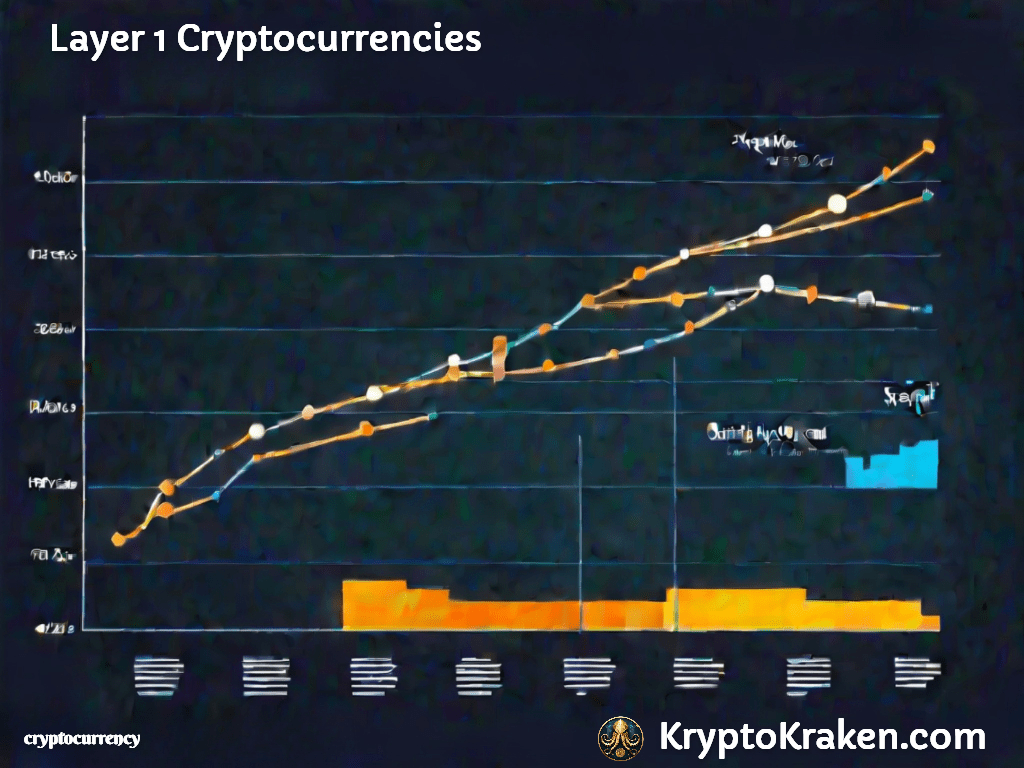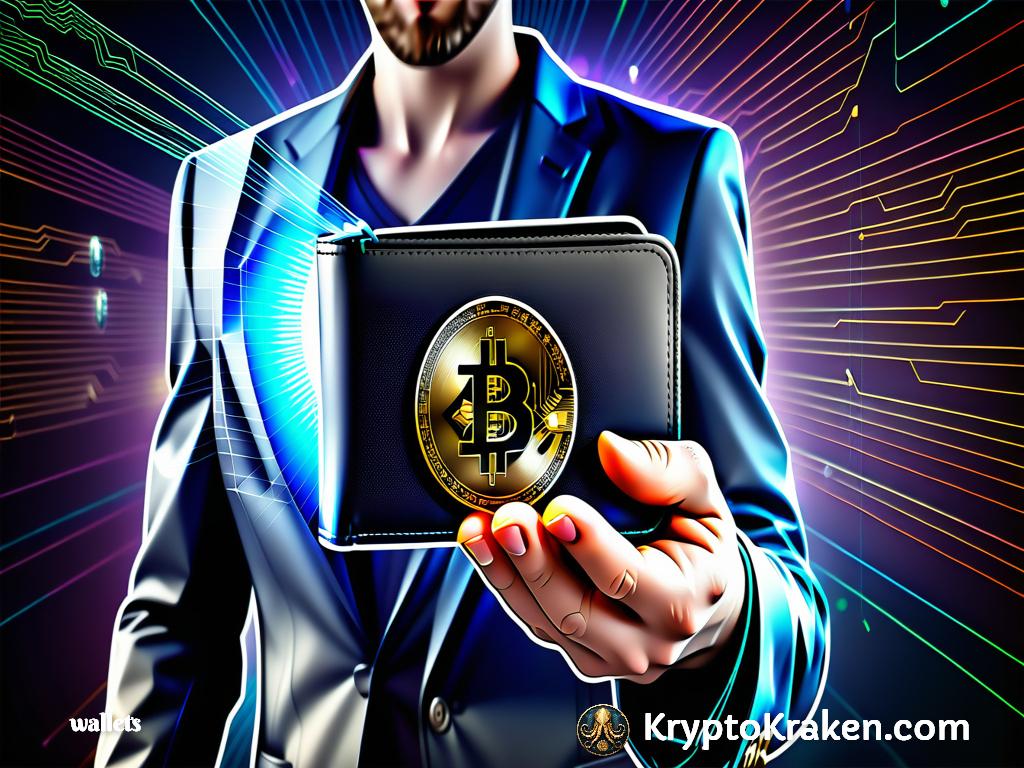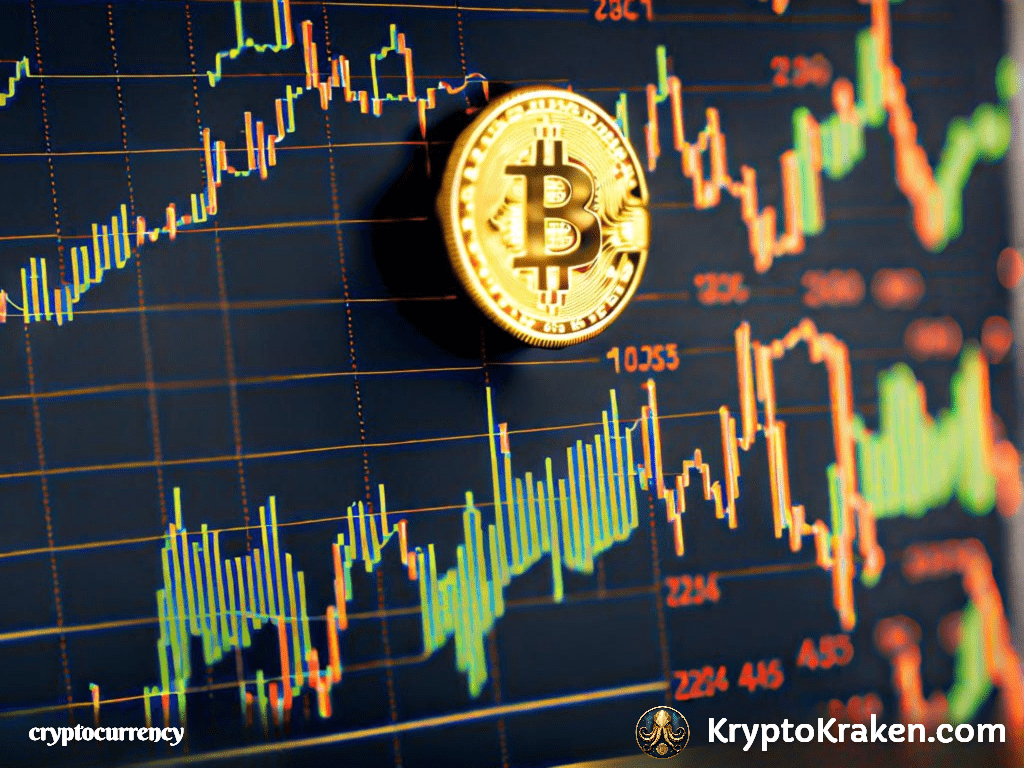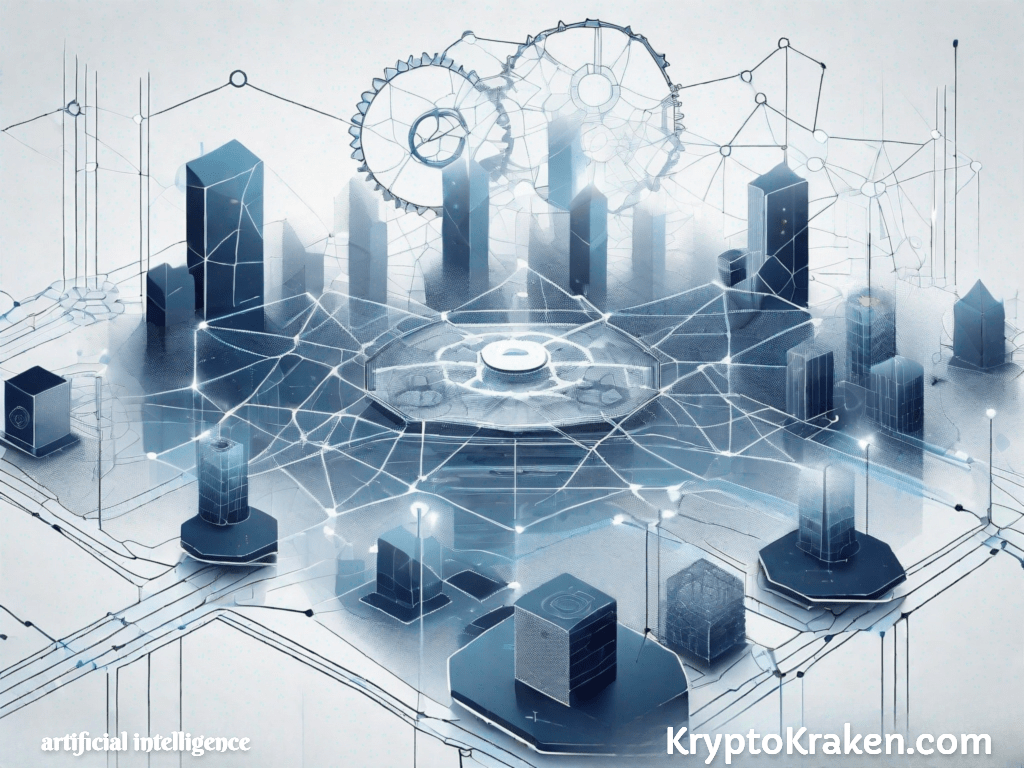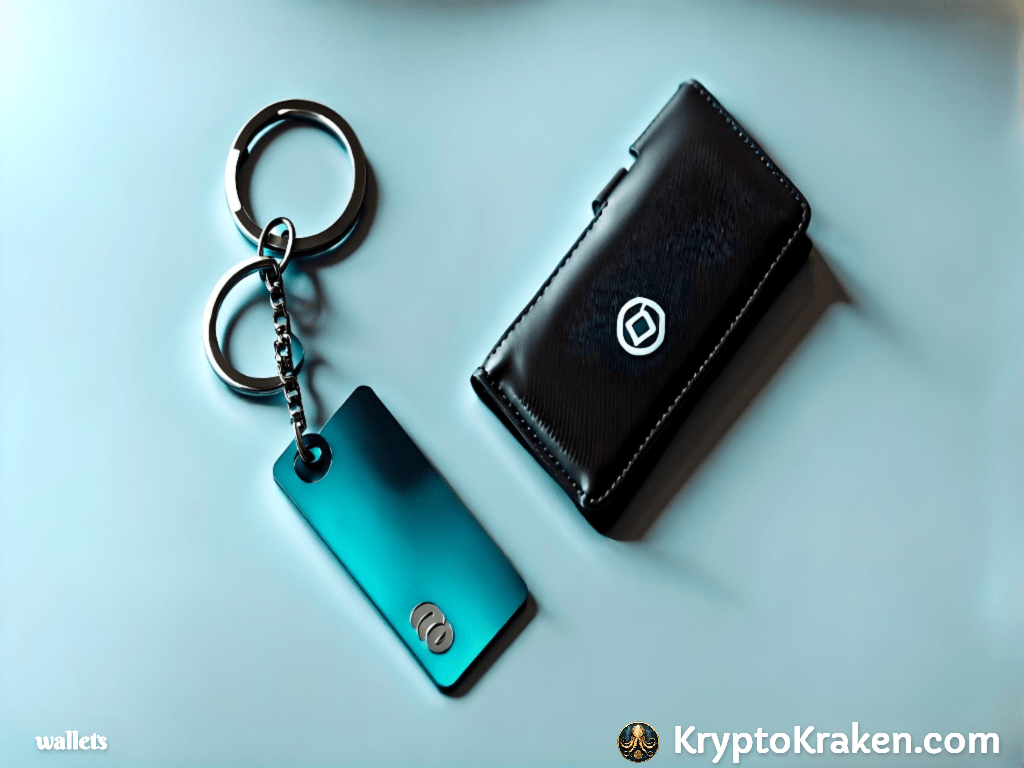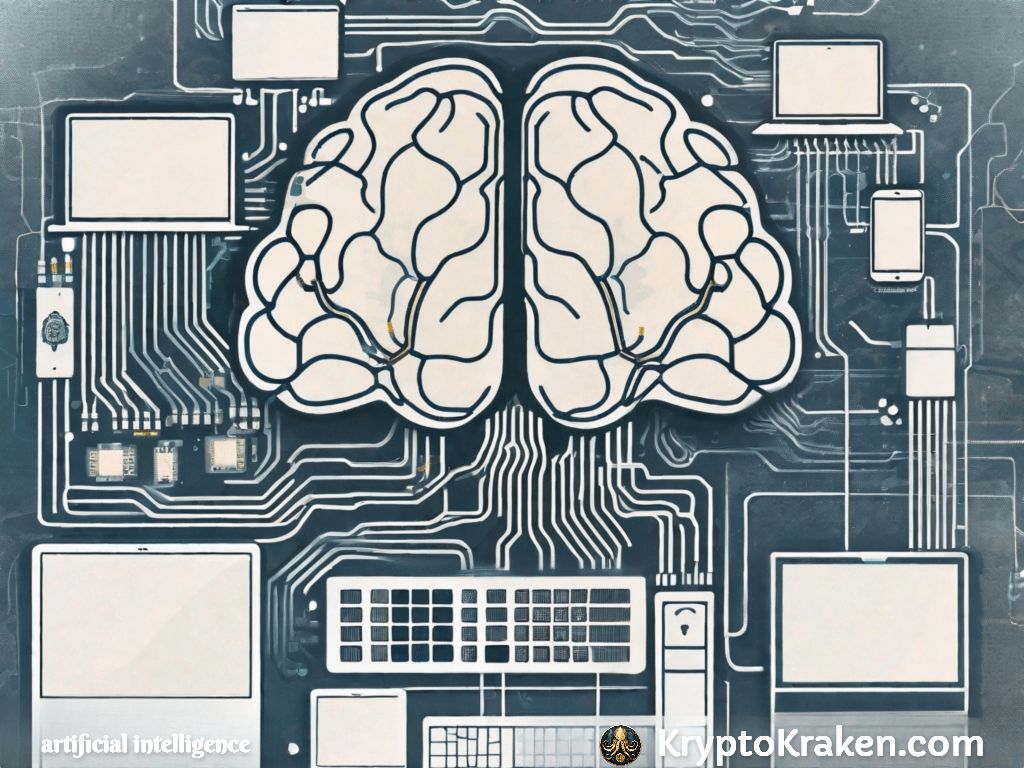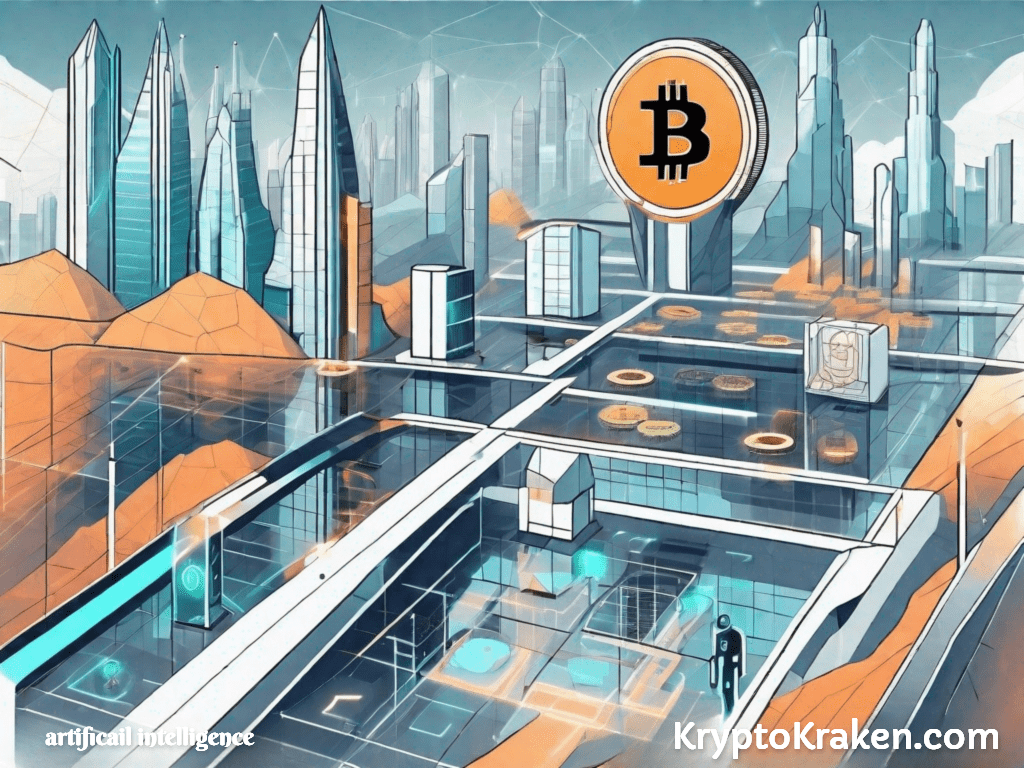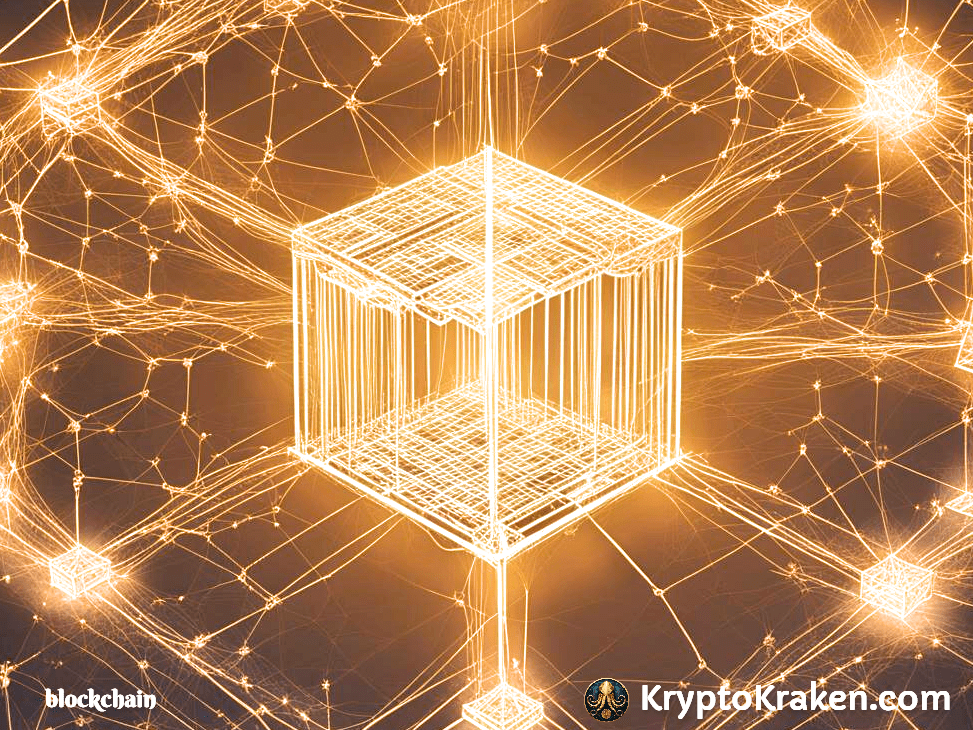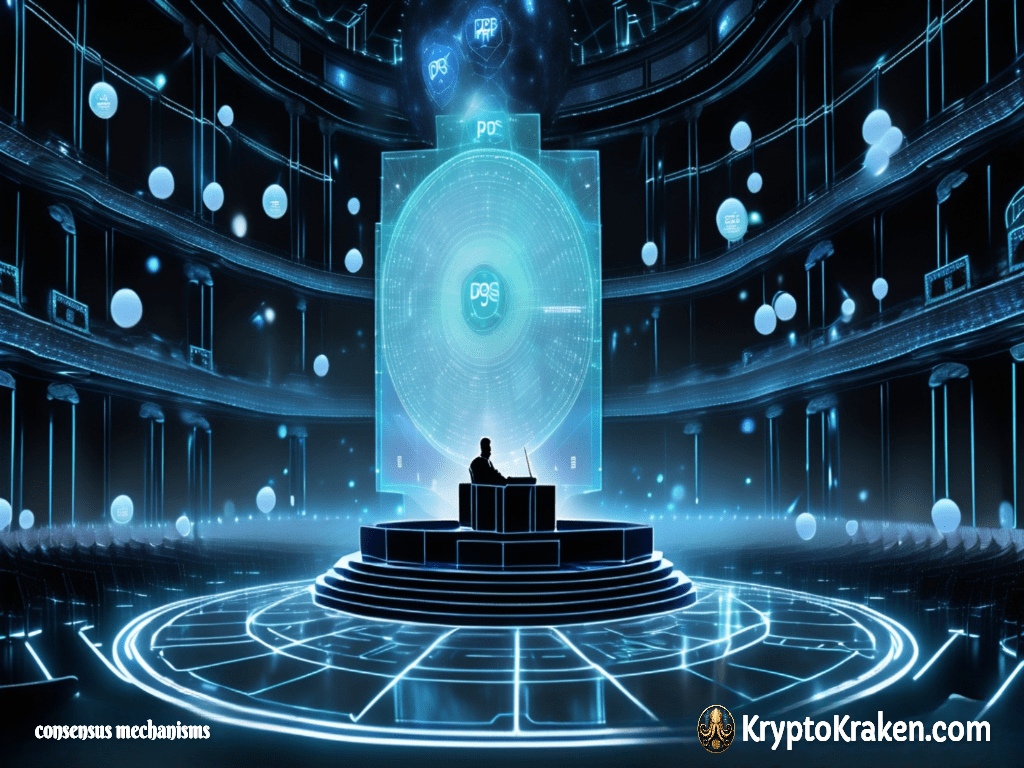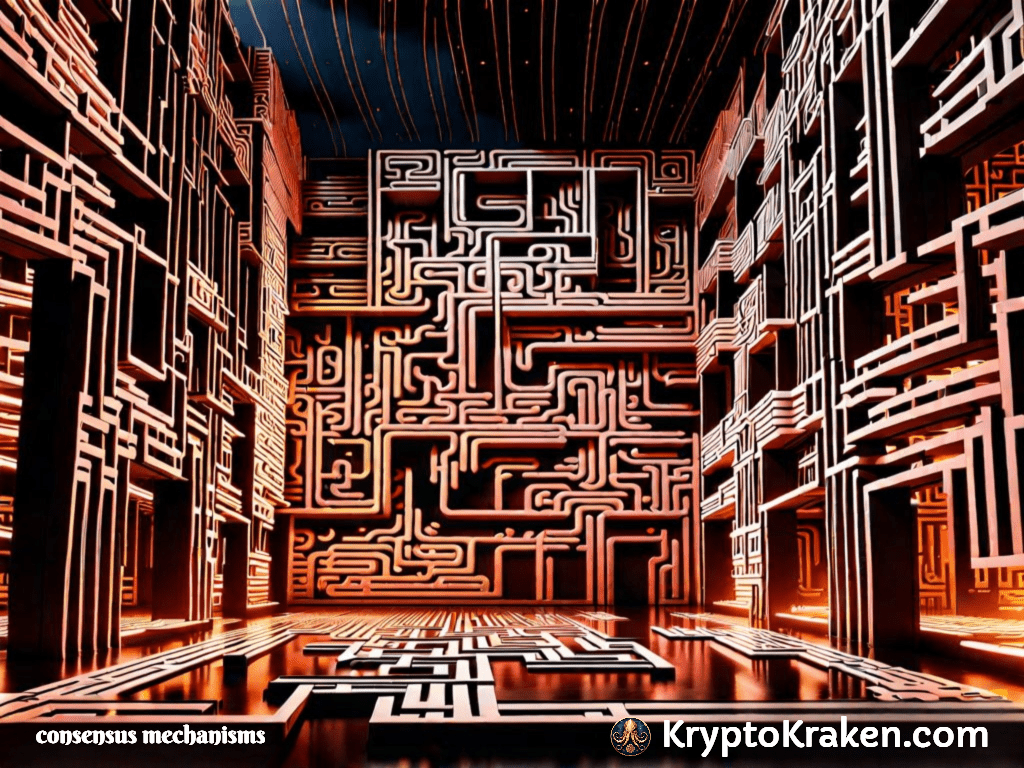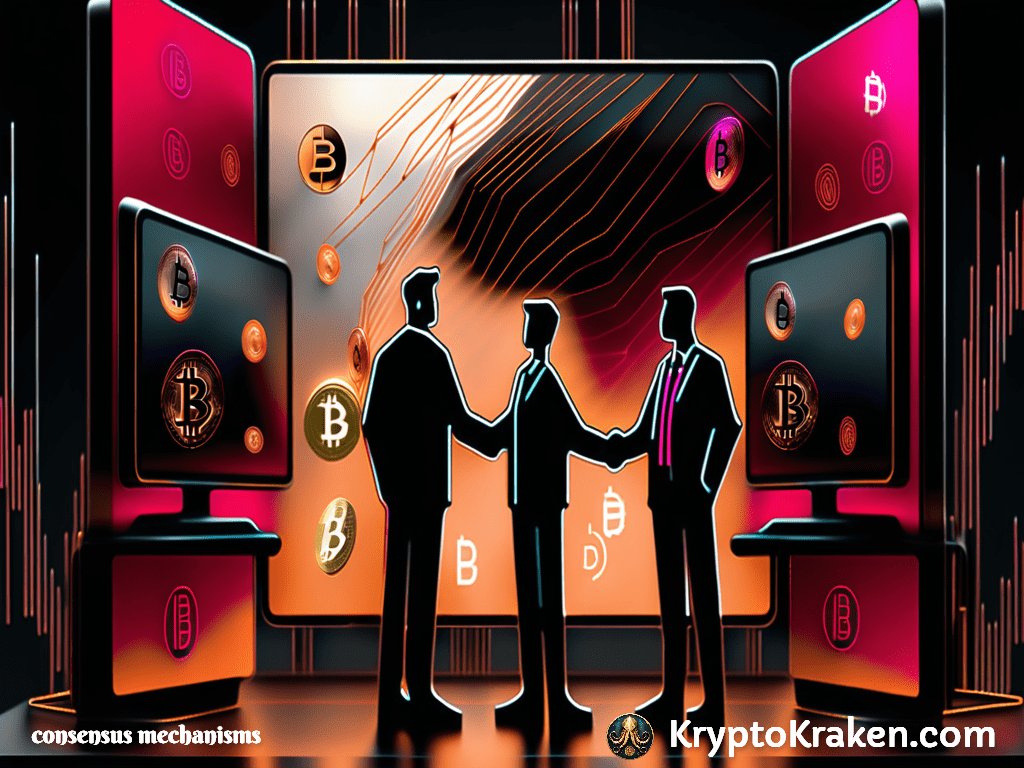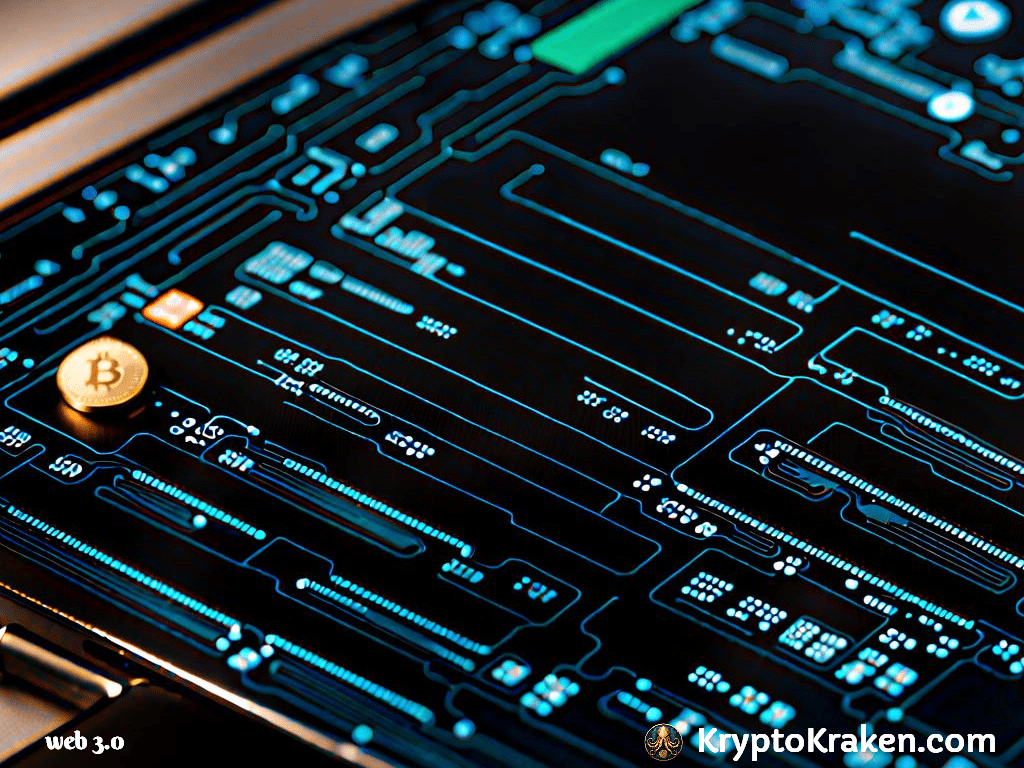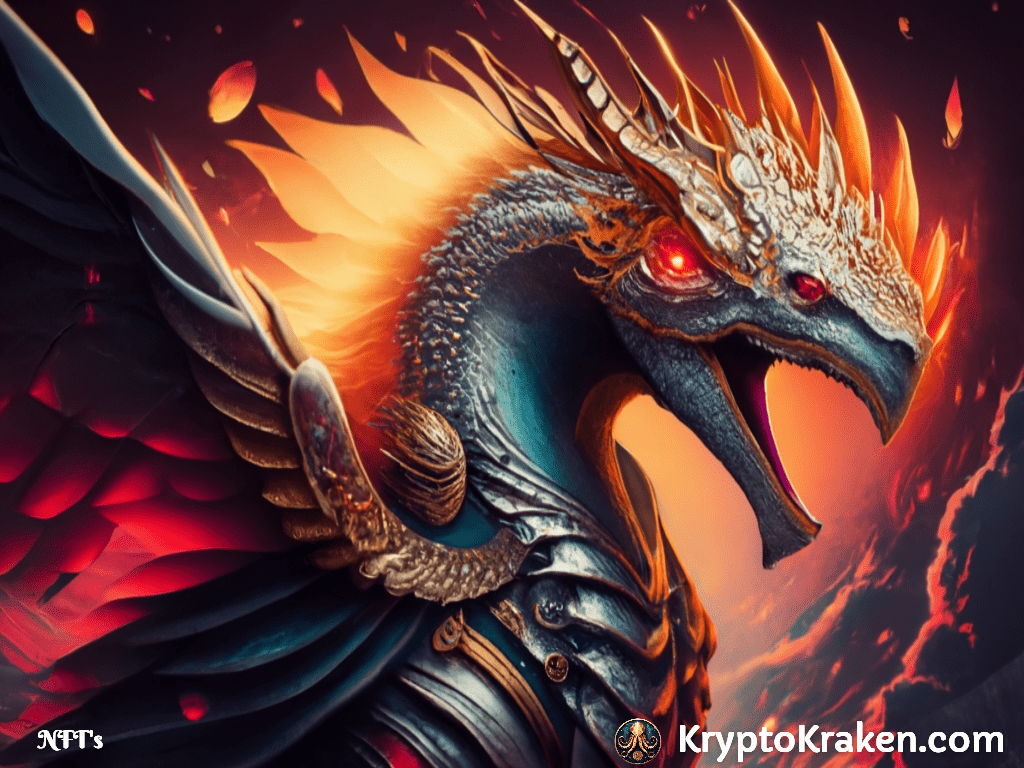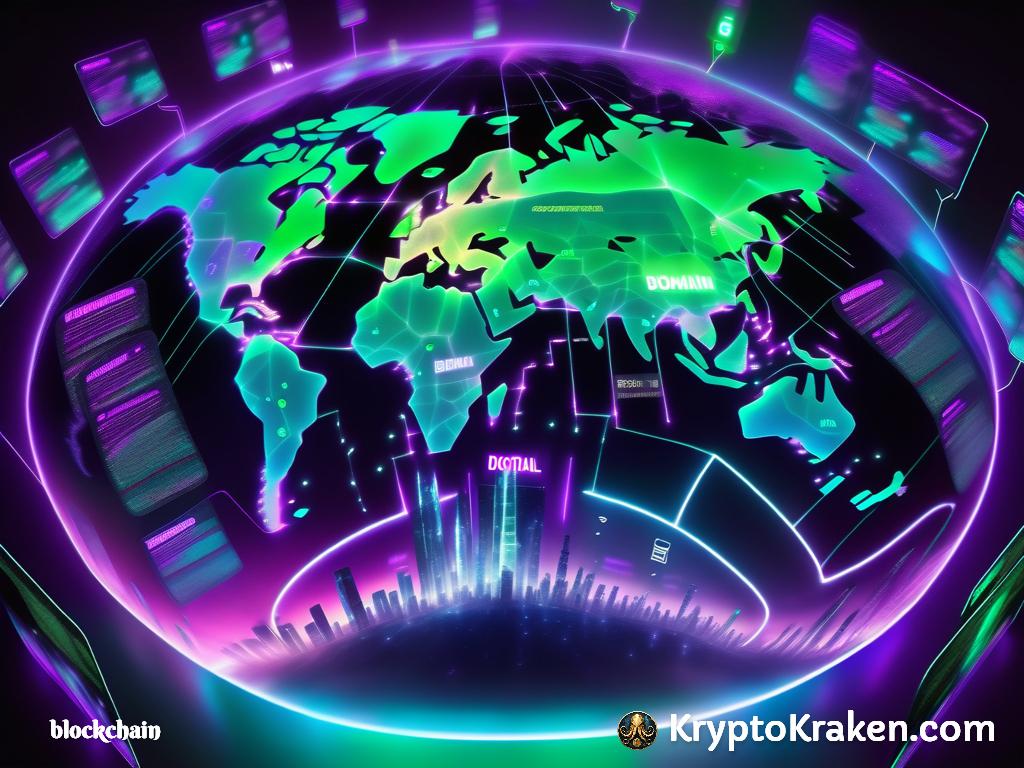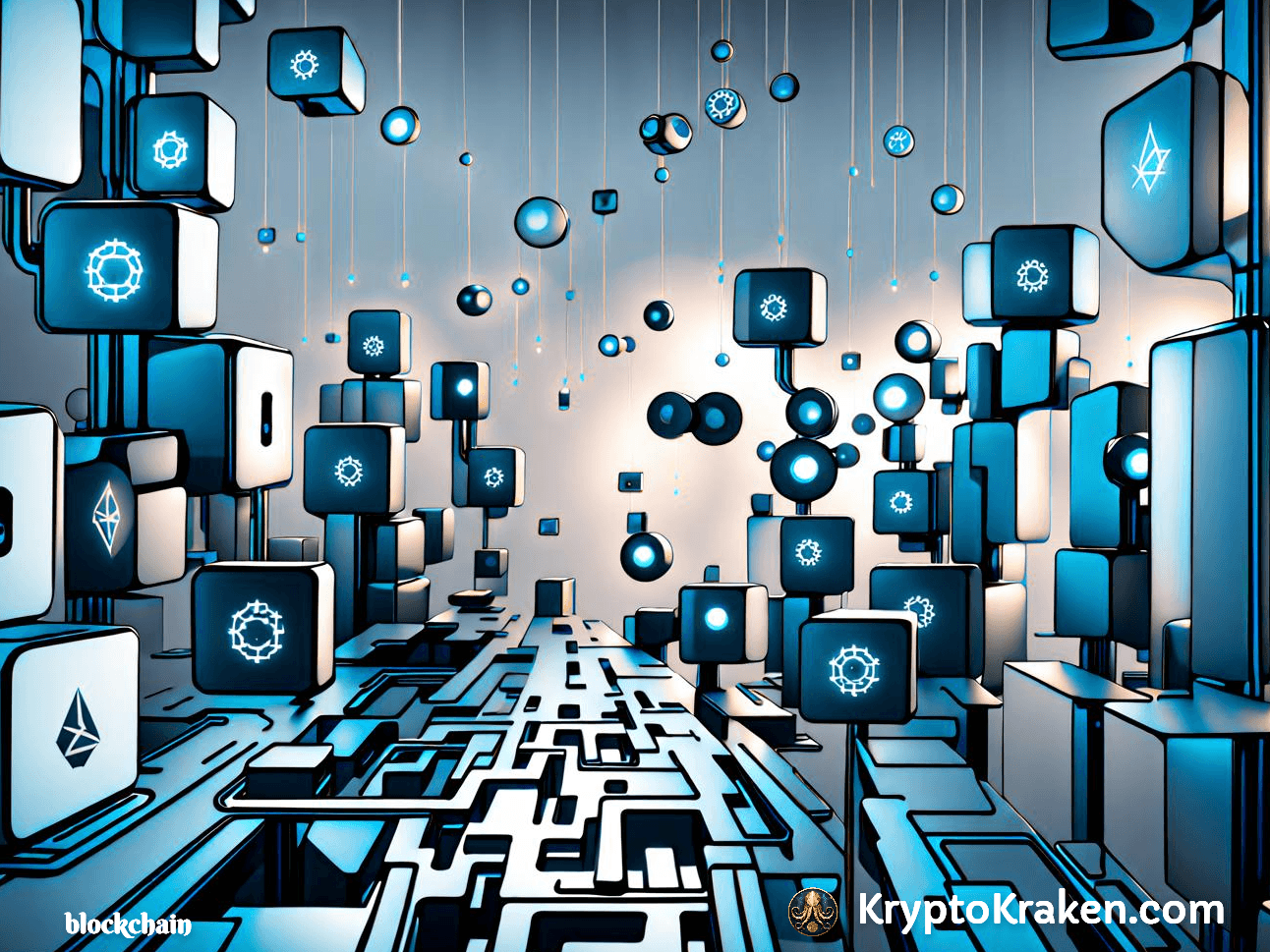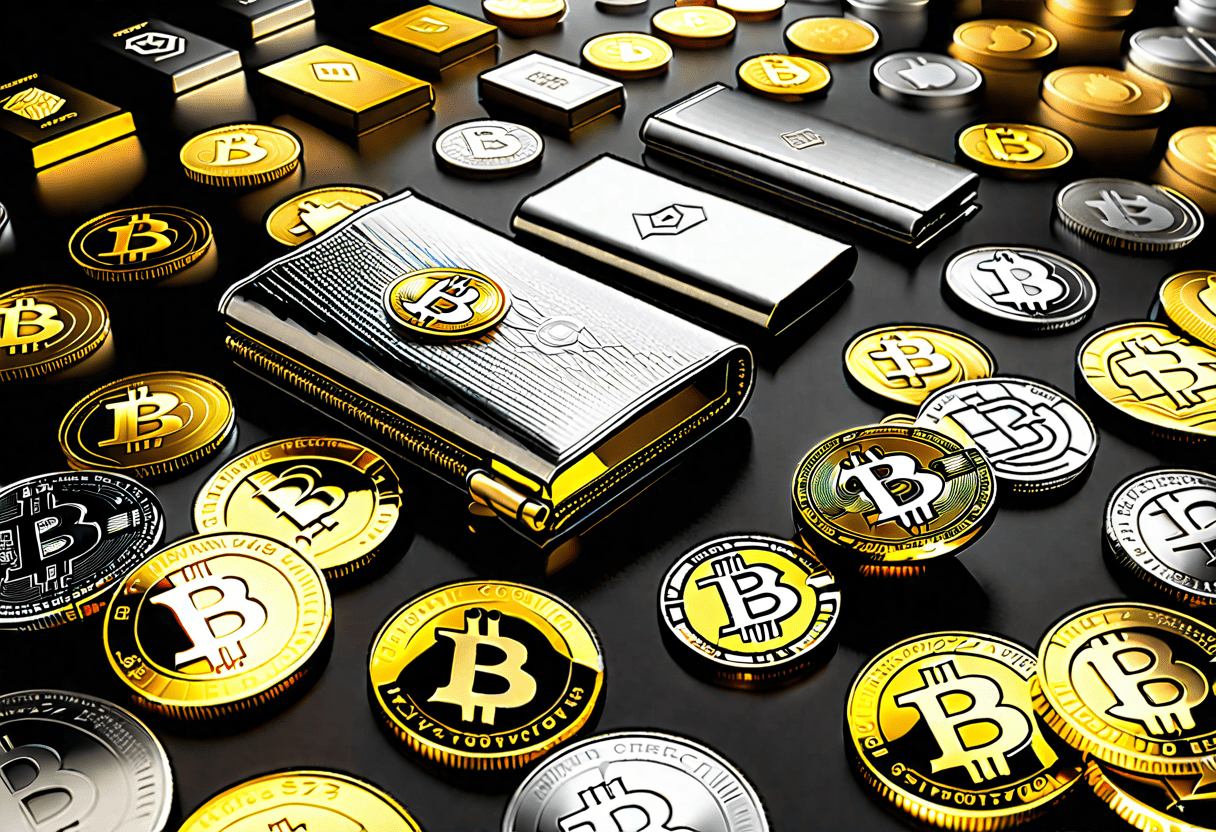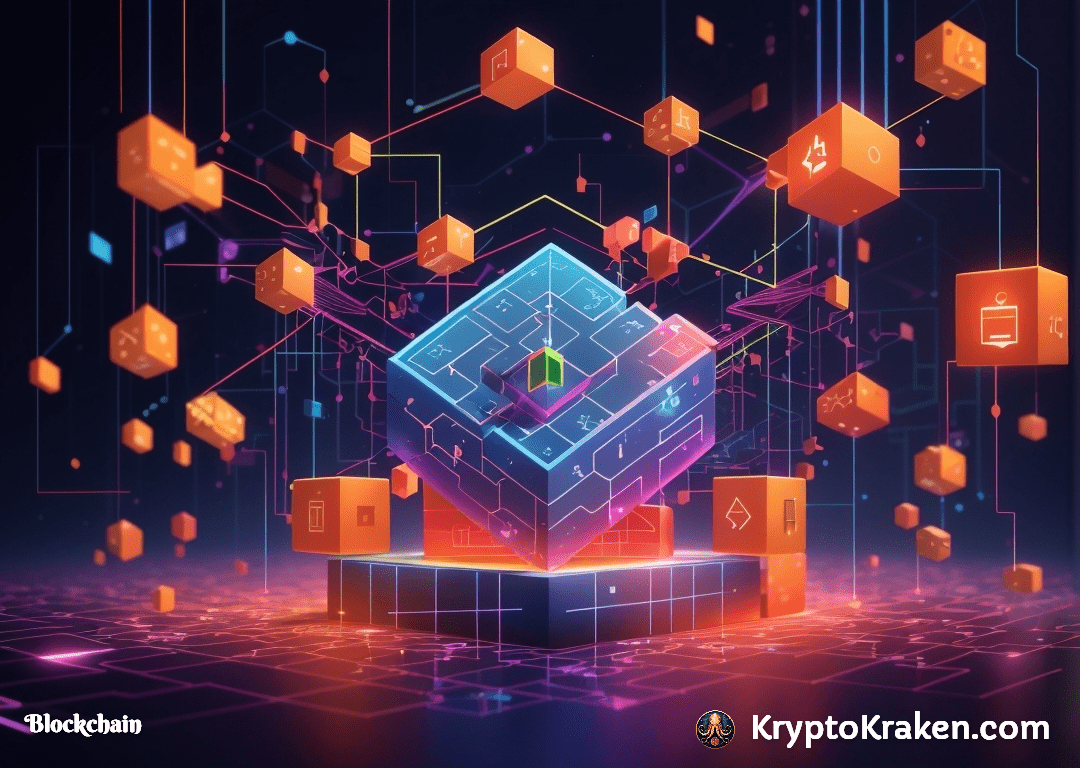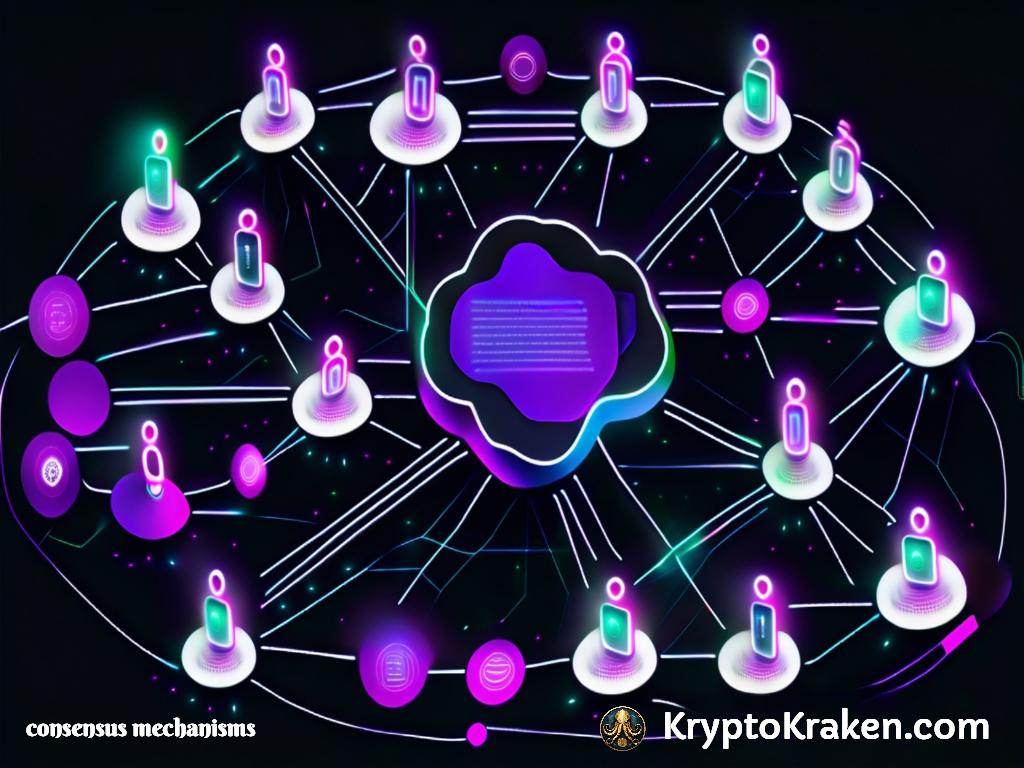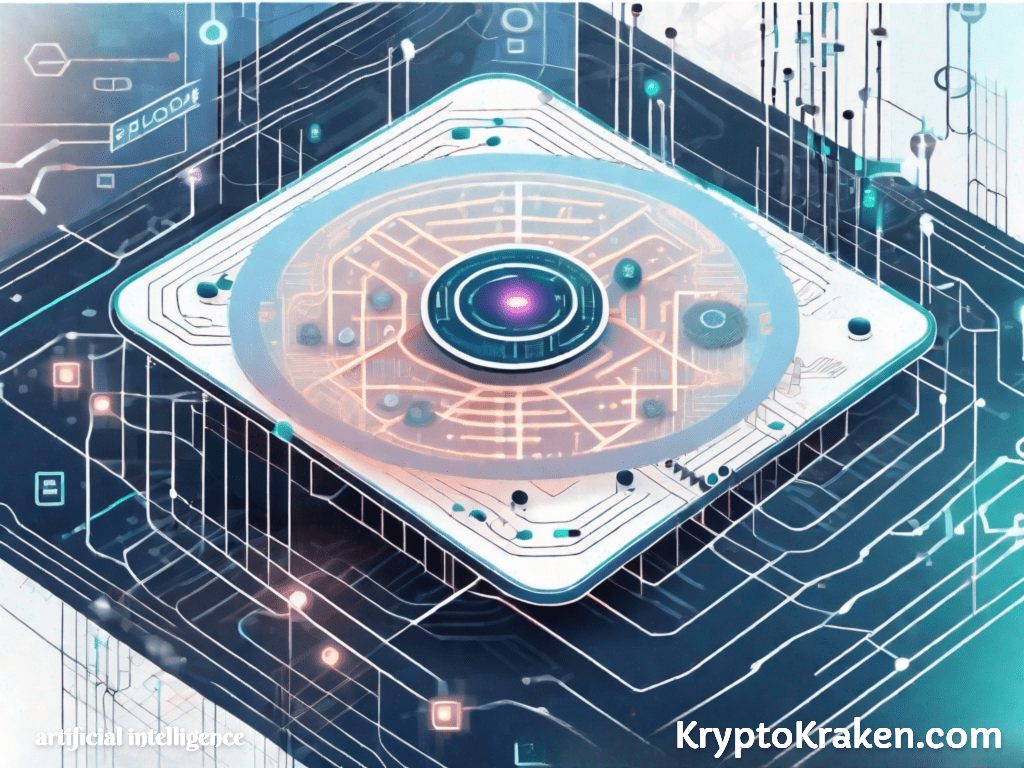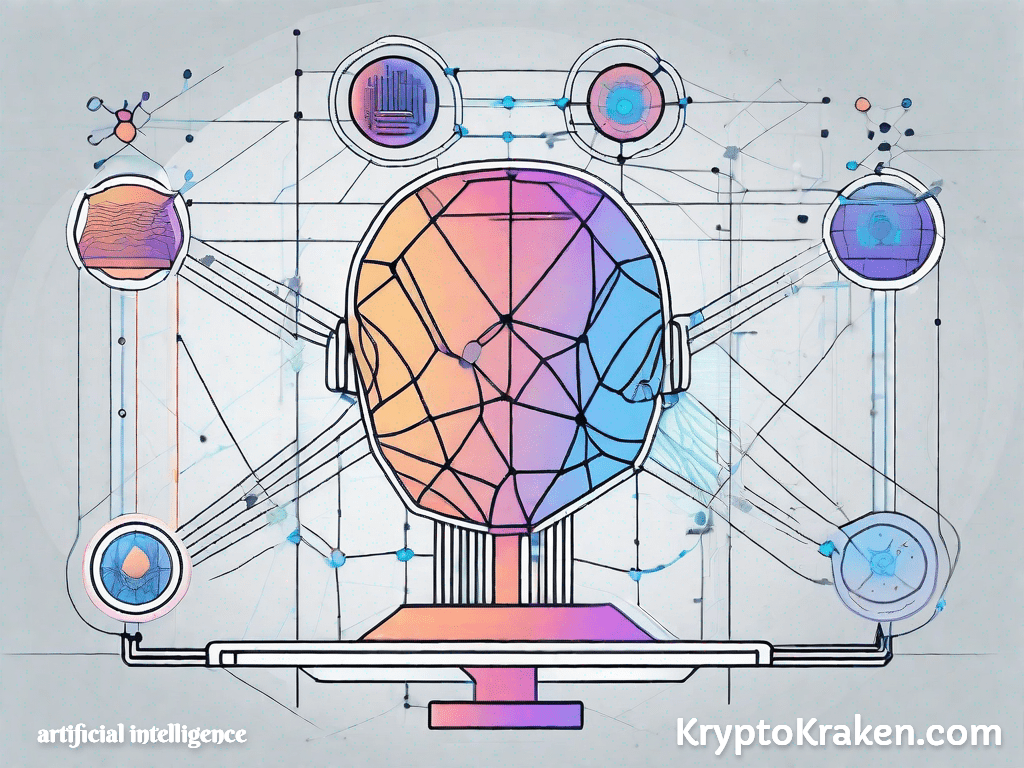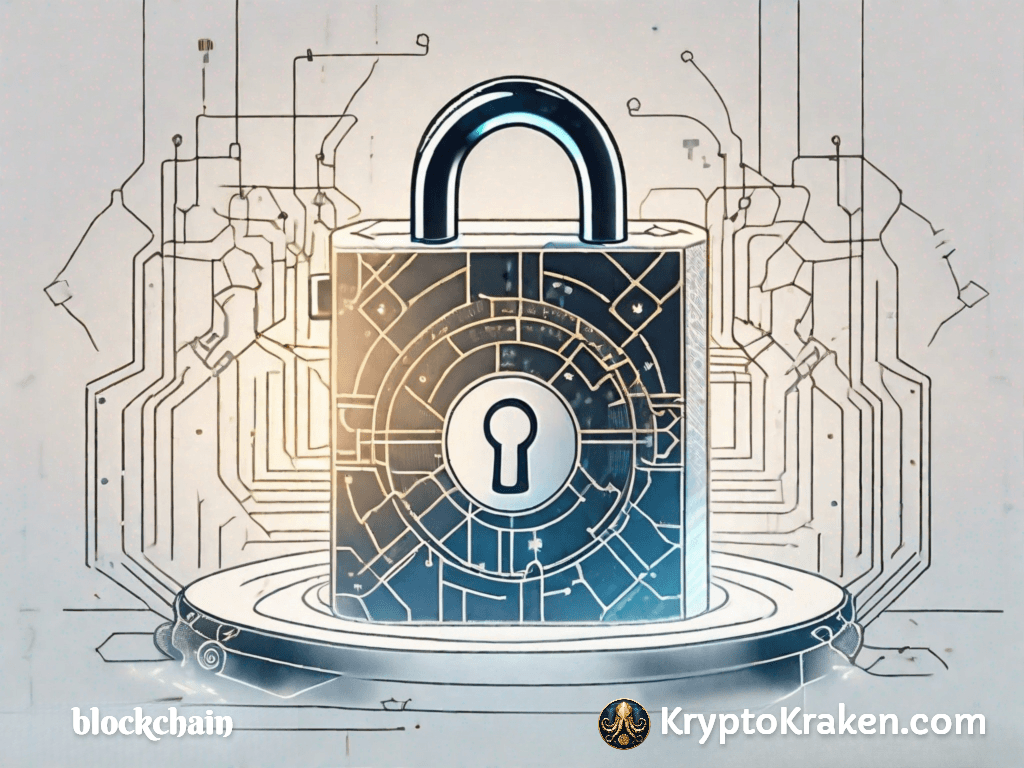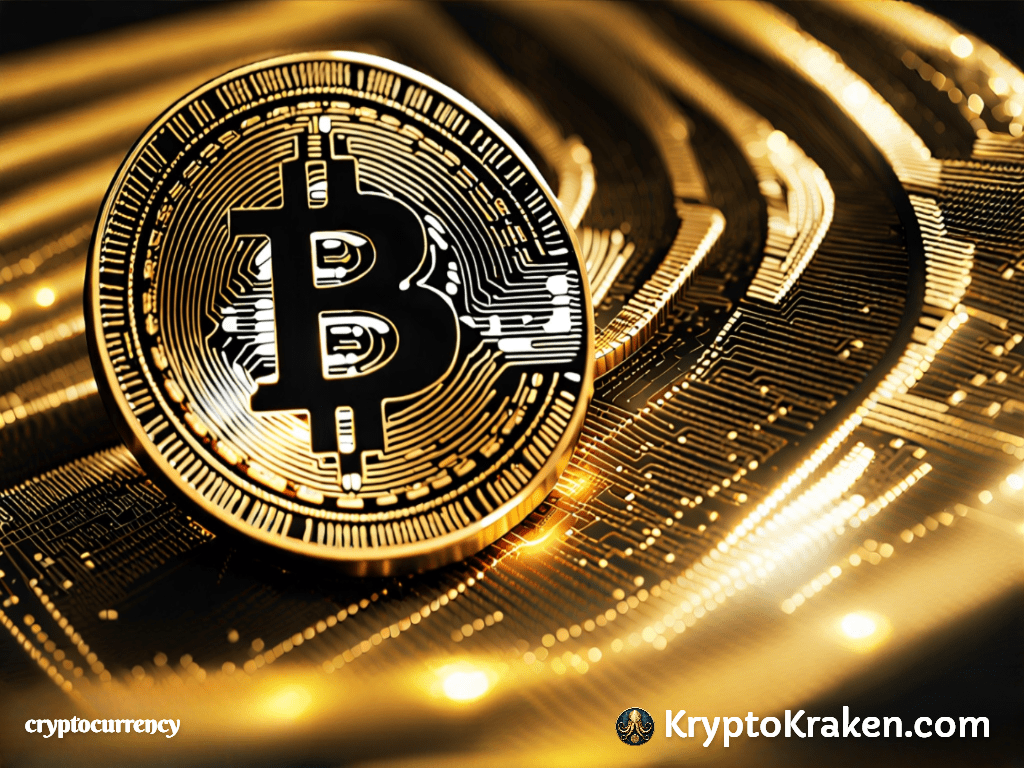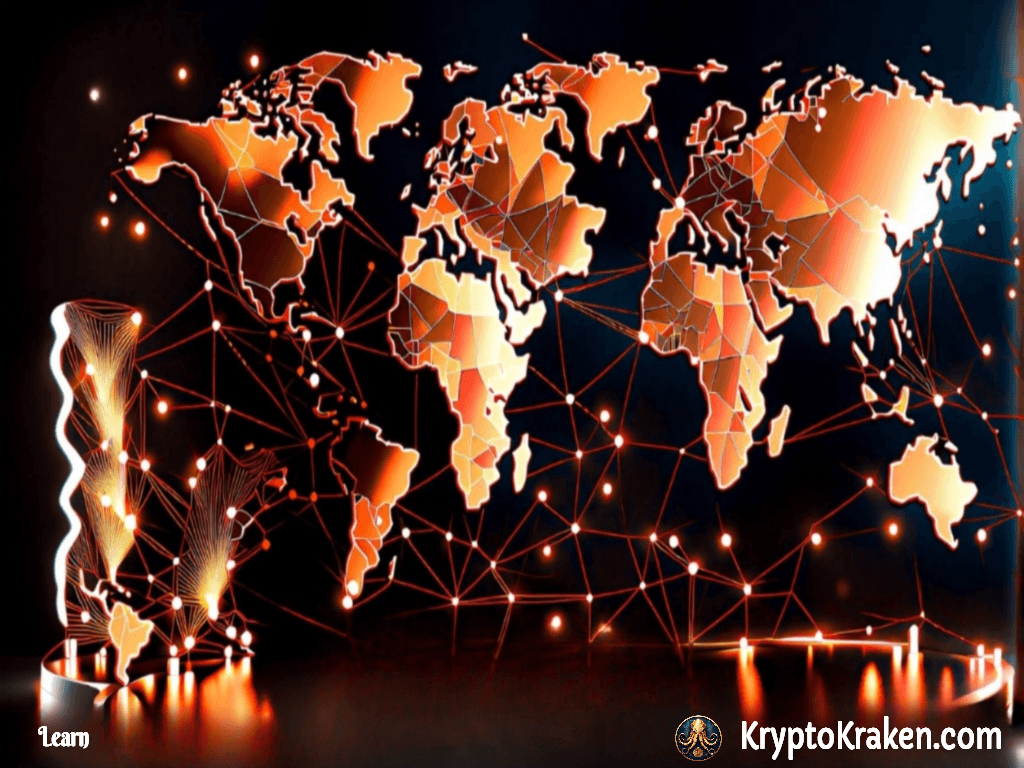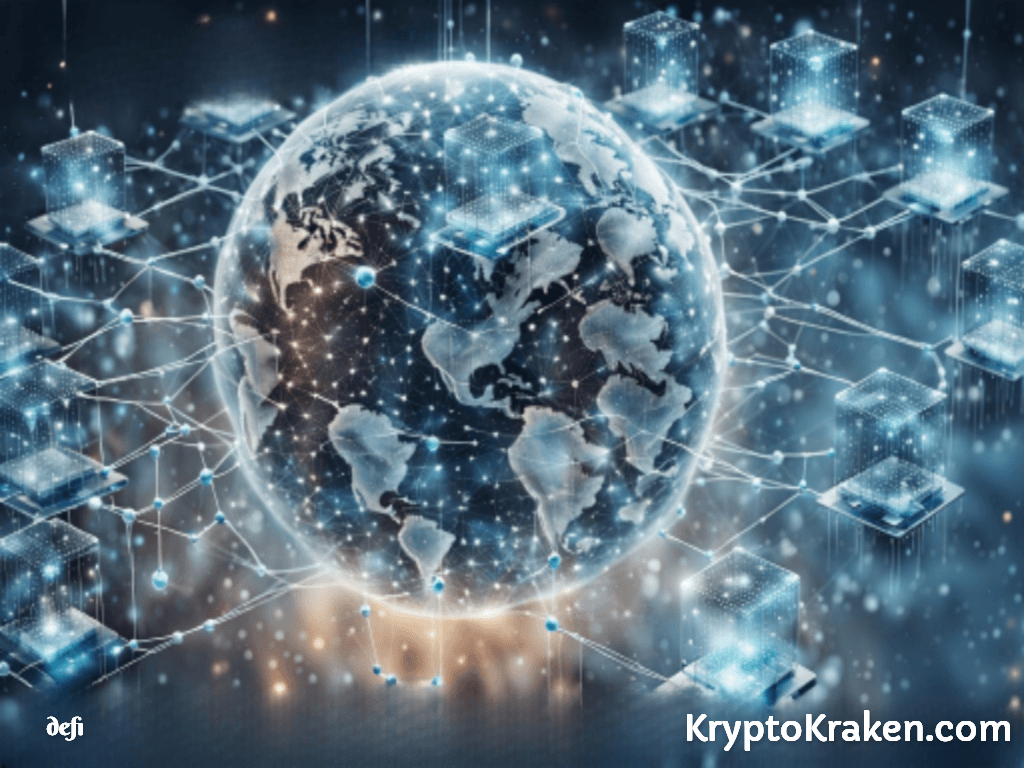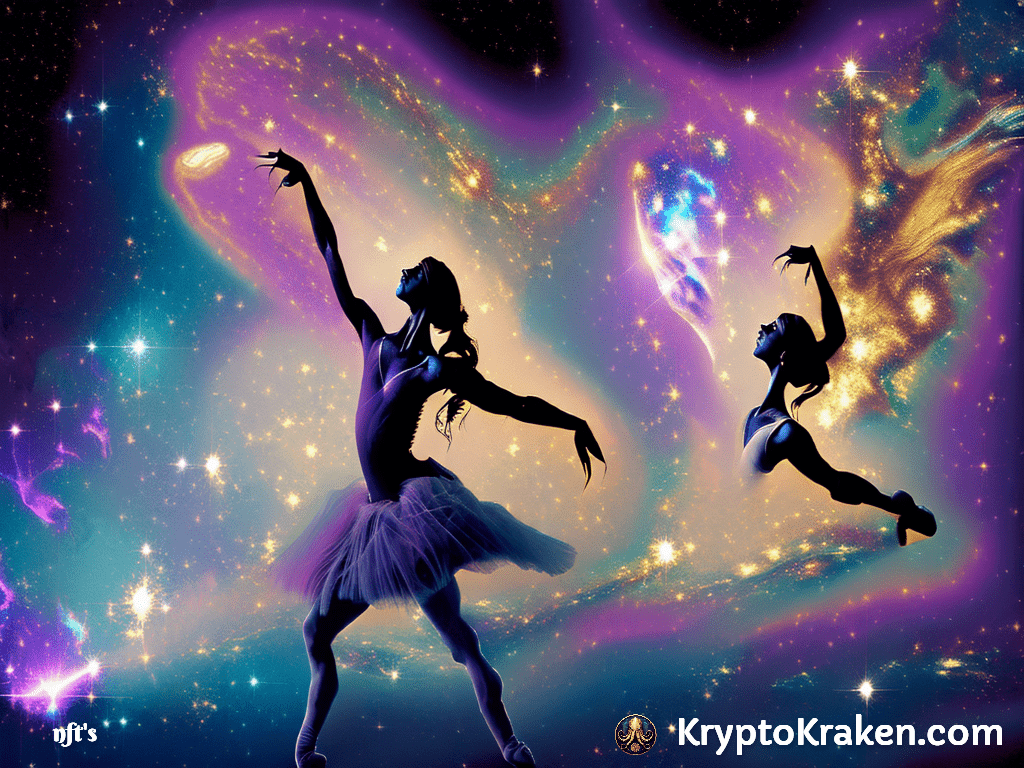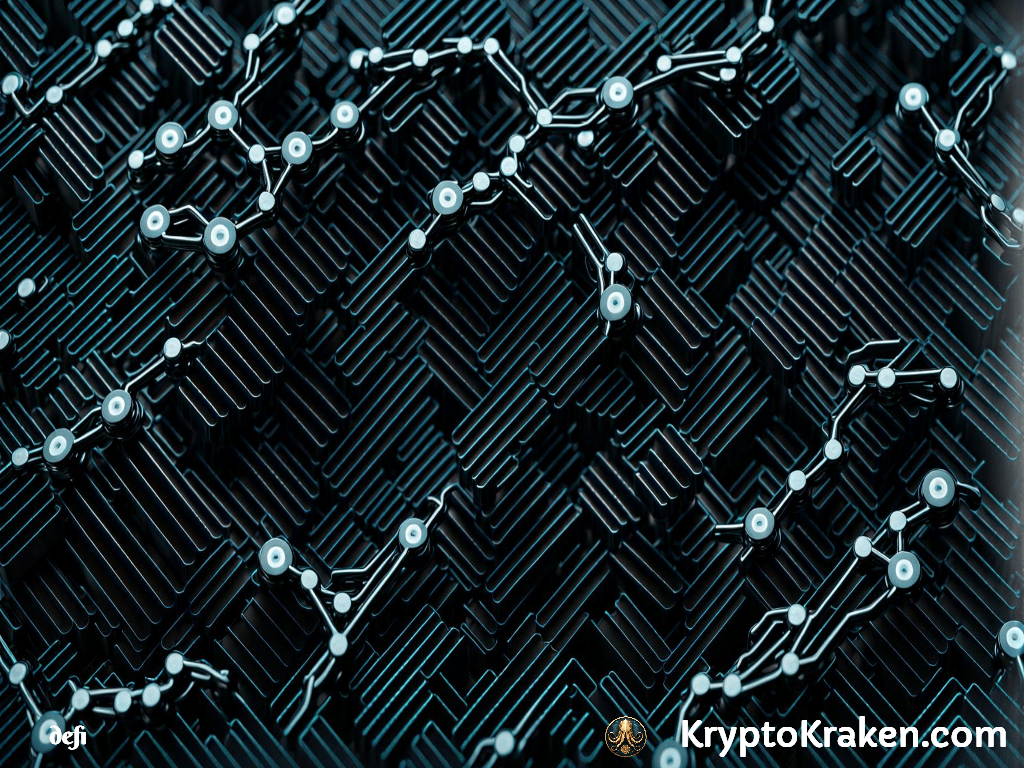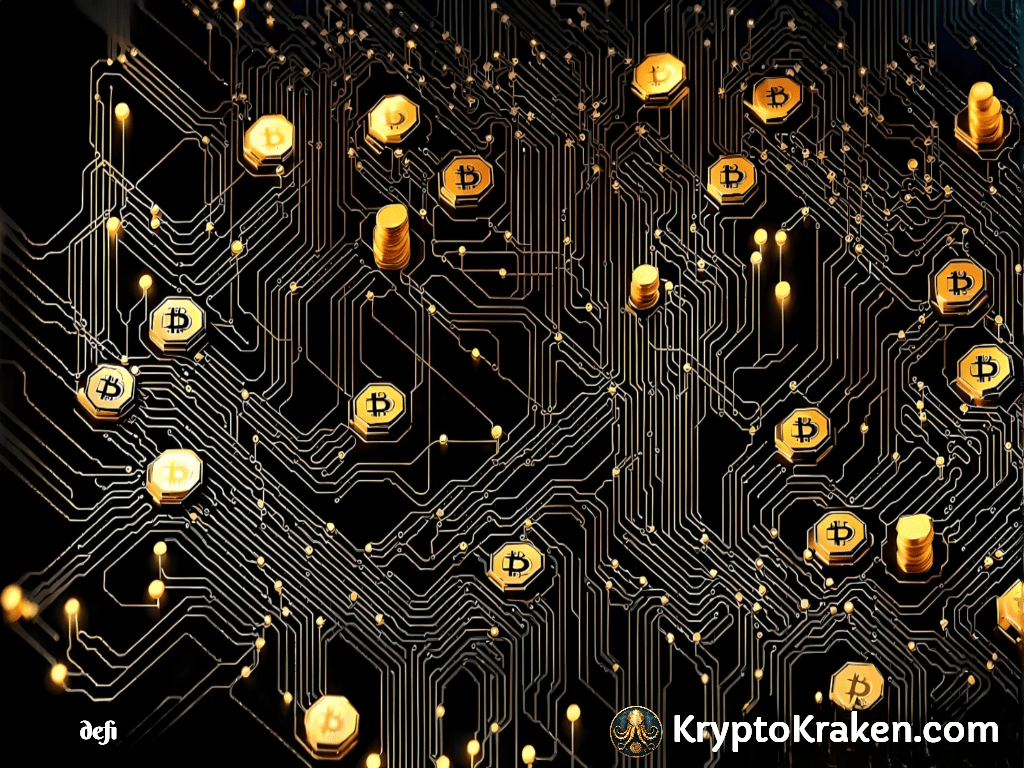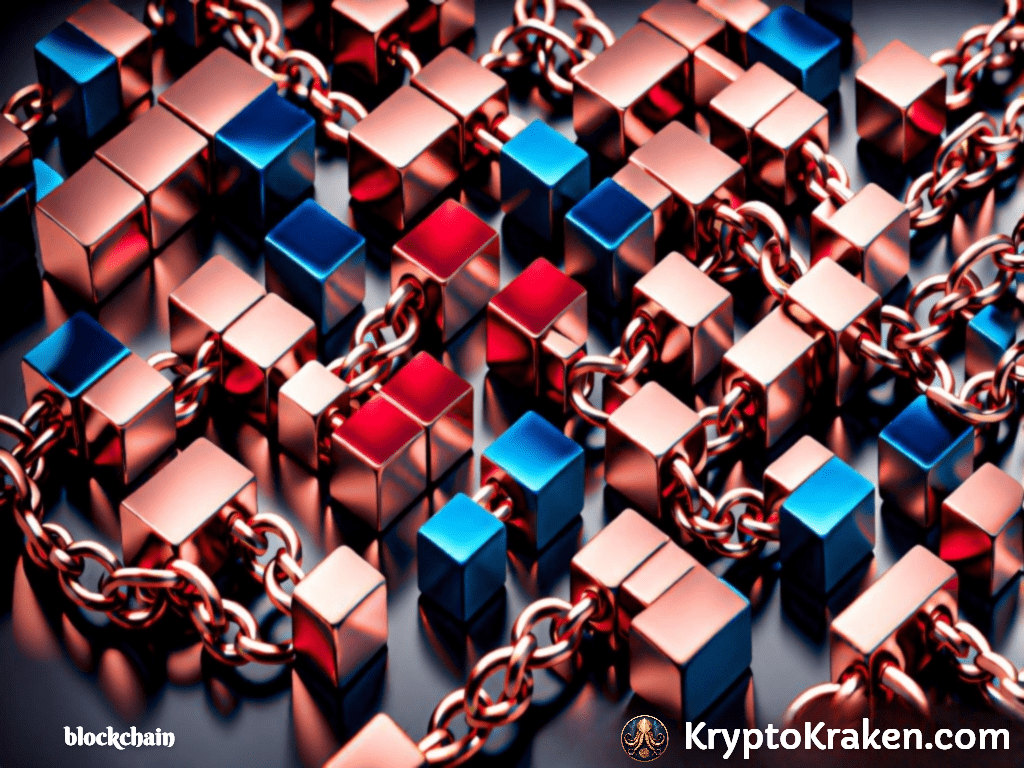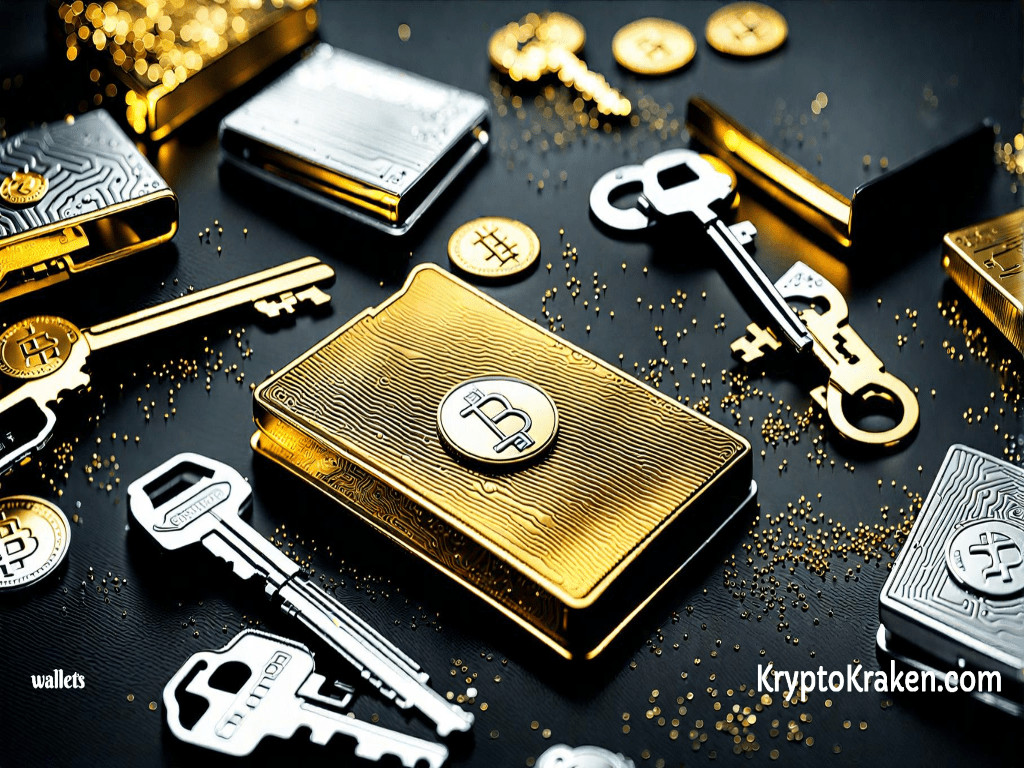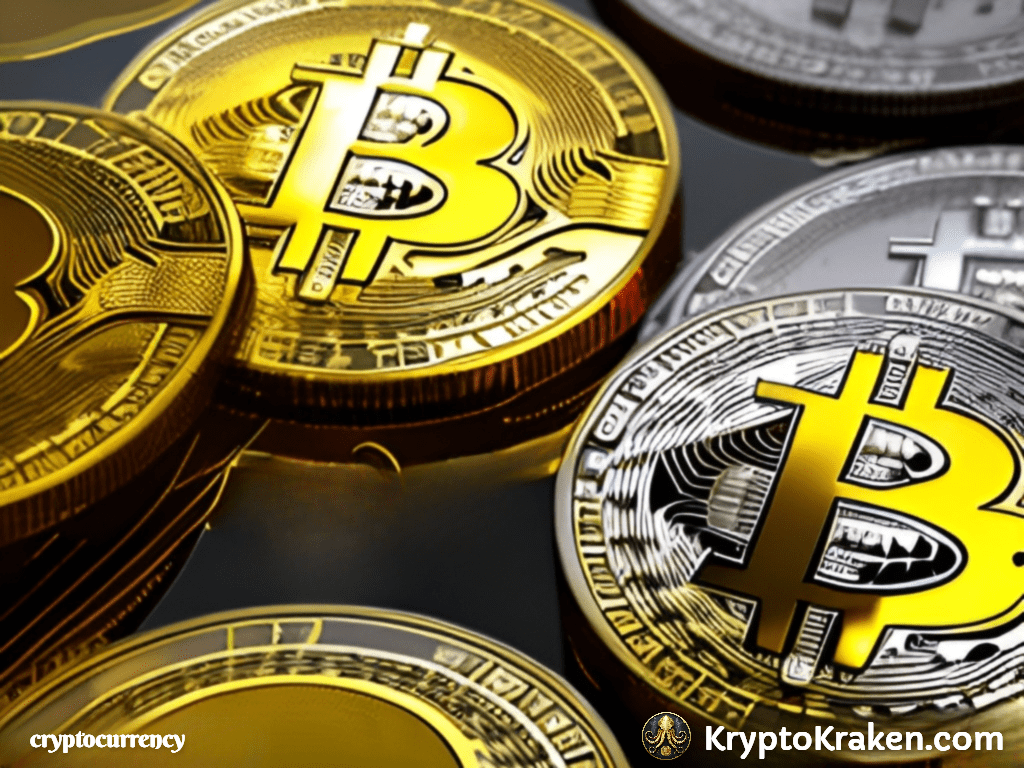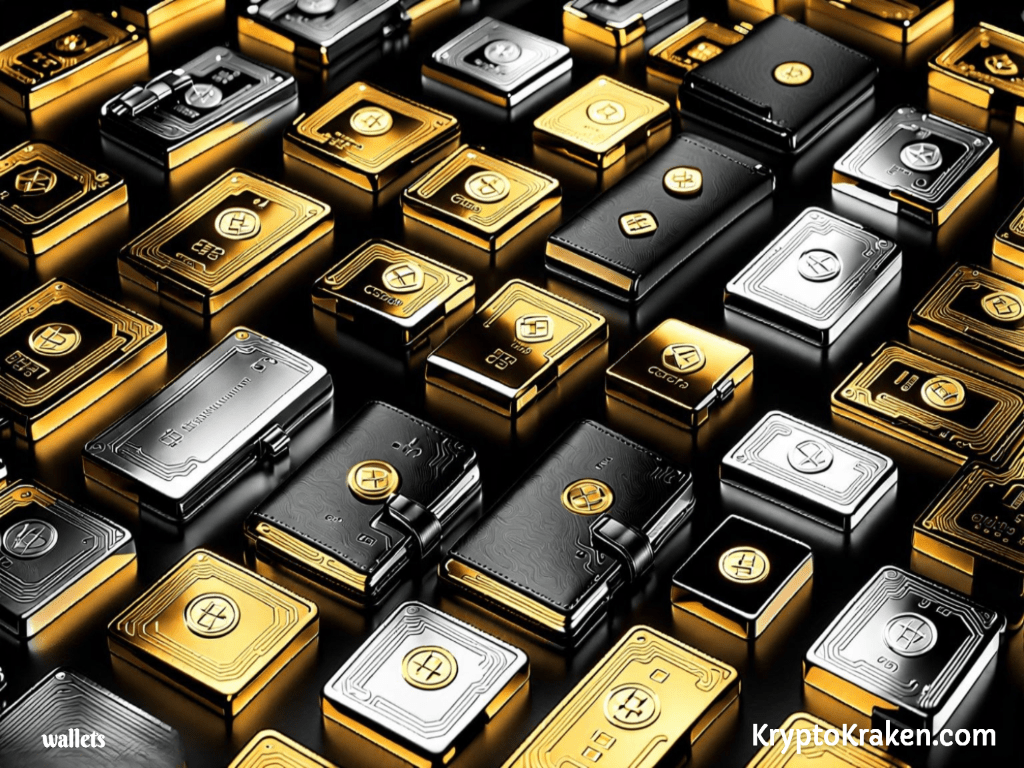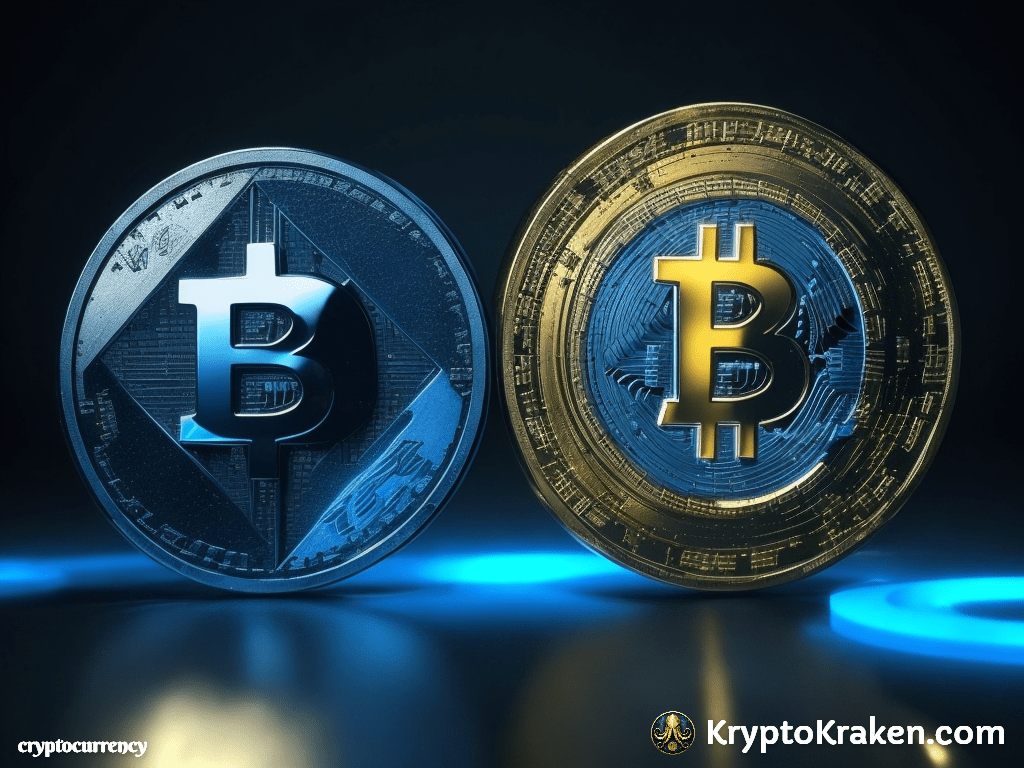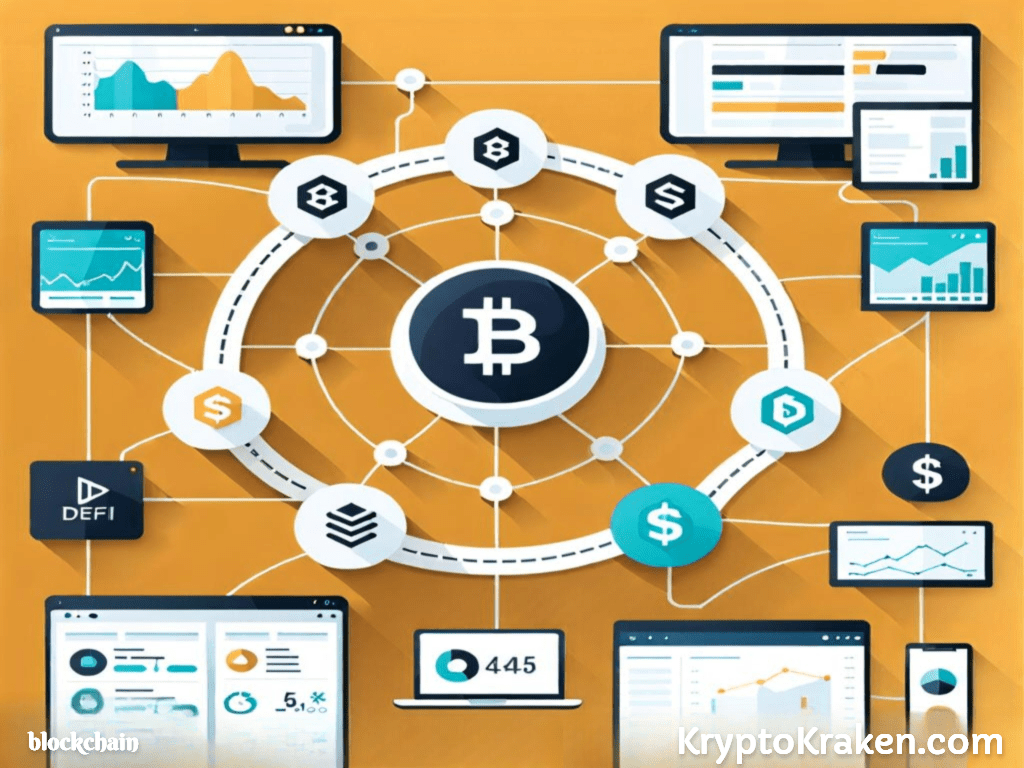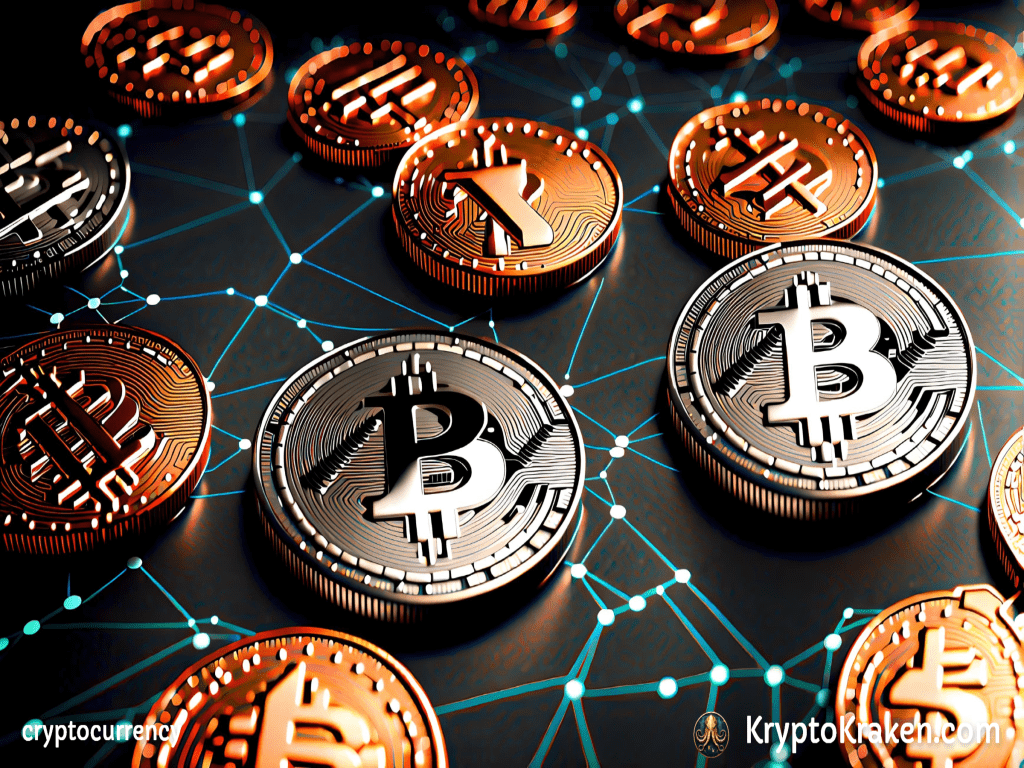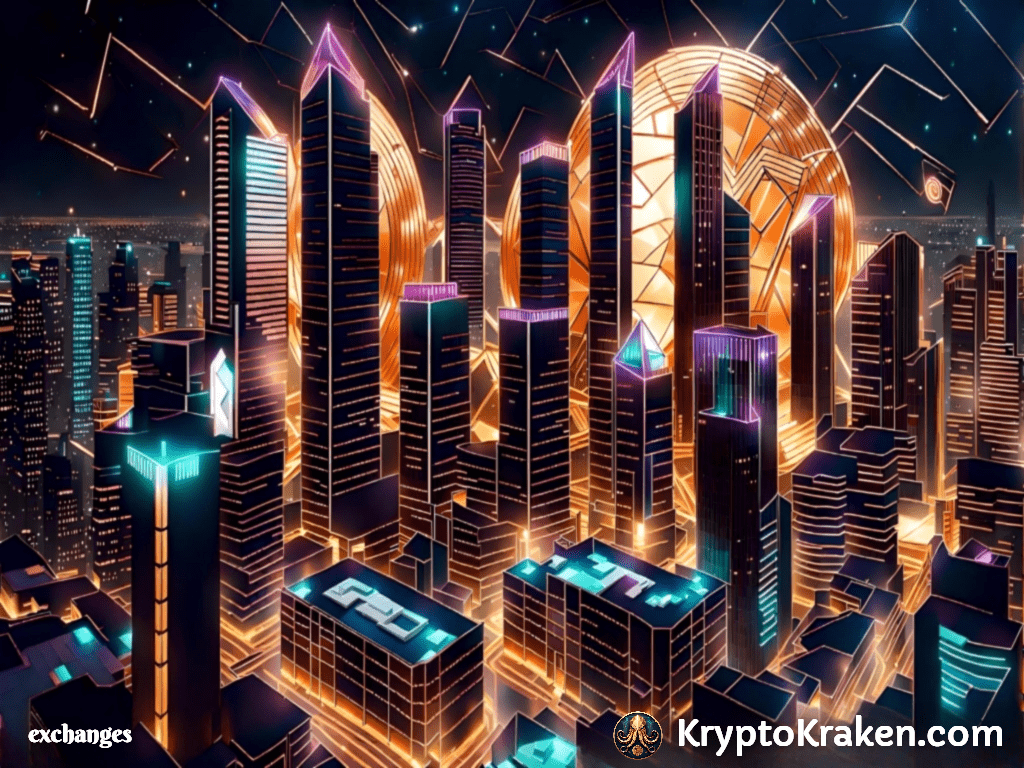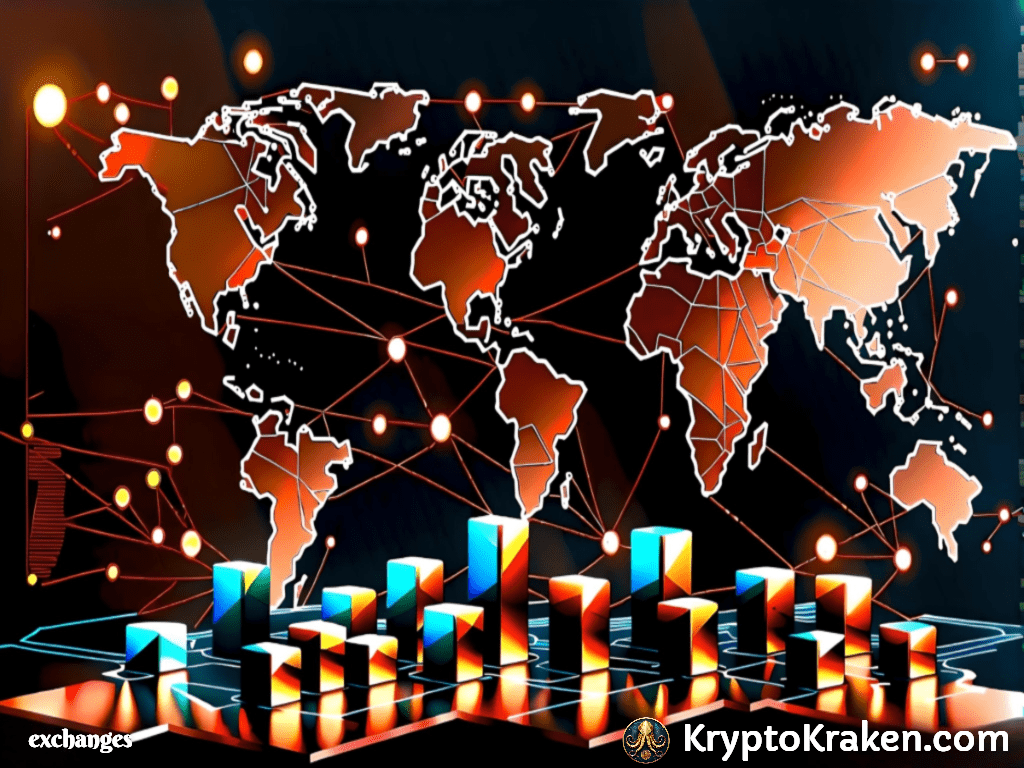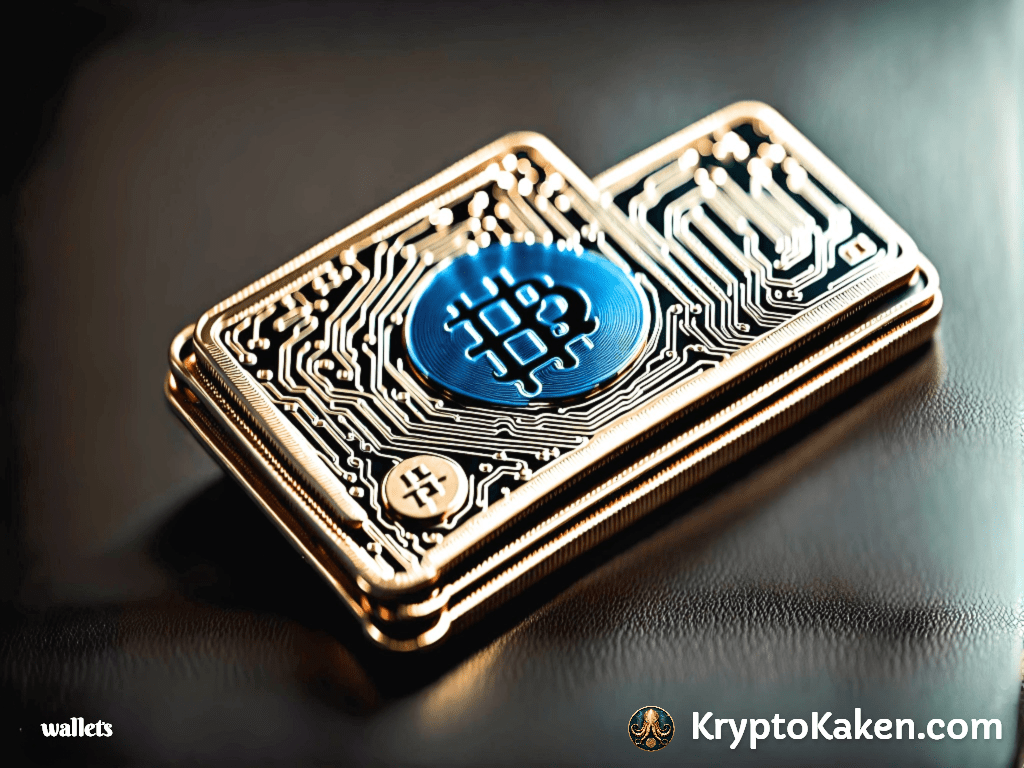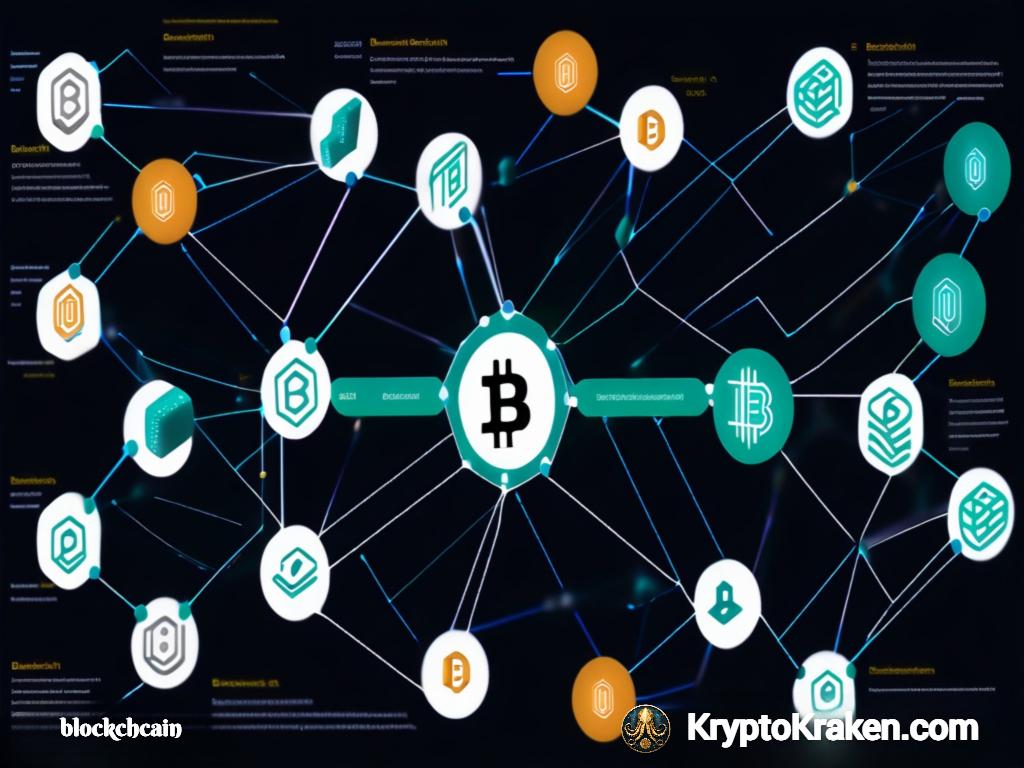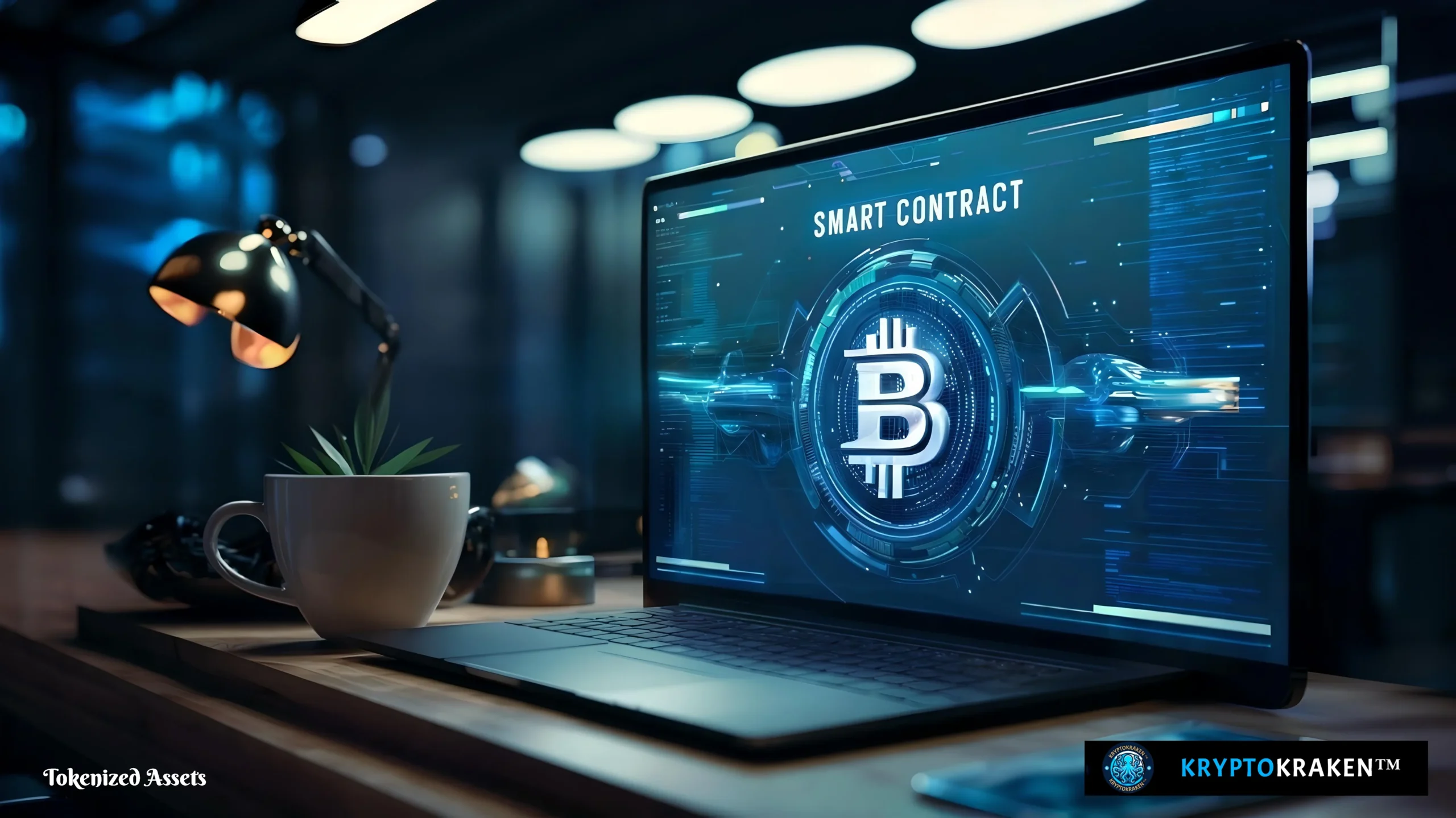
- August 1, 2024
- Frank Campbell
- 0
Digital assets have transformed the way we perceive and interact with the digital world. The advent of blockchain technology and decentralized platforms has paved the way for a revolutionary concept known as tokenization. By tokenizing digital assets, individuals and businesses are able to unlock new opportunities, create value, and benefit from the growing digital economy.
Table of Contents
Introduction to Digital Assets Tokenization
Tokenization is the process of converting real-world assets or intangible assets into digital tokens. These tokens are then securely recorded and traded on blockchain networks. This groundbreaking technology allows for fractional ownership, increased liquidity, and efficient transfer of assets.
One of the key advantages of digital assets tokenization is accessibility. Previously illiquid assets such as real estate, art, and collectibles can now be divided into smaller units, enabling wider participation and democratizing investment opportunities. This opens up a world of possibilities for both creators and investors.
Types of Digital Assets
When it comes to digital assets, the possibilities are diverse and ever-expanding. From cryptocurrencies like Bitcoin and Ethereum to non-fungible tokens (NFTs), digital art, music, virtual real estate, and even domain names, all can be tokenized and traded on blockchain platforms.
Cryptocurrencies paved the way for digital asset tokenization, revolutionizing the financial landscape. These decentralized digital currencies are popular due to their efficiency, transparency, and security. With tokenization, cryptocurrencies can be easily transferred and traded, enabling seamless global transactions.
Digital art and NFTs have taken the world by storm. By tokenizing artwork, artists can protect their intellectual property rights, ensure provenance, and monetize their creations. NFTs have also opened up new ways for creators to engage with their audience, offering unique digital collectibles and memorabilia.
Furthermore, tokenizing digital media and entertainment assets has transformed the way we consume and distribute content. From music royalties to movie rights, blockchain-based platforms enable fair compensation, direct monetization, and royalty distribution in a transparent and efficient manner.
Blockchain domains and virtual assets are another exciting frontier in digital asset tokenization. By tokenizing virtual real estate, virtual goods, and virtual identities, individuals and businesses can tap into an emerging market with vast potential.
Tokenization of Cryptocurrencies
The tokenization of cryptocurrencies has been instrumental in establishing the foundations of digital asset tokenization. Cryptocurrencies, such as Bitcoin and Ethereum, are decentralized digital currencies that utilize blockchain technology to enable secure and transparent transactions.
By tokenizing cryptocurrencies, individuals and businesses can unlock their value and take advantage of the growing digital economy. Tokens representing cryptocurrencies can be easily transferred, traded, and utilized as a medium of exchange for goods and services.
Moreover, tokenizing cryptocurrencies simplifies the process of managing and storing digital assets. With tokenization, individuals can securely hold their cryptocurrencies in digital wallets, ensuring greater control and protecting against theft and loss.
Overall, the tokenization of cryptocurrencies has revolutionized the financial landscape, enabling individuals to participate in the global economy with reduced barriers and increased accessibility.
Tokenization of Digital Art and NFTs
The tokenization of digital art and the emergence of non-fungible tokens (NFTs) have unleashed a new wave of creativity and possibilities for artists and collectors alike.
With tokenization, artists can protect their intellectual property rights and ensure the authenticity and provenance of their artwork. By tokenizing digital art, artists can create limited editions and unique digital collectibles, offering their audience a new way to engage with their creations.
NFTs have gained widespread attention, with high-profile sales and digital art collections making headlines. These unique digital assets can represent anything from virtual real estate to in-game items, music albums, and even tweets.
The tokenization of digital art and NFTs has transformed the art market, offering new revenue streams for artists and providing collectors with a secure and transparent way to buy, sell, and trade their digital collectibles.

Tokenizing Digital Media and Entertainment
The advent of digital media and entertainment has revolutionized the way we consume content. With tokenization, creators and consumers can tap into a new era of decentralized and transparent distribution, ensuring fair compensation and enhanced engagement.
By tokenizing digital media and entertainment assets, creators can monetize their content directly, bypassing traditional intermediaries and middlemen. This enables them to retain greater control over their work and receive fair compensation for their talent and creativity.
Blockchain-based platforms have emerged, allowing creators to distribute and monetize their music, videos, and other digital content. Fans can support their favorite artists by purchasing tokens or accessing exclusive content, fostering a deeper connection and empowering the creator community.
Tokenizing digital media and entertainment assets also opens up new opportunities for content licensing, ensuring that intellectual property rights are protected and royalties are distributed accurately and transparently.
Digital Collectibles and Memorabilia
Digital collectibles and memorabilia have long been a part of our digital culture, from virtual trading cards to in-game items. With tokenization, these digital assets are gaining recognition and value in new ways.
Tokenizing digital collectibles and memorabilia enables collectors to prove ownership, authenticity, and scarcity. Non-fungible tokens (NFTs) have emerged as the standard for these unique digital assets, offering a secure and transparent way to buy, sell, and trade.
Furthermore, digital collectibles and memorabilia present exciting opportunities for creators and businesses to engage with their audience. Limited edition virtual items, exclusive experiences, and personalized content are just a few ways that tokenization is revolutionizing the digital collectibles market.
Collectors can now showcase their digital collections, participate in auctions, and even lend or rent their collectibles, fostering a dynamic and thriving community.
Blockchain Domains and Virtual Assets
Blockchain domains and virtual assets represent a new frontier in digital asset tokenization, offering unique opportunities for individuals and businesses.
Tokenizing virtual real estate allows individuals to acquire and trade virtual land and properties in decentralized virtual worlds. These blockchain-based virtual worlds are often backed by thriving communities and economies, offering a wide range of possibilities.
Virtual goods and in-game assets can also be tokenized, enabling gamers to buy, sell, and trade items securely and transparently. This creates a new ecosystem where individuals can monetize their virtual achievements and skills.
Additionally, virtual identities can be tokenized, providing individuals with control and ownership over their digital personas. This opens up new possibilities for identity verification, reputation management, and digital interactions.
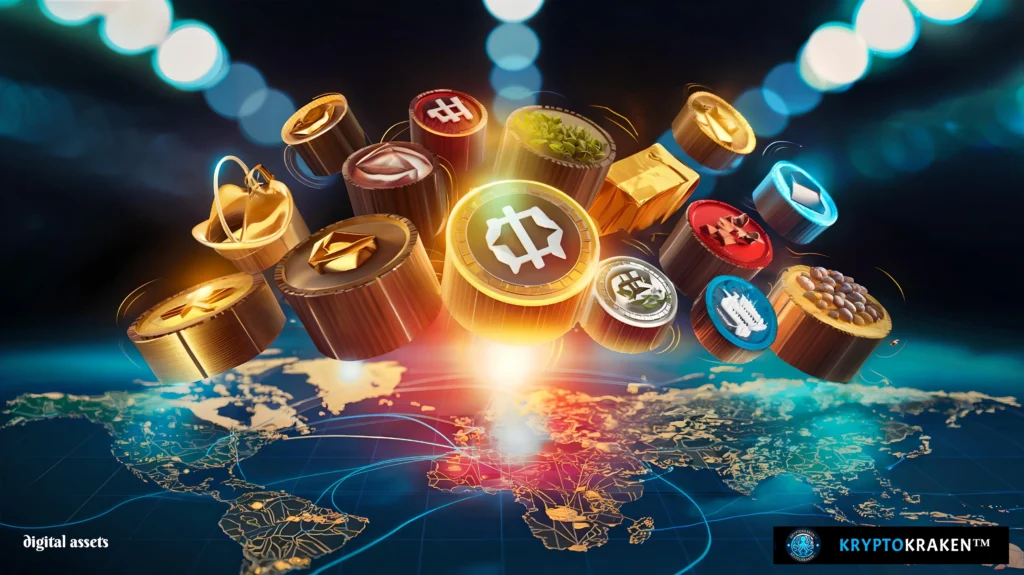
Benefits of Tokenizing Digital Assets
The benefits of tokenizing digital assets are far-reaching, bringing numerous advantages to both creators and investors in the digital economy.
For creators, tokenization offers new revenue streams, direct monetization, and greater control over their work. By eliminating intermediaries and leveraging blockchain technology, creators can receive fair compensation, protect their intellectual property rights, and engage with their audience in meaningful ways.
Moreover, tokenization enhances liquidity and accessibility for investors. Previously illiquid assets can now be fractionally divided into tokens, enabling wider participation and democratizing investment opportunities. This creates a more inclusive and dynamic market, benefiting both investors and asset owners.
Tokenization also offers transparency and security. Blockchain technology ensures that asset ownership is cryptographically recorded, reducing the risk of fraud and providing individuals with peace of mind. Additionally, smart contracts enable automated governance and ensure that transactions and agreements are executed as intended.
Overall, tokenizing digital assets unlocks new value and opportunities, reshaping industries and empowering individuals in the digital economy.
Challenges in Digital Assets Tokenization
While the potential of digital asset tokenization is exciting, it is not without its challenges. As with any emerging technology, there are hurdles to overcome.
One of the main challenges is regulatory compliance. The legal framework surrounding digital assets and tokenization is still evolving, with different jurisdictions taking various approaches. Clarity and consistency in regulations are essential to foster innovation and protect individuals.
Scalability and interoperability are also areas of focus. As the demand for digital asset tokenization grows, the underlying blockchain infrastructure must be able to accommodate increased transaction volume and support cross-platform interoperability.
Moreover, security and fraud prevention are paramount. While blockchain technology offers robust security features, it is important to remain vigilant and ensure best practices in cybersecurity to protect against potential vulnerabilities and hacking attempts.
Educating the public about digital asset tokenization and fostering understanding are additional challenges. As this technology continues to evolve, it is crucial to provide accessible educational resources and empower individuals to make informed decisions.
Legal Framework for Digital Assets
The legal framework for digital assets and tokenization is a complex landscape that varies from jurisdiction to jurisdiction. However, regulatory bodies and governments are increasingly recognizing the potential of digital assets and are taking steps to establish clear guidelines.
Some countries have already introduced regulations to govern digital assets, while others are in the process of developing frameworks. These regulations aim to ensure investor protection, prevent money laundering, and foster innovation in a controlled manner.
Moreover, global organizations such as the Financial Action Task Force (FATF) provide recommendations and standards for combating illicit activities in the digital asset space. Compliance with these standards is essential for businesses operating in this emerging industry.
As the legal framework for digital assets continues to evolve, it is crucial for individuals and businesses to stay informed and comply with applicable regulations to ensure a secure and compliant environment for digital asset tokenization.
Market Platforms for Trading Tokenized Digital Assets
The growing demand for tokenized digital assets has led to the emergence of market platforms dedicated to facilitating the trading and exchange of these assets.
These platforms provide individuals and businesses with a secure and transparent marketplace to buy, sell, and trade digital assets. They offer features such as digital wallets, order books, and liquidity pools, ensuring a seamless trading experience.
Furthermore, these platforms often employ blockchain technology to ensure the immutability and transparency of transactions. Smart contracts enable automated execution of agreements and provide individuals with peace of mind.
Market platforms for trading tokenized digital assets also provide a range of tools and analytics to support investors in making informed decisions. From real-time market data to portfolio tracking, these platforms empower individuals to manage their investments effectively.
As the market for tokenized digital assets continues to grow, new platforms are constantly emerging, offering innovative solutions and catering to specific asset classes and investment strategies.

Investing in Tokenized Digital Assets
Investing in tokenized digital assets offers a unique opportunity to participate in the digital economy and benefit from the potential of blockchain technology.
Before investing, it is important to conduct thorough research and due diligence. Understanding the underlying technology, market dynamics, and regulatory landscape is crucial to making informed investment decisions.
Additionally, diversification is key. The world of tokenized digital assets is diverse, with numerous asset classes and investment opportunities. By diversifying your portfolio, you can spread risk and tap into different sectors of the digital economy.
Moreover, staying informed and keeping up with market trends is essential. The digital asset space is rapidly evolving, with new projects, partnerships, and innovations emerging regularly. Engaging with the community, attending conferences, and following reputable sources will enable you to stay ahead of the curve.
Lastly, it is important to manage your investments wisely. Set clear investment goals, establish risk management strategies, and regularly assess your portfolio’s performance. Like any investment, tokenized digital assets come with risks, and it is crucial to make decisions based on your individual financial situation and risk tolerance.
Security and Fraud Prevention
Security and fraud prevention are paramount in the world of digital asset tokenization. While blockchain technology provides inherent security features, it is important to remain vigilant and adopt best practices to protect your digital assets.
One of the main security considerations is the custody of digital assets. Properly securing your digital wallets and private keys is essential to prevent unauthorized access and theft. Utilizing hardware wallets and implementing multi-factor authentication are recommended security measures.
Furthermore, staying vigilant against phishing attempts and scams is crucial. Be cautious when sharing personal information or engaging in transactions. Verify the authenticity of platforms and projects before participating, and be mindful of suspicious offers or investment schemes.
Additionally, it is important to stay informed about the latest security threats and vulnerabilities. Regularly updating your software, implementing robust firewalls, and utilizing reputable security solutions will help safeguard your digital assets.
Ultimately, taking a proactive approach to security and fraud prevention is essential to protect your investments and participate confidently in the world of digital asset tokenization.
Regulatory Compliance and Governance
Regulatory compliance and governance are crucial elements in the world of digital asset tokenization. As the industry continues to evolve, governments and regulatory bodies are establishing guidelines to ensure investor protection and foster innovation.
It is important for individuals and businesses operating in the digital asset space to familiarize themselves with applicable regulations and comply with them to maintain a secure and compliant environment.
A key aspect of regulatory compliance is know-your-customer (KYC) and anti-money laundering (AML) procedures. Upholding these protocols ensures the legitimacy of transactions and prevents illicit activities.
Moreover, governance plays a vital role in the digital asset industry. Establishing transparent governance structures, defining roles and responsibilities, and implementing mechanisms for dispute resolution are essential for building trust and fostering a healthy ecosystem.
Compliance with regulatory requirements and adherence to sound governance principles will contribute to the long-term growth, stability, and legitimacy of the digital asset tokenization industry.
Innovations in Tokenization Technology
Tokenization technology continues to evolve, driving innovations and unlocking new possibilities in the world of digital assets.
The emergence of decentralized finance (DeFi) has revolutionized traditional financial services by enabling decentralized lending, borrowing, and trading. DeFi protocols leverage tokenization technology to create transparent and efficient financial ecosystems.
Smart contracts are another innovation in tokenization technology. These self-executing contracts automate the performance of agreements, ensuring transparency, security, and efficiency. Smart contracts have the potential to revolutionize various industries, from supply chain management to insurance and beyond.
Additionally, cross-chain interoperability solutions are being developed to enable seamless transfer and trading of assets across different blockchain networks. These solutions aim to overcome scalability limitations and facilitate the integration of tokenized assets into broader ecosystems.
Furthermore, advancements in identity management and verification technologies are paving the way for secure and compliant tokenization of personal and corporate identities. This has the potential to transform various industries, from healthcare to finance and beyond.
As tokenization technology continues to evolve, it is important to stay updated with the latest innovations and explore their potential applications in the digital asset space.

Case Studies: Successful Digital Asset Tokenization
Several successful case studies highlight the transformative power of digital asset tokenization across different industries.
One such case study is the tokenization of real estate. By tokenizing properties, individuals can invest in fractions of real estate assets, reducing barriers to entry and enhancing liquidity. Tokenized real estate offers a more inclusive and accessible investment opportunity, unlocking the value of traditionally illiquid assets.
Another successful case study is the tokenization of music royalties. Digital platforms enable artists to tokenize their music catalogs, allowing investors to participate in the revenue generated by these assets. This provides artists with upfront capital and investors with passive income opportunities.
Furthermore, the tokenization of luxury goods and collectibles has gained traction. By tokenizing high-end watches, collectible cars, or rare artifacts, individuals can trade and invest in these assets securely and transparently. Tokenization unlocks liquidity and enables fractional ownership of luxury items.
These case studies demonstrate the practical applications and the benefits of digital asset tokenization, paving the way for further innovations and opportunities in the digital economy.
The Future of Digital Assets in the Blockchain Era
The future of digital assets in the blockchain era is bright, with exciting opportunities for innovation and growth.
As blockchain technology continues to mature and scale, the adoption of digital asset tokenization is expected to increase across industries. This will unlock new value, facilitate seamless transactions, and redefine traditional business models.
Moreover, the emergence of decentralized finance (DeFi) and the increasing integration of smart contracts into various sectors will revolutionize financial services and enable new forms of digital asset ownership and management.
The digital art market is set to flourish, with artists embracing tokenization to protect their work, engage with their audience, and monetize their creations in unprecedented ways.
Virtual worlds and gaming ecosystems will continue to evolve, creating new economies and transforming the way we interact with digital assets and virtual environments.
From global adoption to market trends, the future of digital assets holds tremendous potential for creators, investors, and users. The empowerment, accessibility, and value creation brought by tokenization will shape the digital economy for years to come.
Global Adoption and Market Trends
The adoption of digital asset tokenization is steadily increasing around the world, with governments, businesses, and individuals embracing this technology.
As blockchain technology becomes more prevalent and regulations evolve, the barriers to entry for digital asset tokenization are being reduced. This opens up new opportunities in both developed and emerging markets.
One of the market trends observed is the growth of decentralized finance (DeFi). DeFi protocols enable individuals to conduct various financial activities, such as lending, borrowing, and trading, in a decentralized and transparent manner. This trend highlights the potential for tokenization to revolutionize traditional financial services.
Furthermore, the digital art market is experiencing a surge in interest and investment. NFTs have gained mainstream attention, with high-profile sales and collaborations. This market trend showcases the transformative power of tokenization in unlocking value and empowering artists.
Another market trend is the increasing focus on sustainability and impact investing. Tokenization offers new possibilities for funding sustainable projects, enabling individuals to invest in assets that align with their values and contribute to positive change.
These global adoption and market trends underscore the growing significance of digital asset tokenization and its potential to reshape industries and empower individuals worldwide.
Impact on Creators and Users
The impact of digital asset tokenization extends beyond financial gains, benefiting both creators and users in the digital economy.
For creators, tokenization offers new avenues for monetization, direct engagement, and protection of intellectual property rights. By tokenizing their assets, creators can retain control over their work, receive fair compensation, and develop deeper connections with their audience. This empowers creators to pursue their passion, collaborate with others, and explore new creative horizons.
Users also benefit from digital asset tokenization. Tokenization enables wider accessibility, fractional ownership, and enhanced engagement with digital assets. Users can participate in the digital economy, invest in assets they believe in, and interact with unique digital creations. This fosters a sense of community and democratizes opportunities previously limited to a select few.
Overall, digital asset tokenization has the power to transform the relationship between creators and users, revolutionizing how value is created, shared, and experienced in the digital landscape.
Educational Resources on Digital Assets Tokenization
Educational resources play a crucial role in empowering individuals and businesses to understand and participate in the world of digital asset tokenization.
Online platforms, courses, and communities provide comprehensive guides, tutorials, and insights into the fundamentals and practical aspects of digital asset tokenization. These resources cover topics such as blockchain technology, smart contracts, regulatory frameworks, and investment strategies.
Industry events and conferences offer opportunities to connect with experts, network with like-minded individuals, and stay updated with the latest trends and innovations in digital asset tokenization.
Additionally, academic institutions are recognizing the importance of digital asset tokenization and are incorporating it into their curriculum. This ensures that future generations are equipped with the knowledge and skills to navigate the evolving digital landscape.
By actively seeking out educational resources, individuals and businesses can gain a deeper understanding of digital asset tokenization and take full advantage of the opportunities it presents.
In Conclusion
From cryptocurrencies to digital art, tokenization has the power to transform digital assets into valuable resources. By harnessing the potential of blockchain technology, individuals and businesses can unlock new revenue streams, enhance liquidity, and democratize investment opportunities.
As digital asset tokenization continues to evolve, it is important to stay informed about the latest innovations, market trends, and regulatory developments. By understanding the fundamentals of tokenization and engaging with the community, individuals can navigate the digital economy with confidence and seize the opportunities that lie ahead.
Pixels to profits: tokenizing digital assets empowers individuals and businesses to unleash the value of the digital world, shaping a future where creativity, innovation, and financial inclusion thrive.



